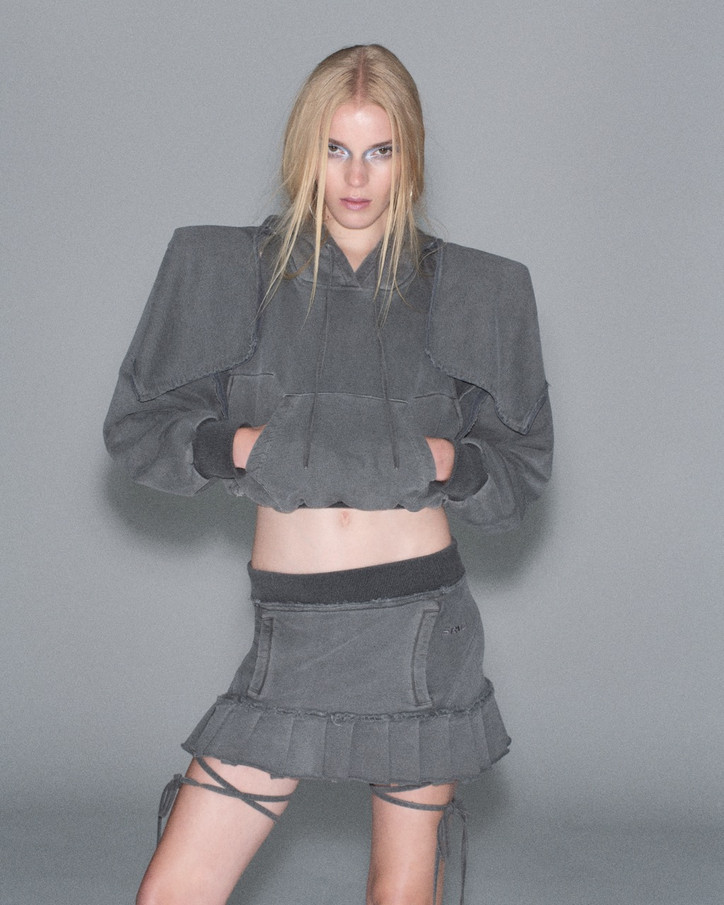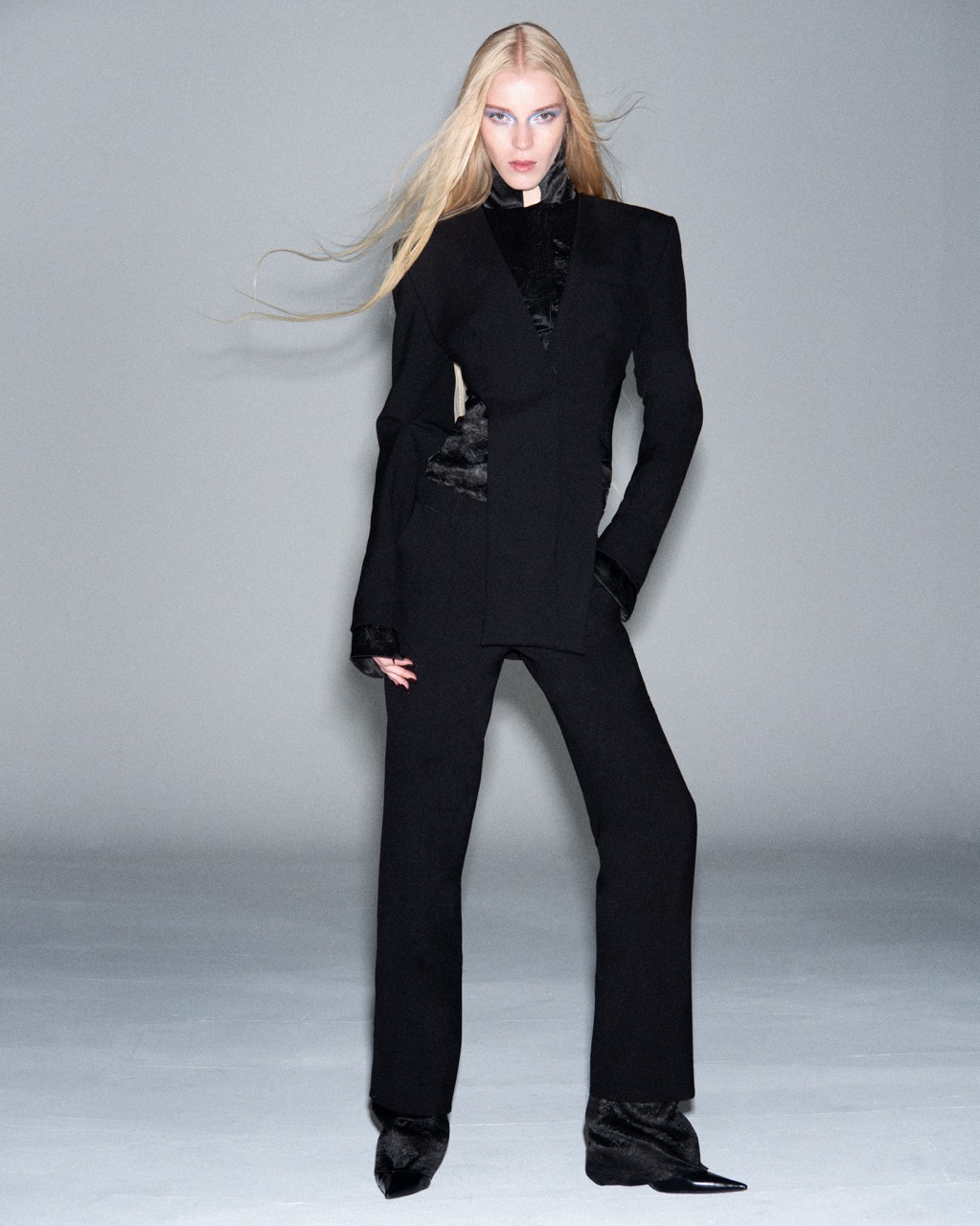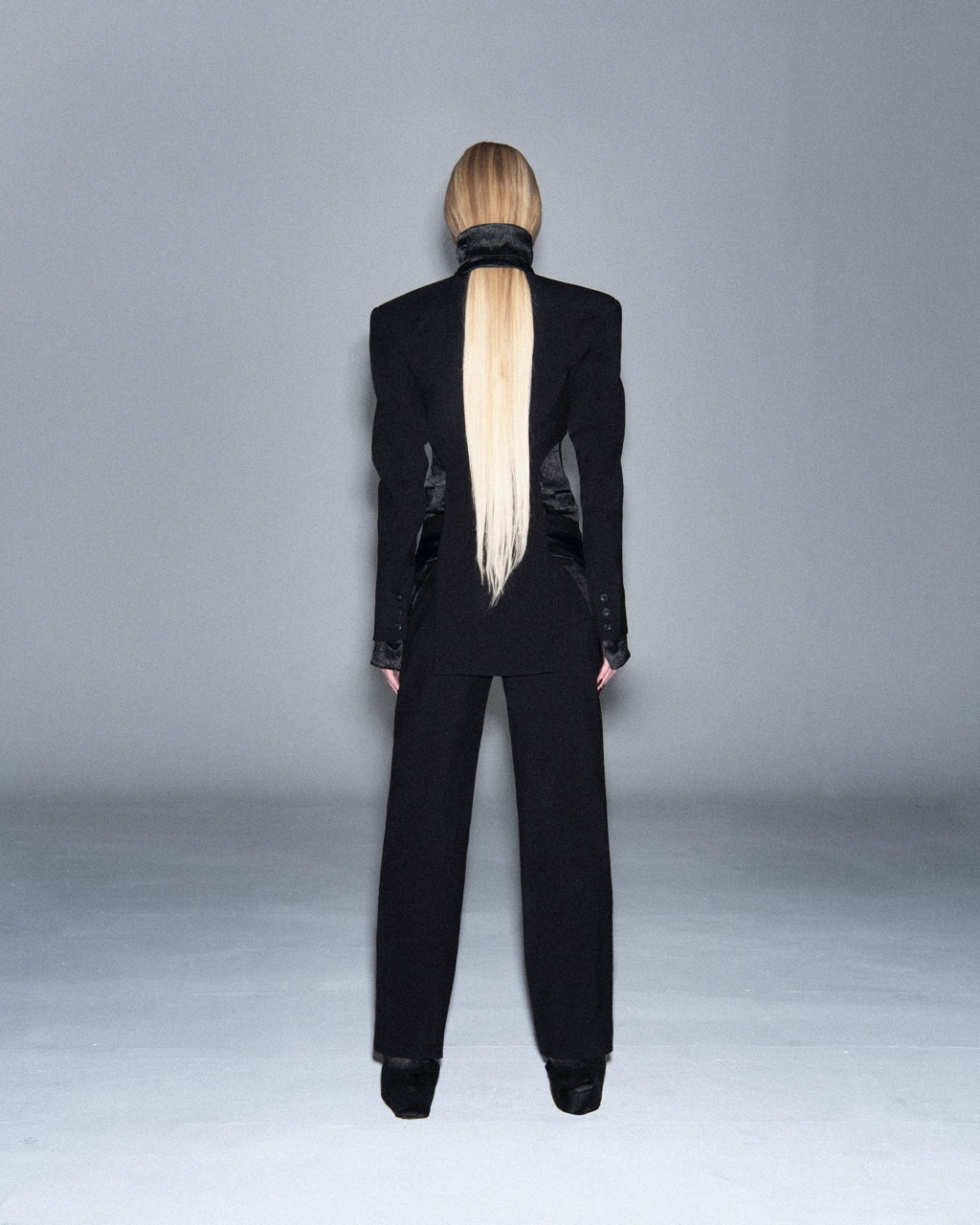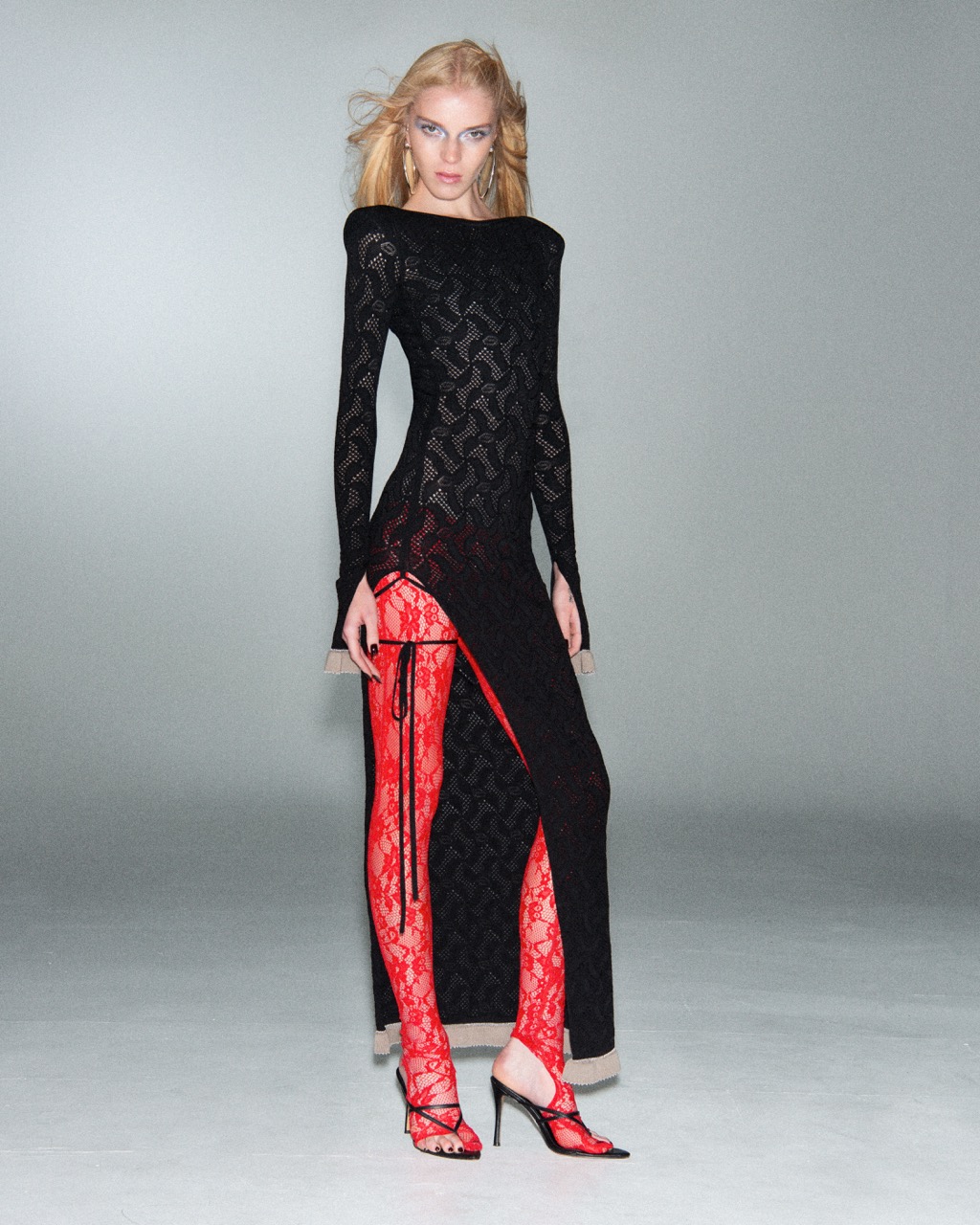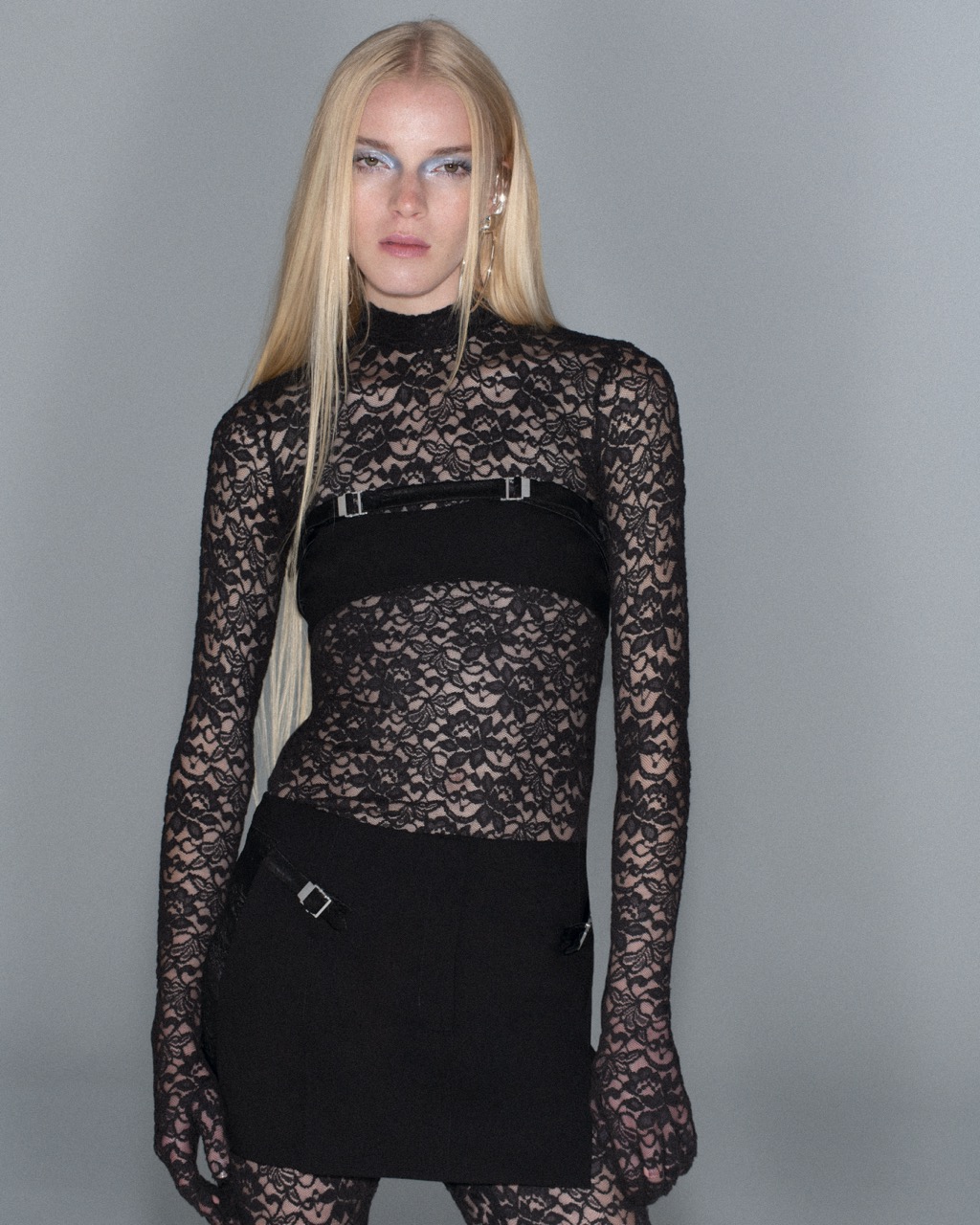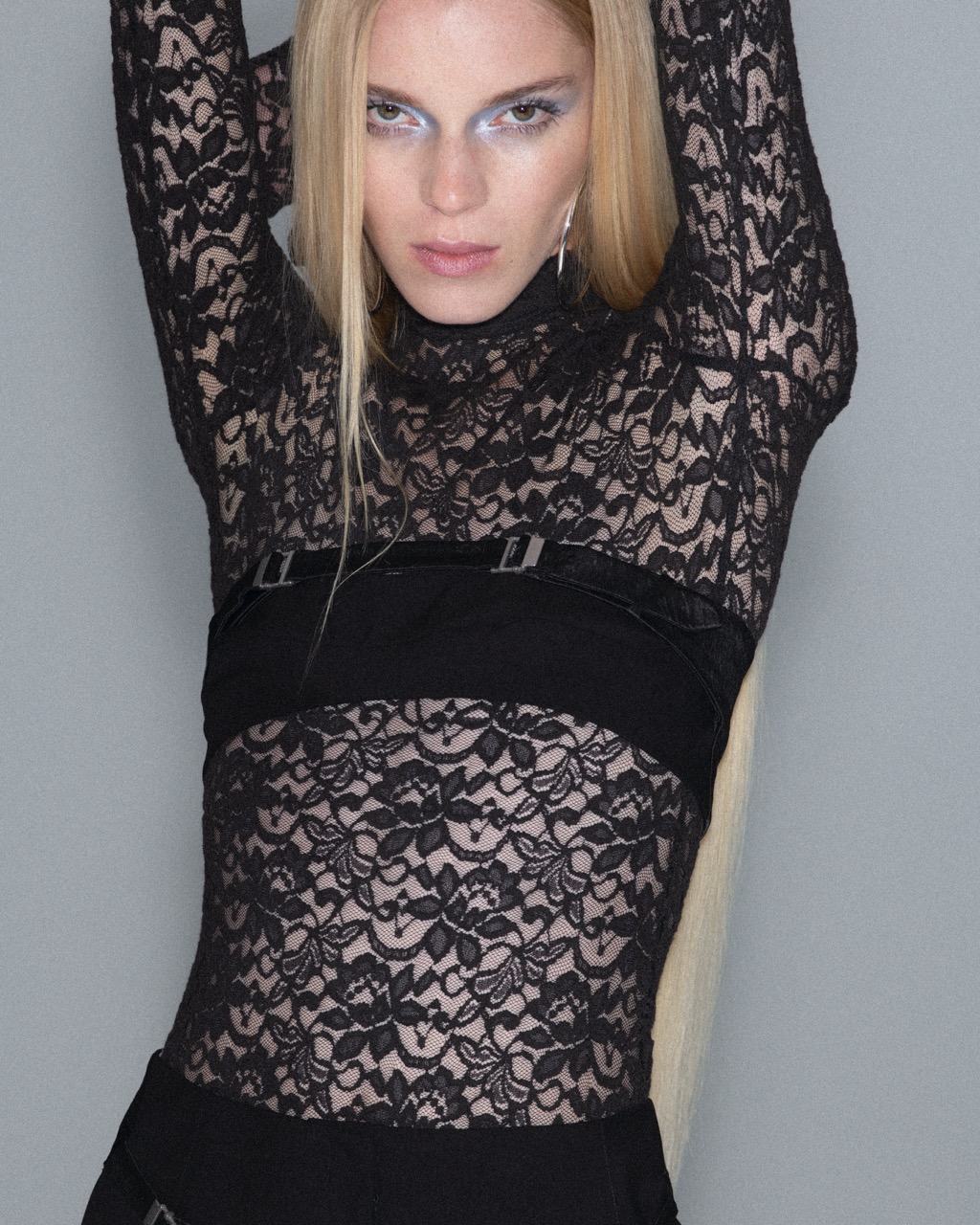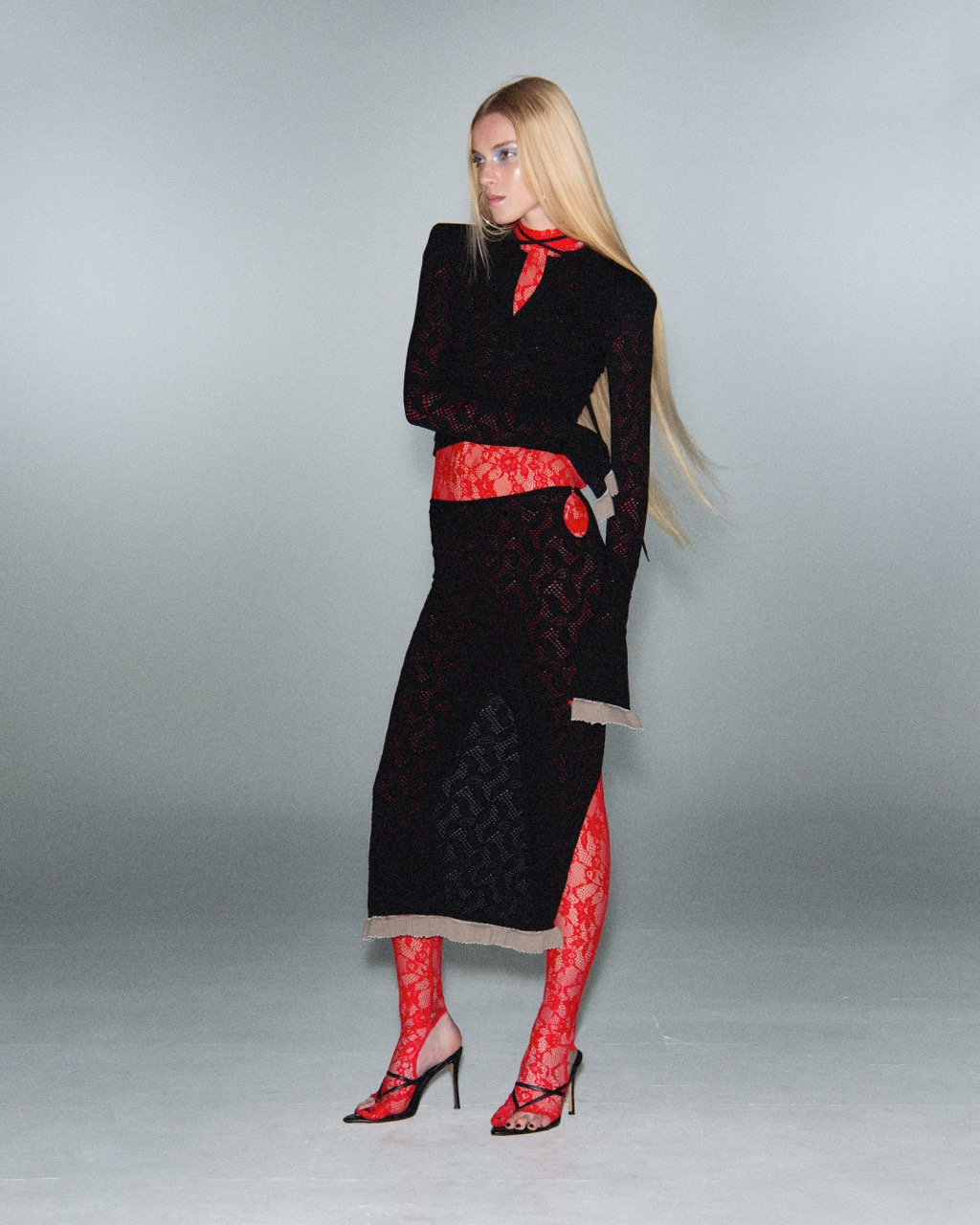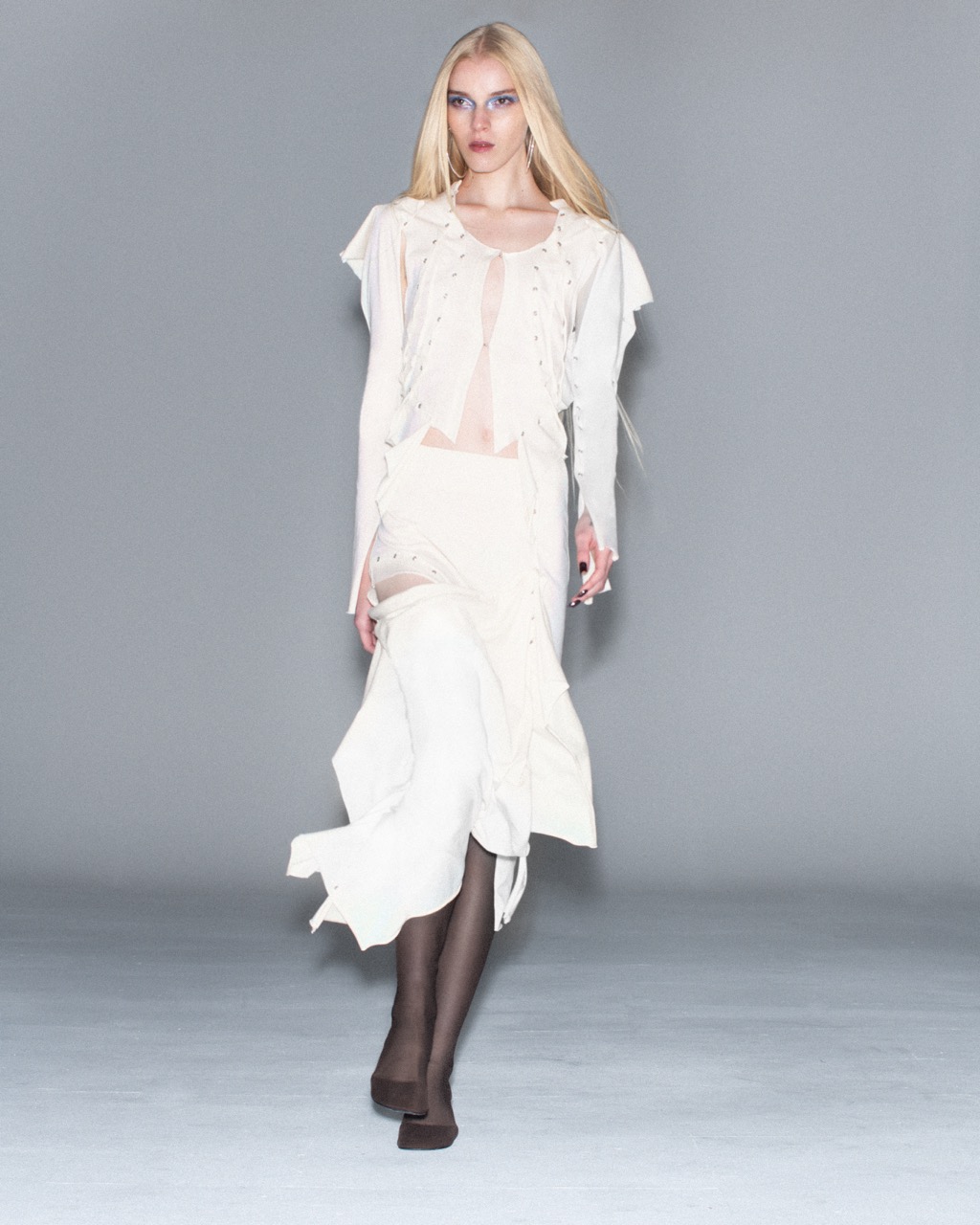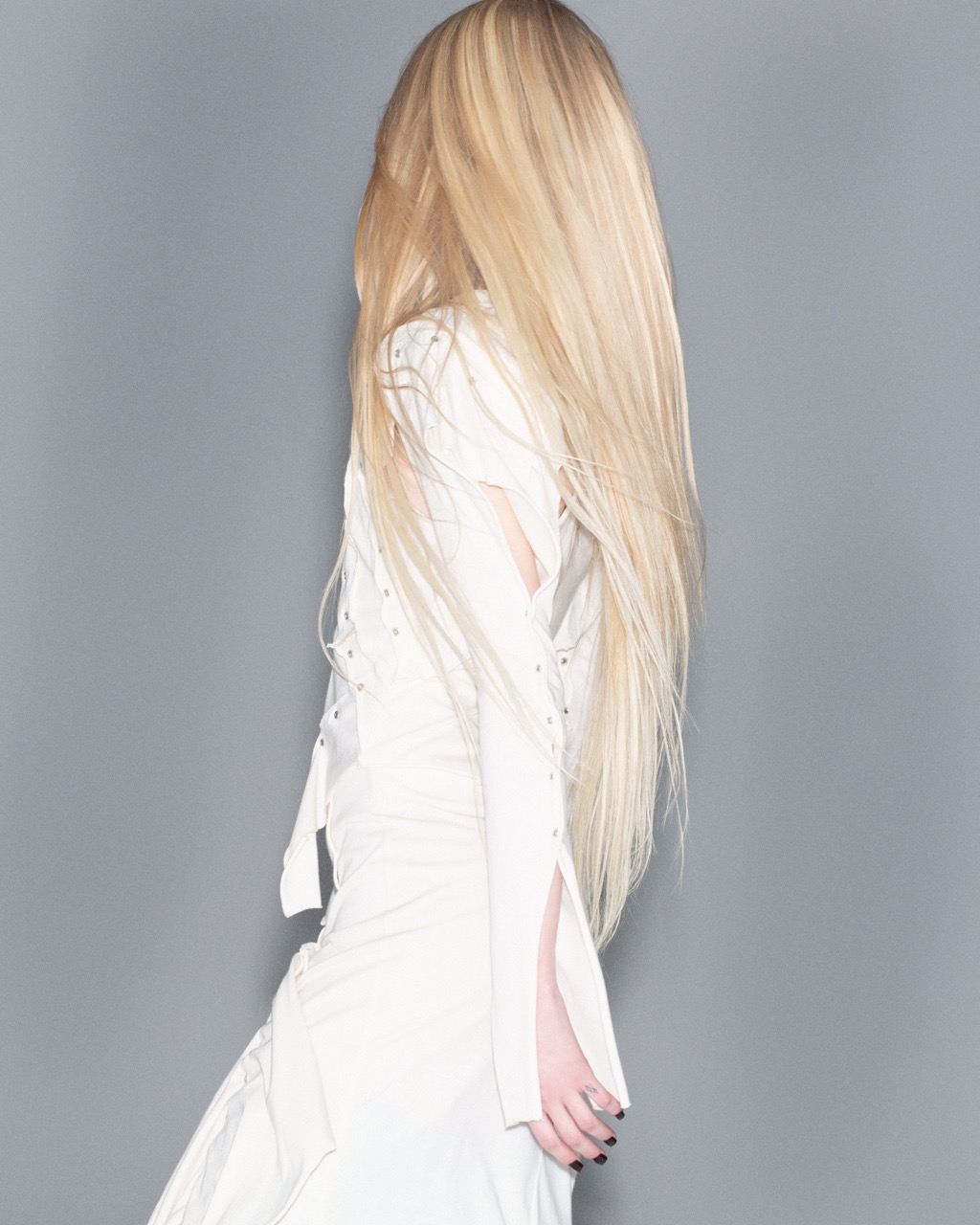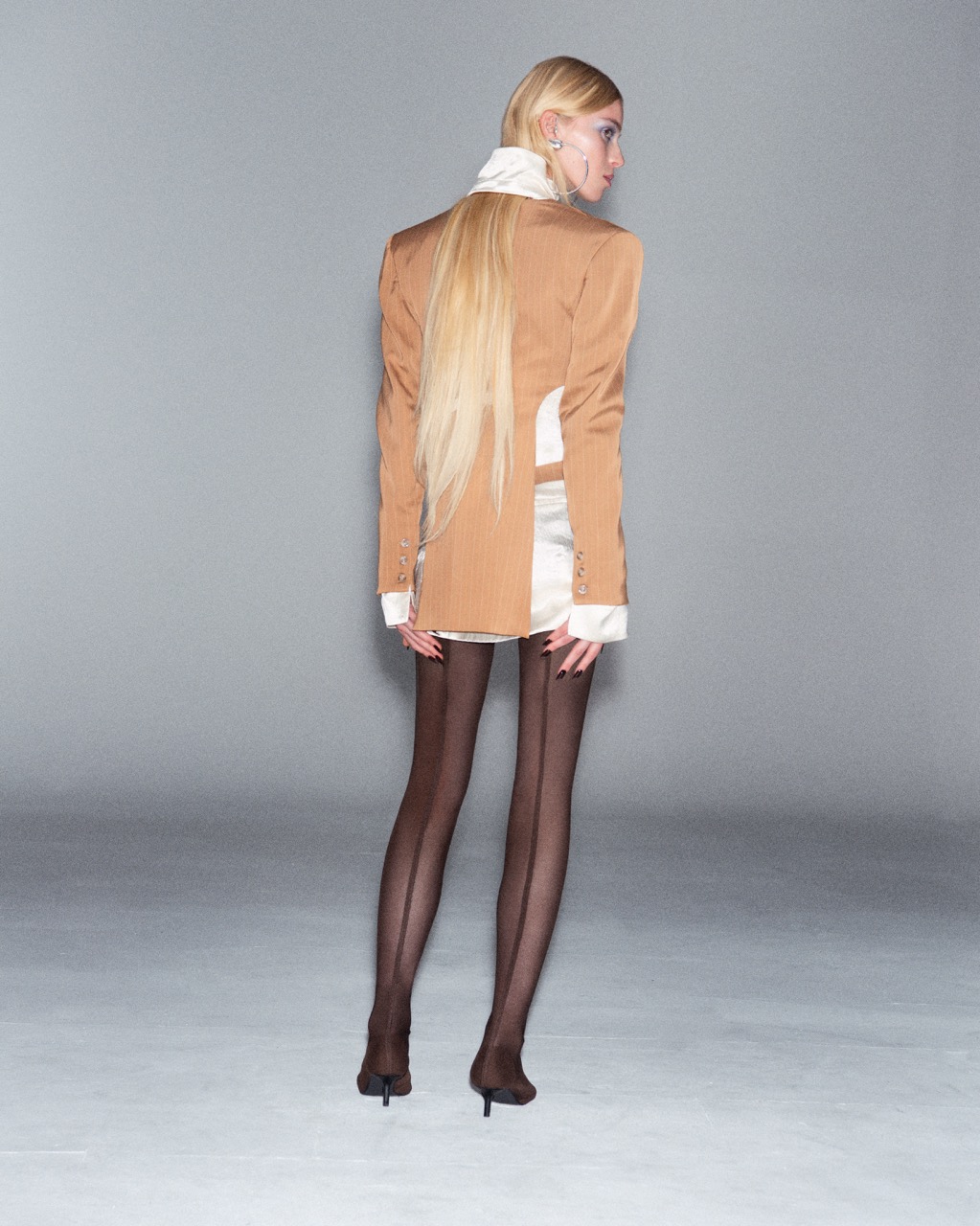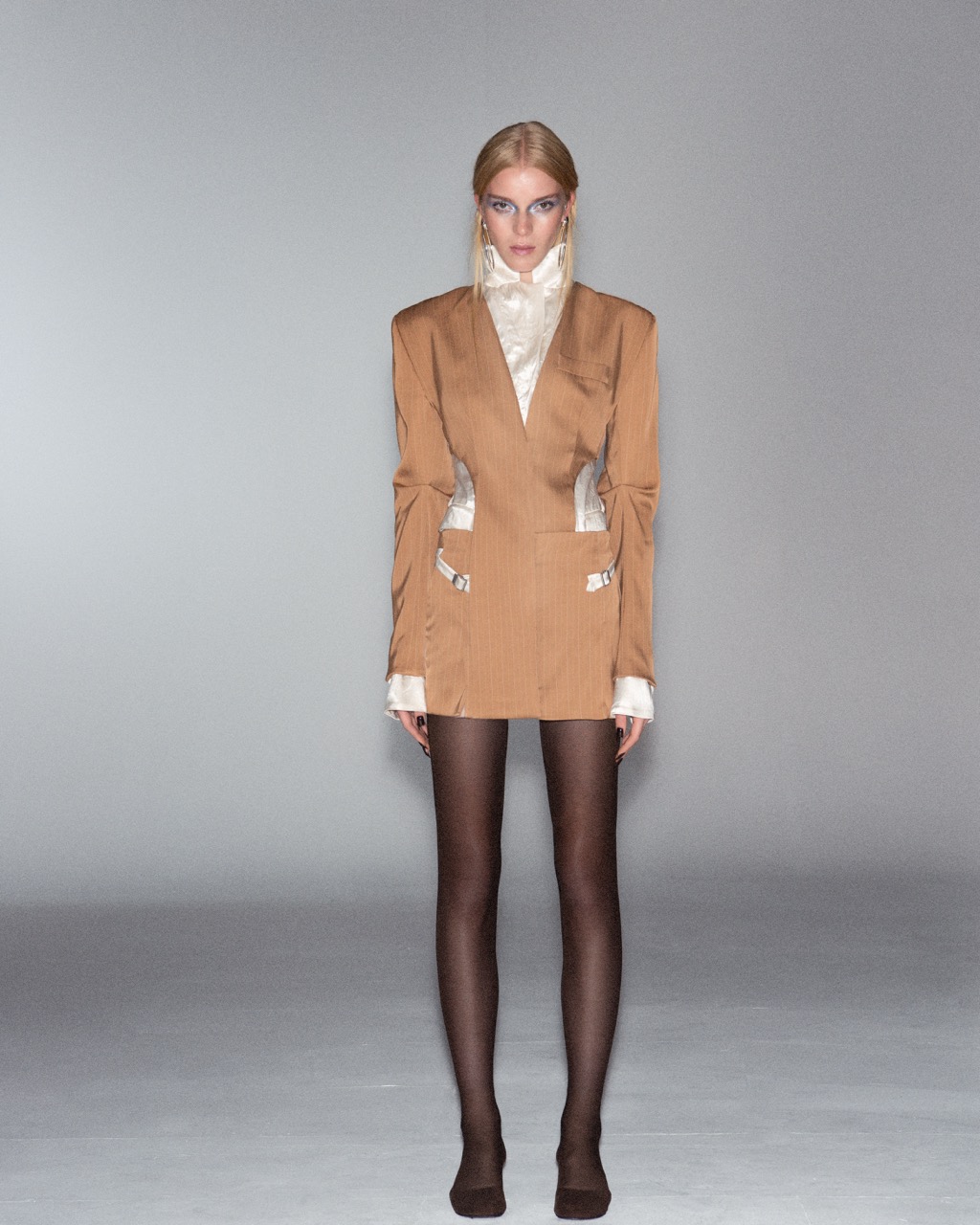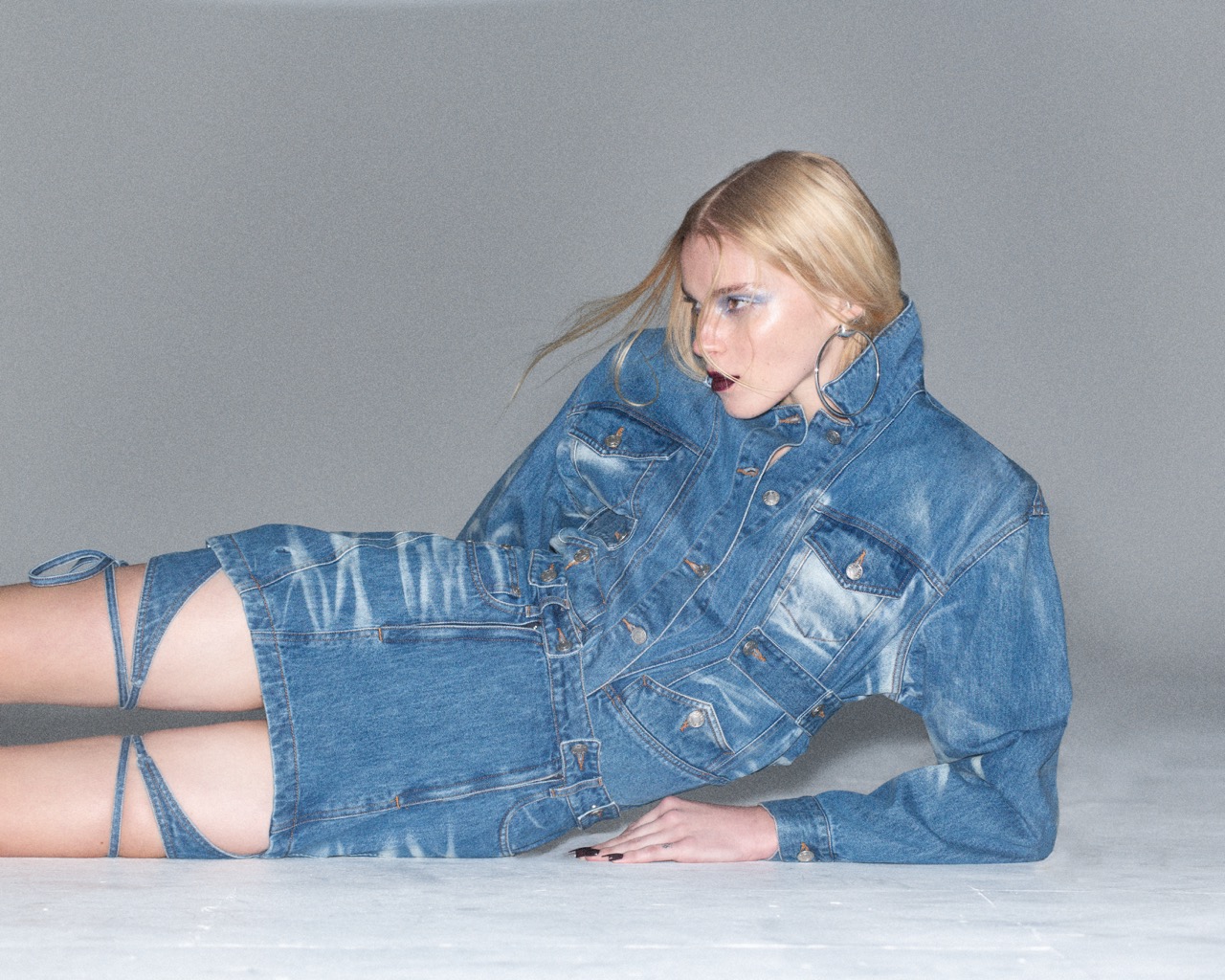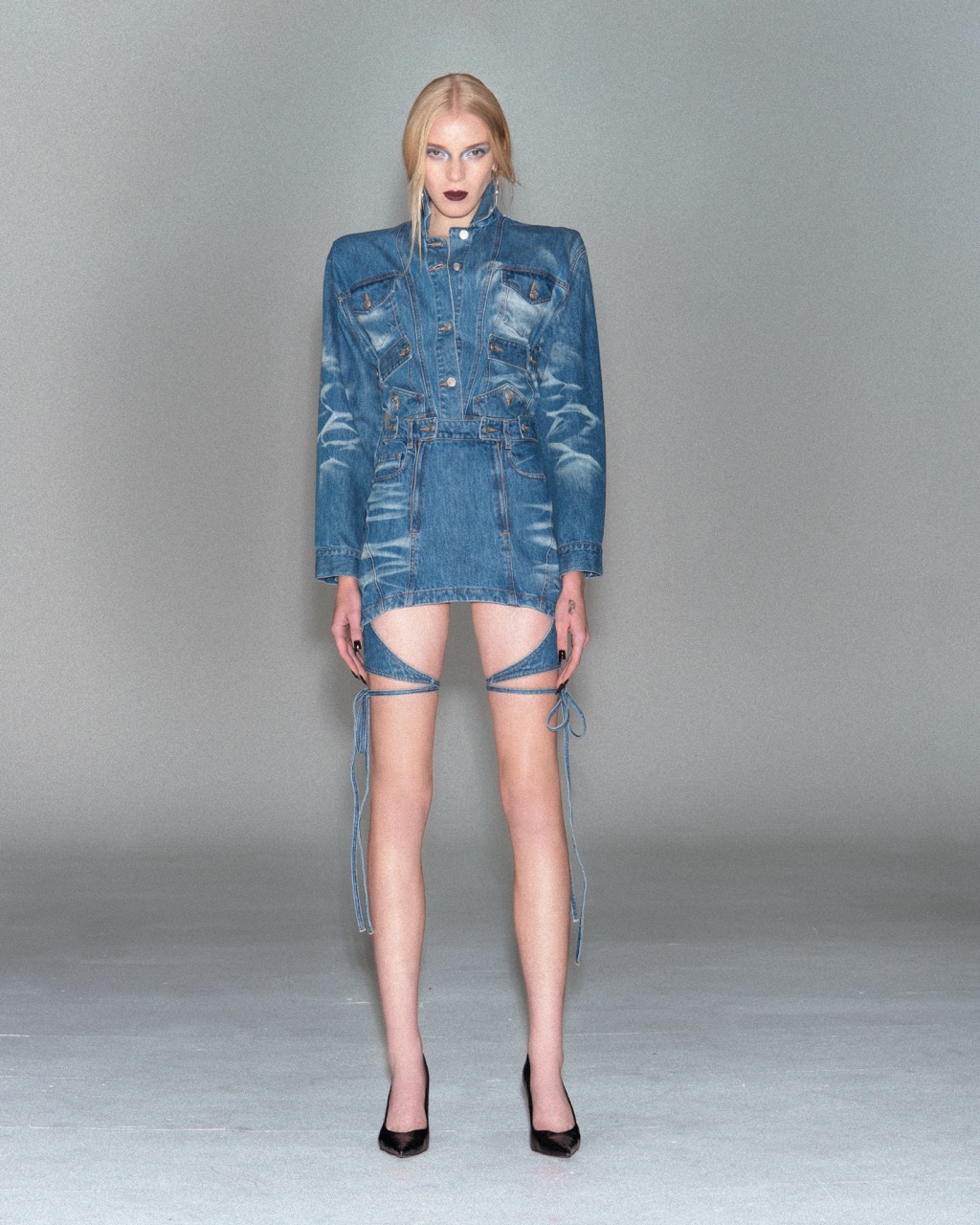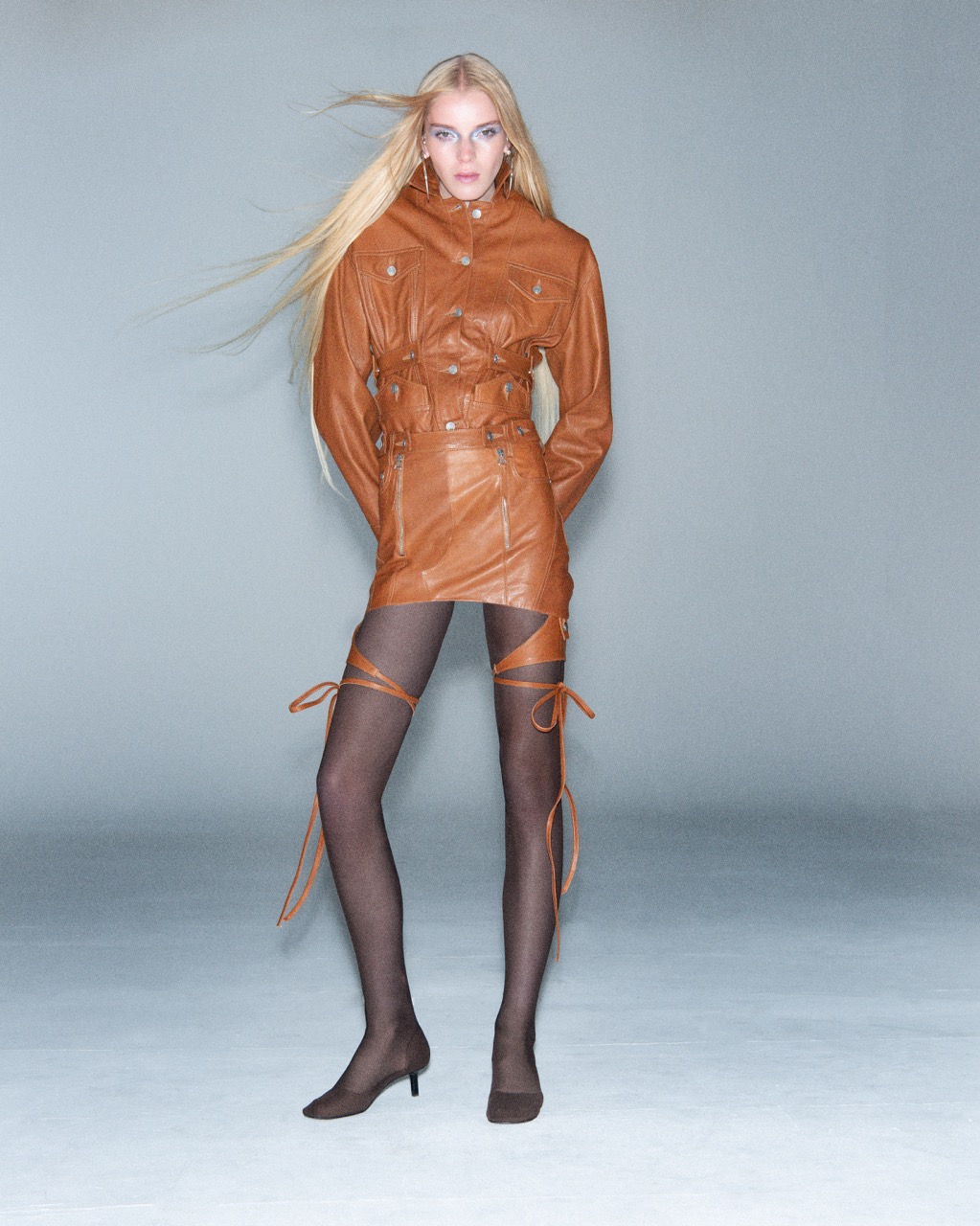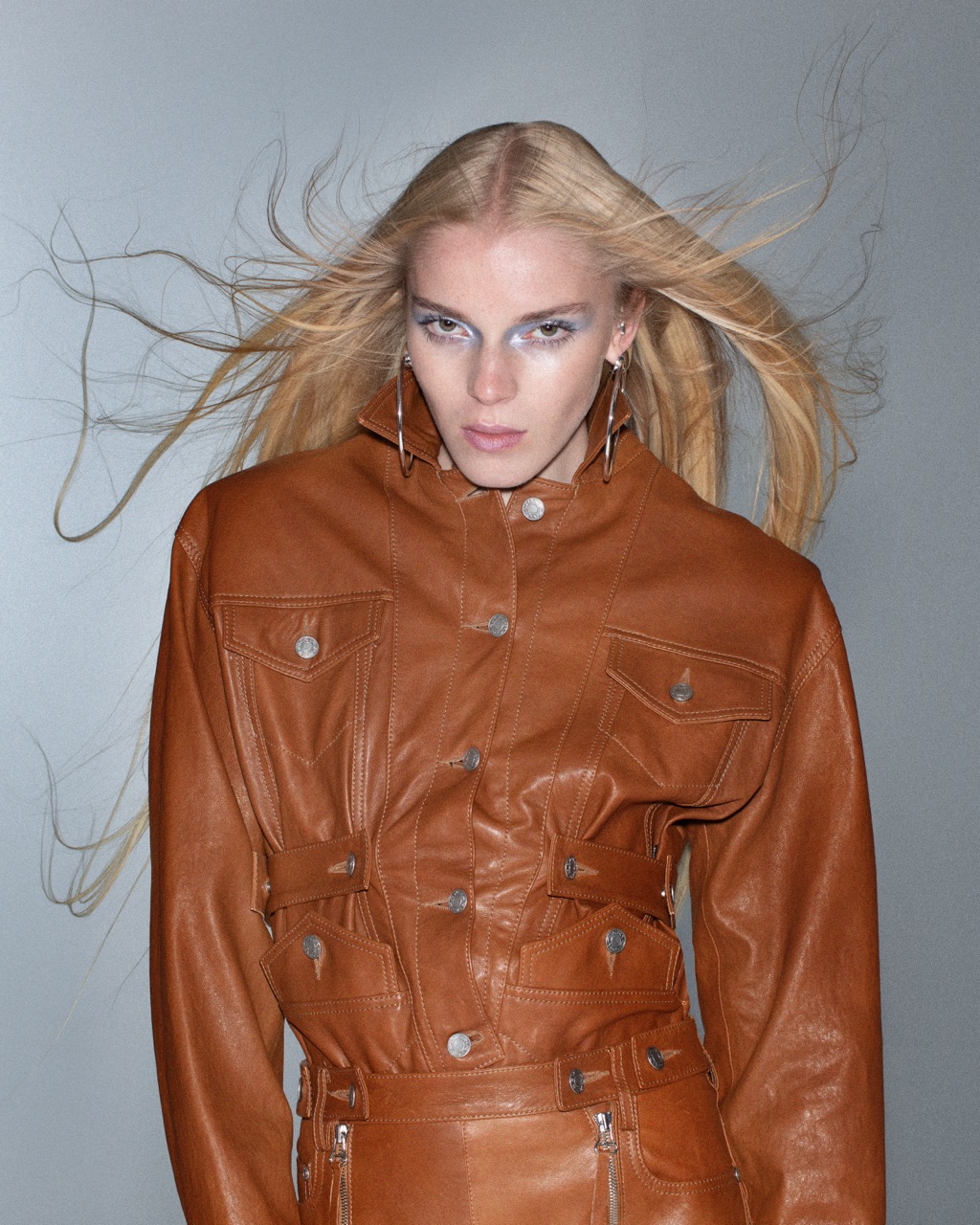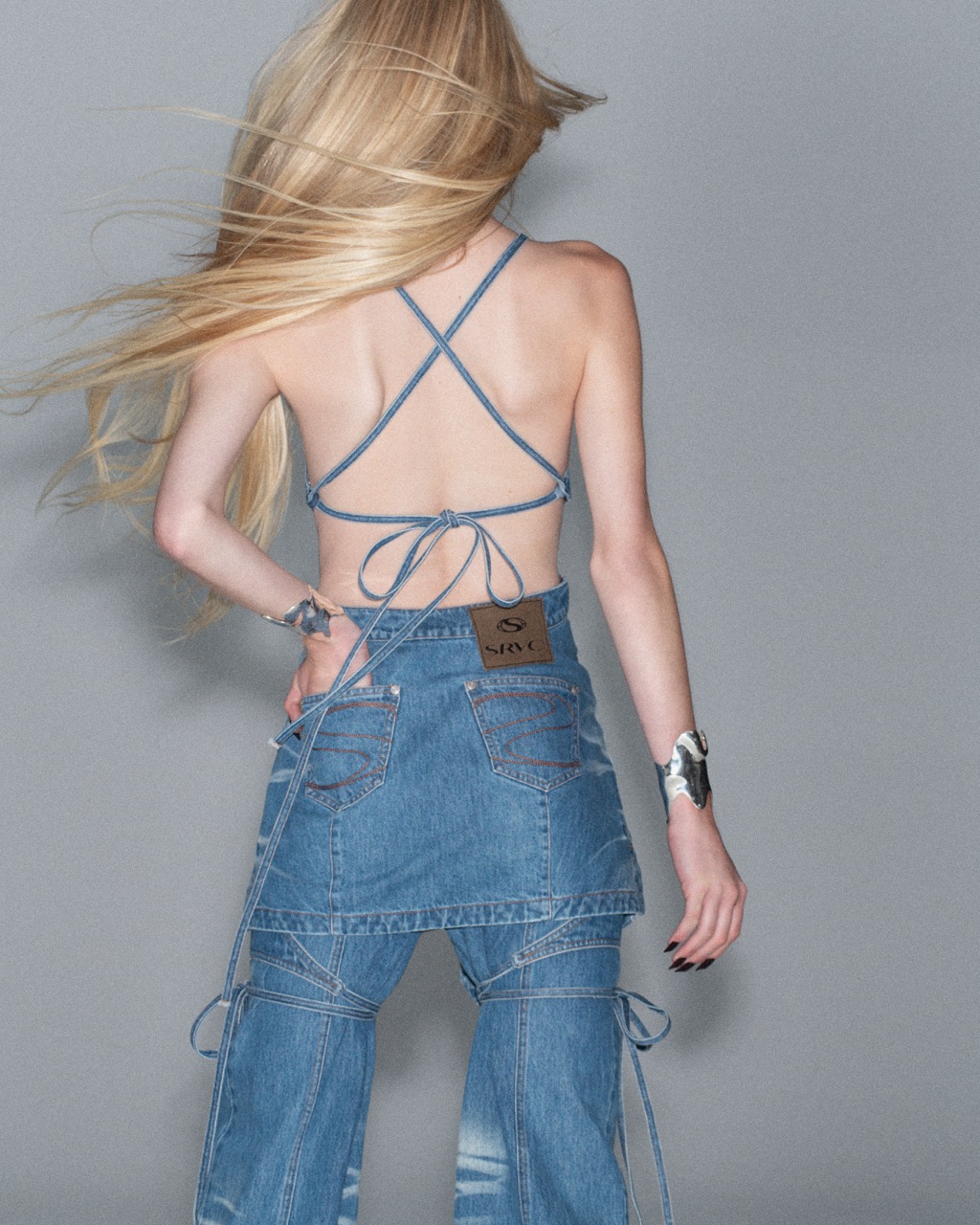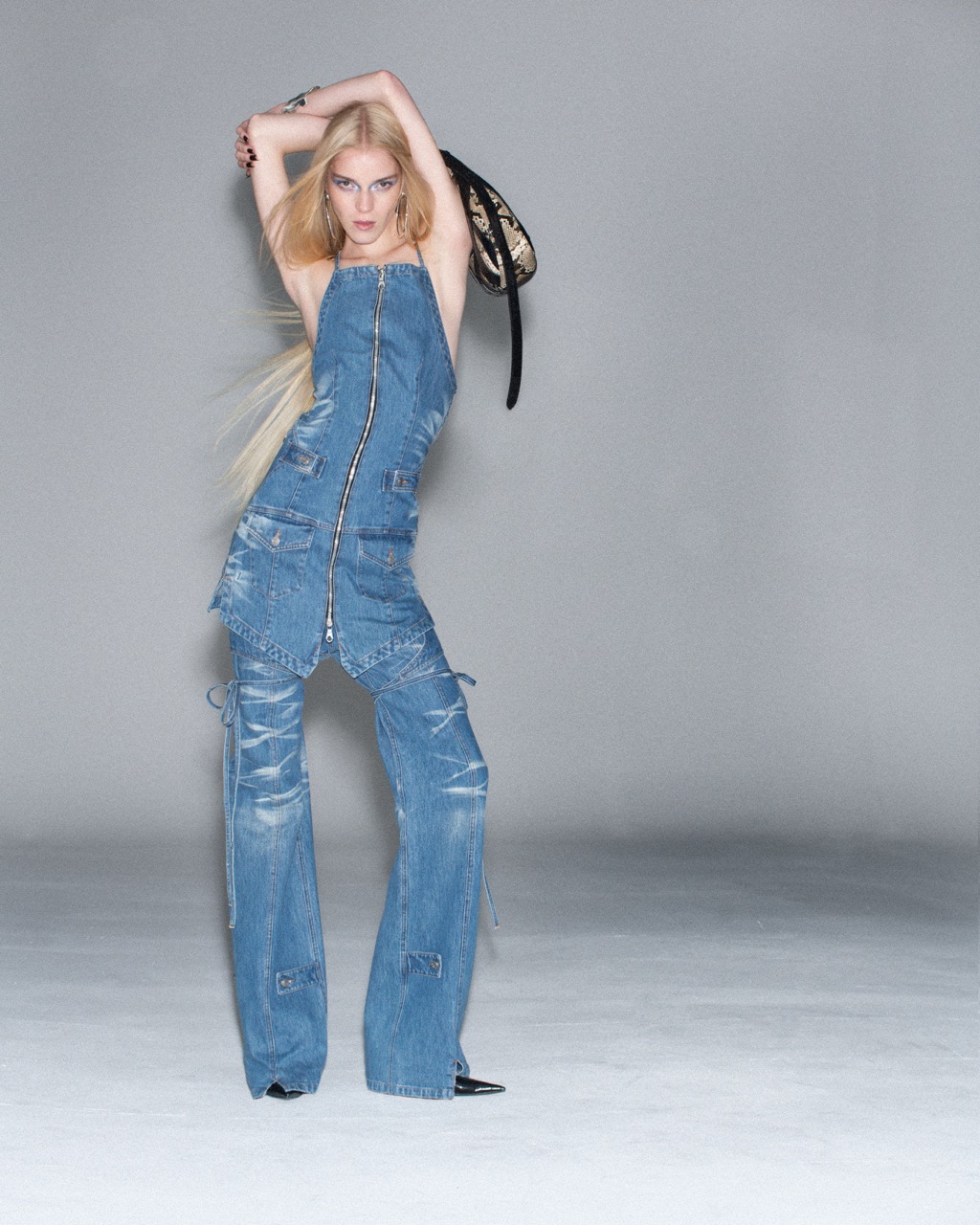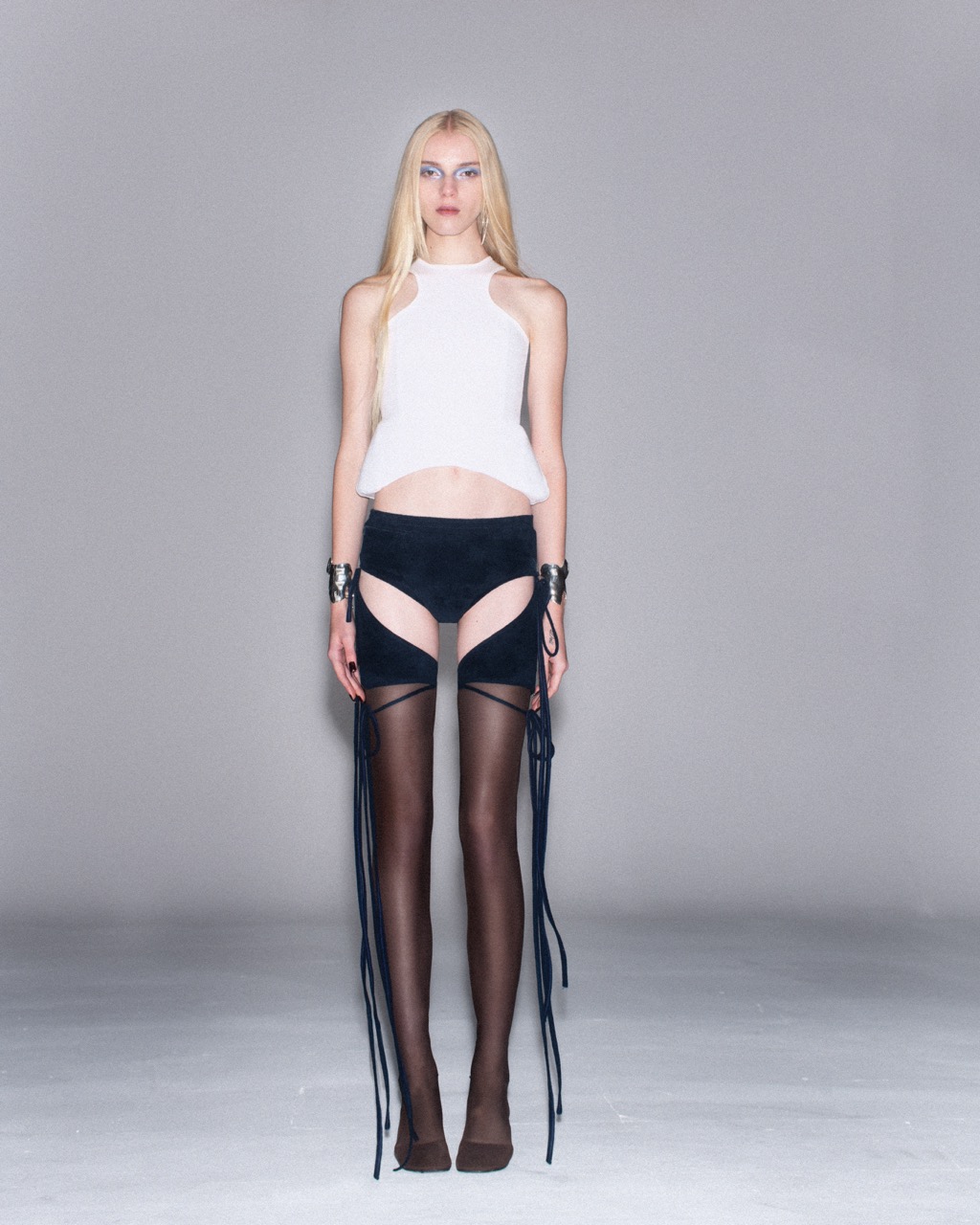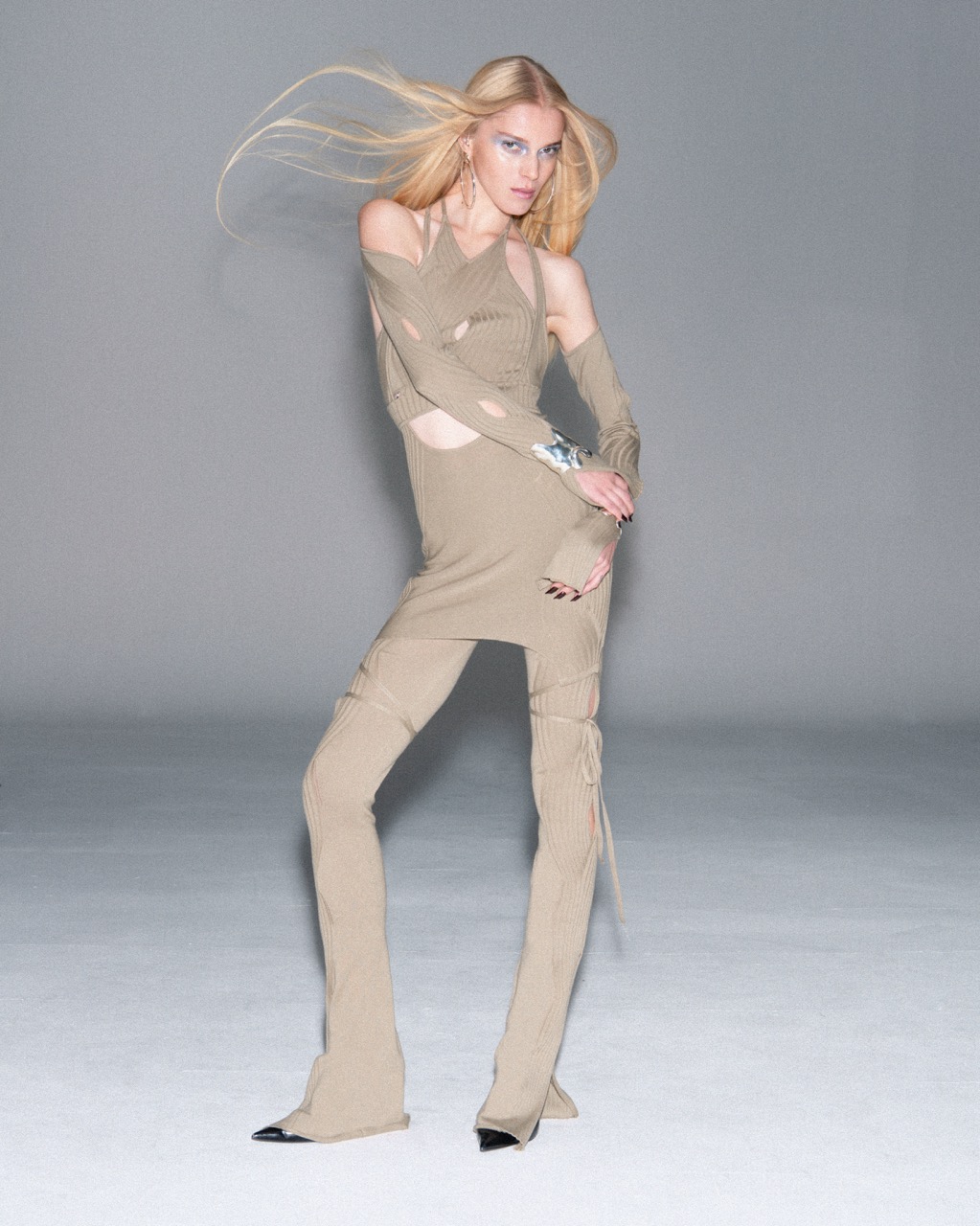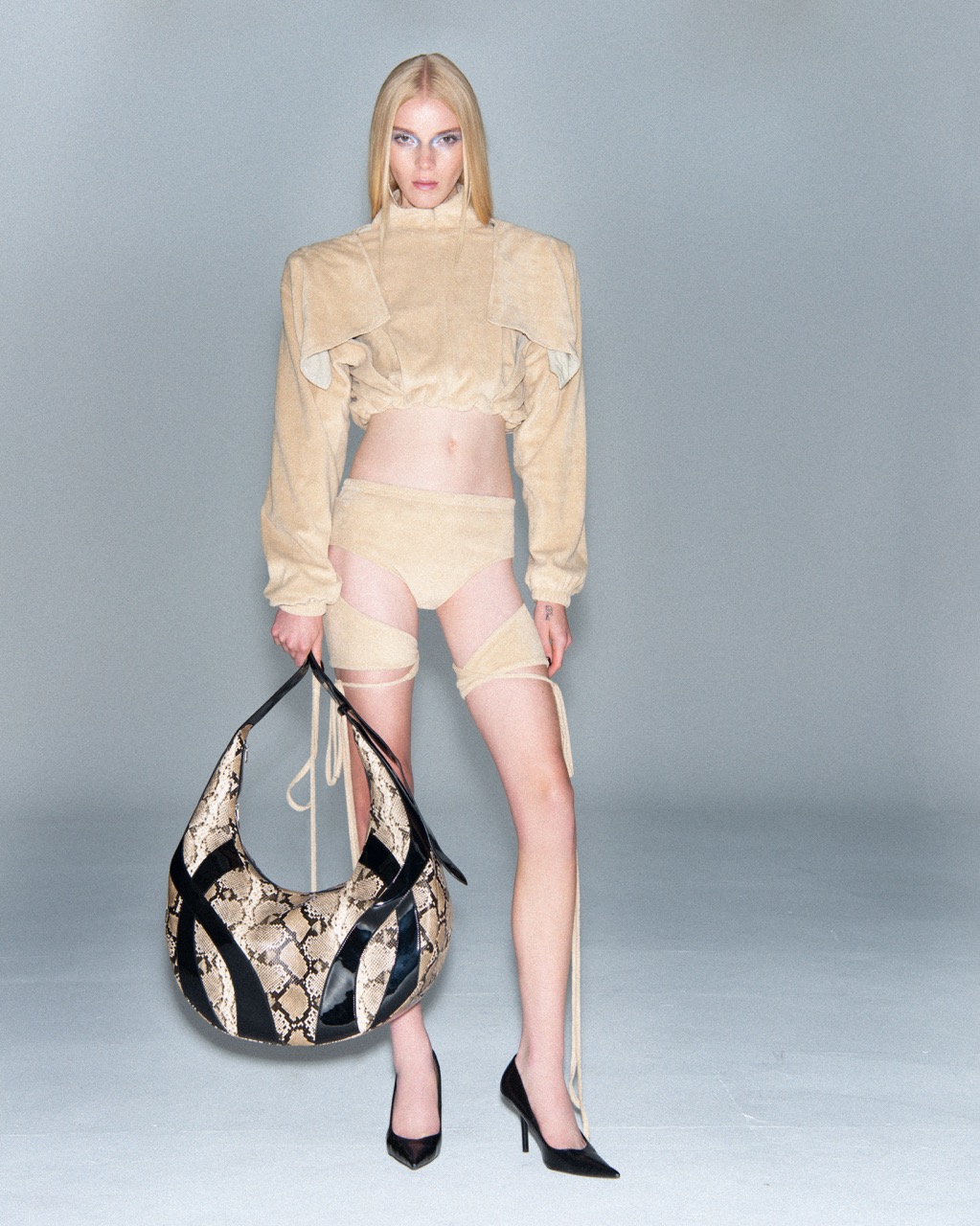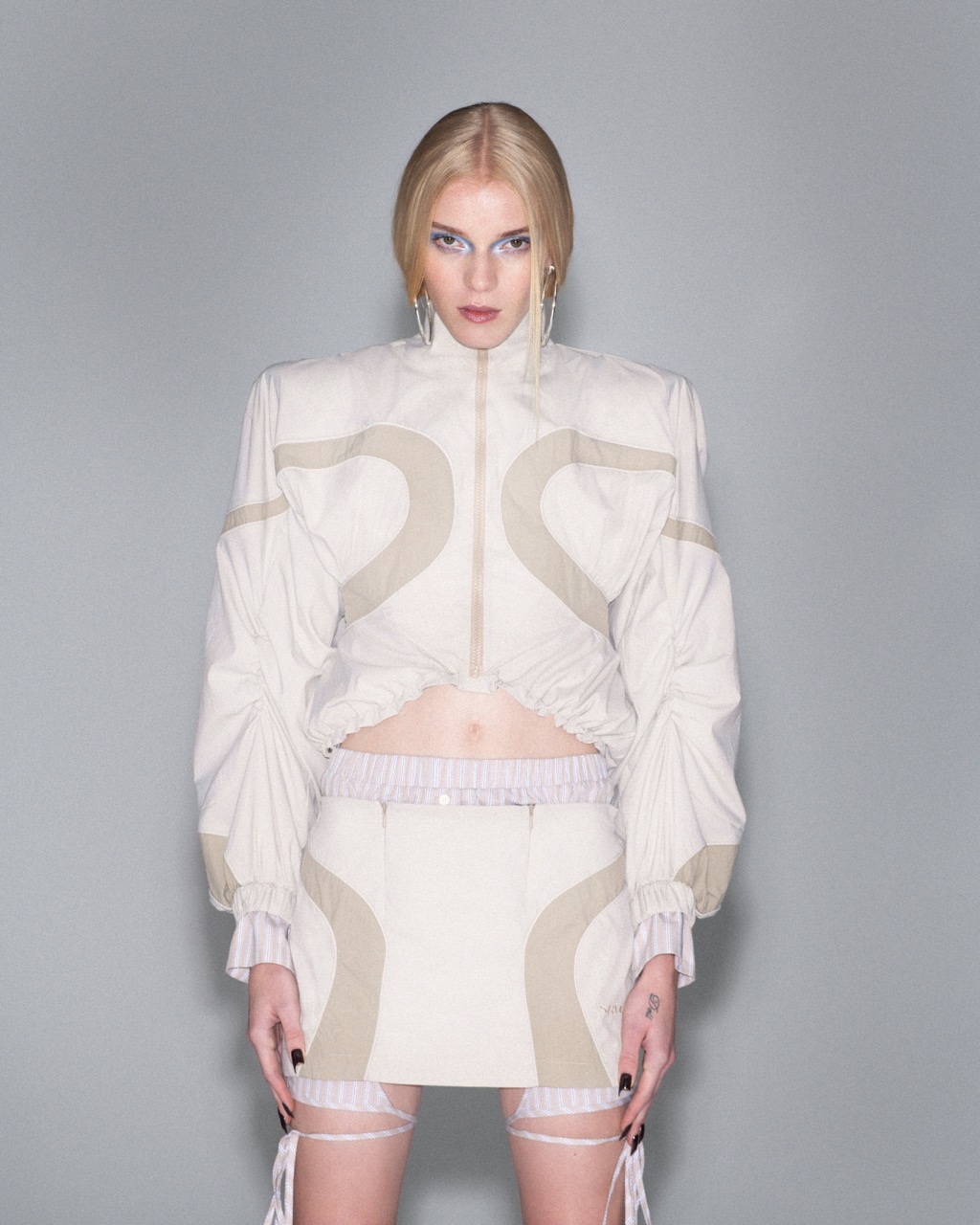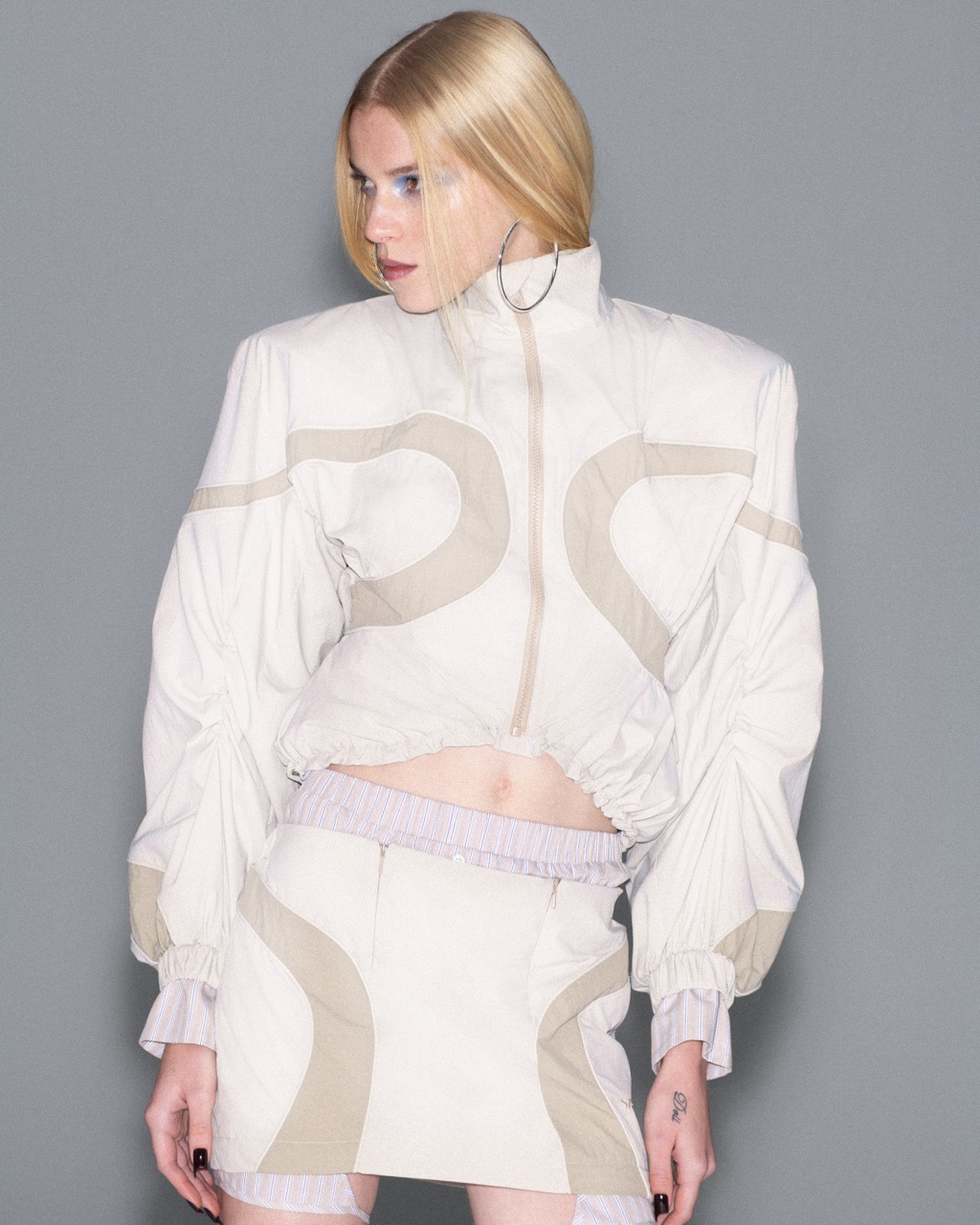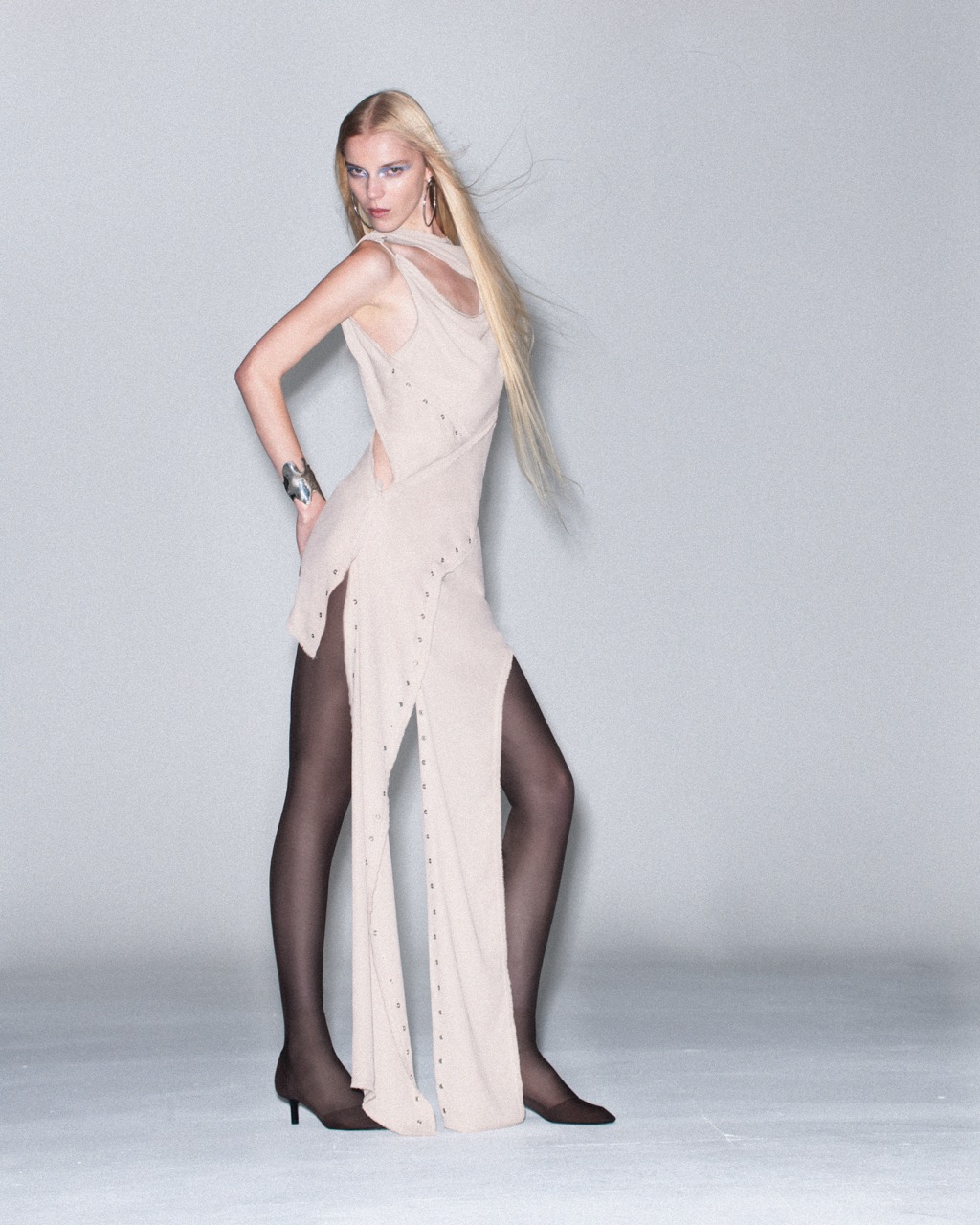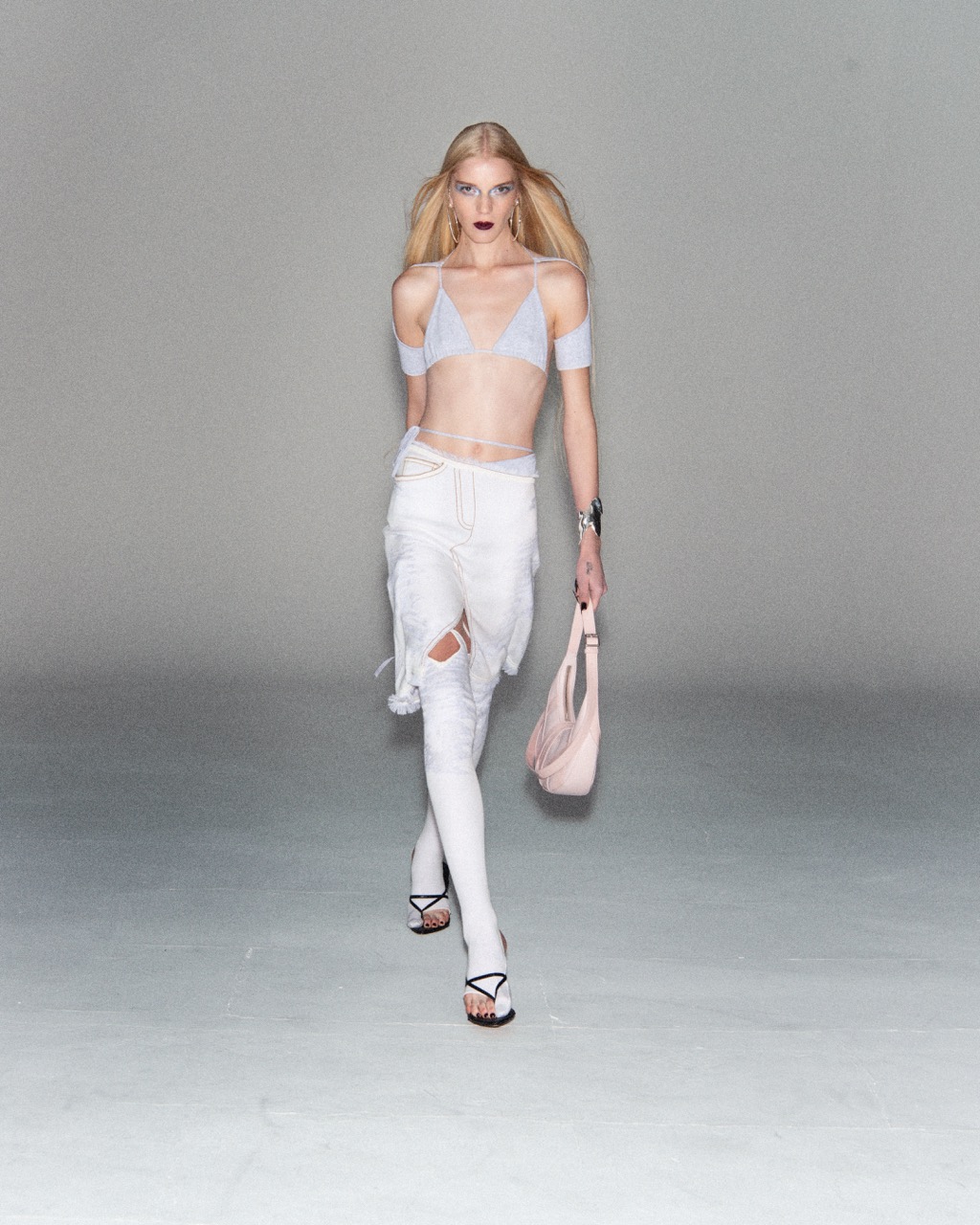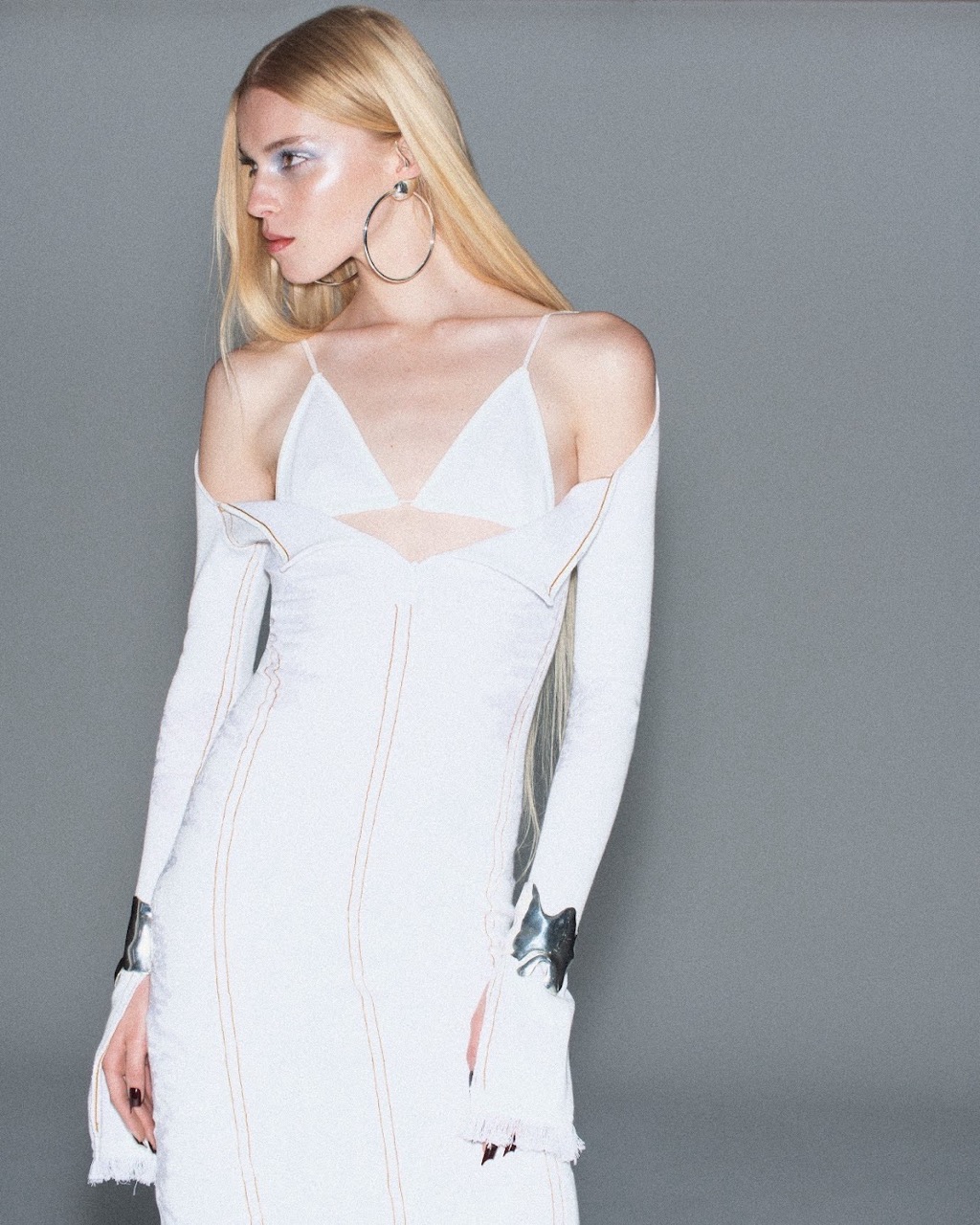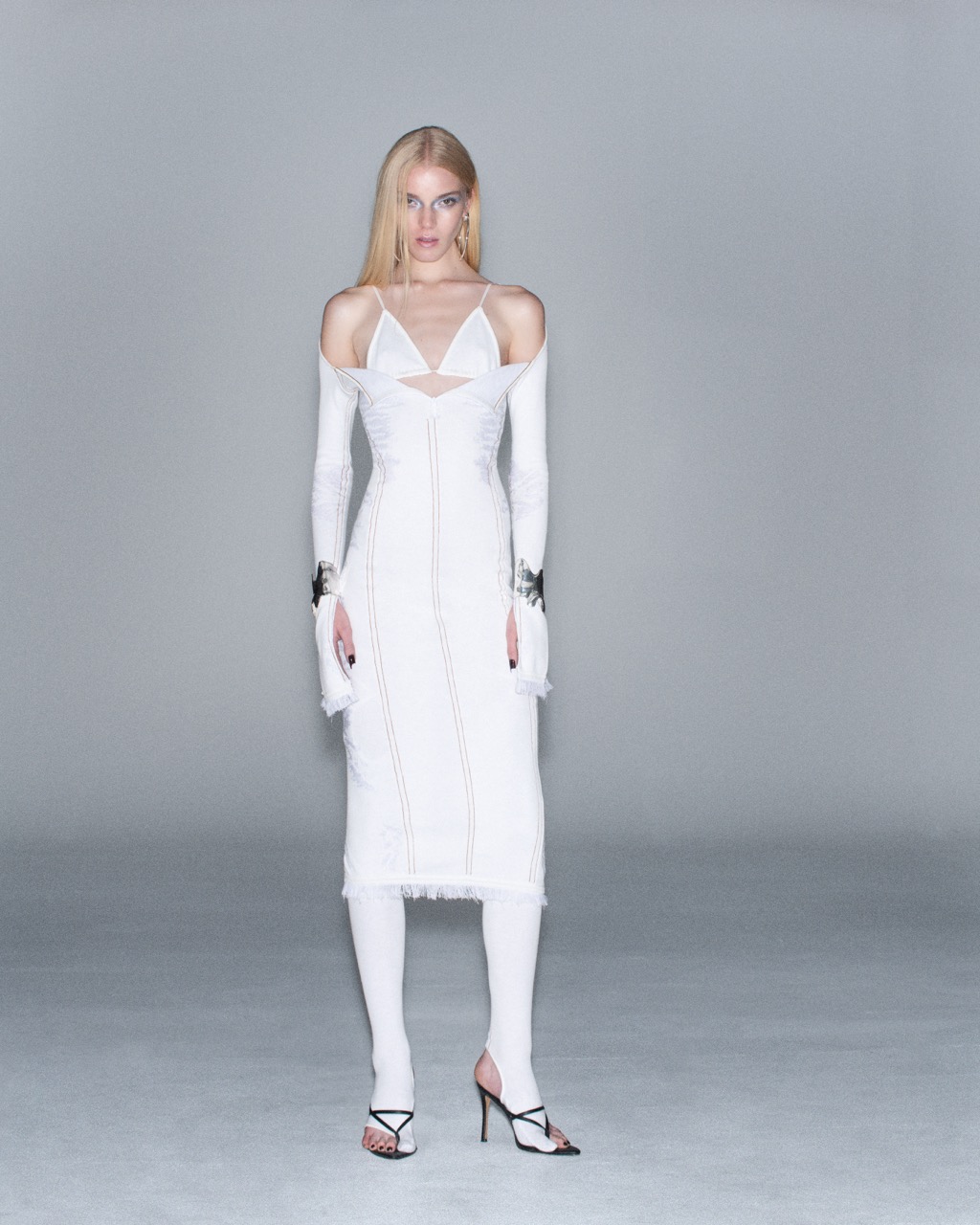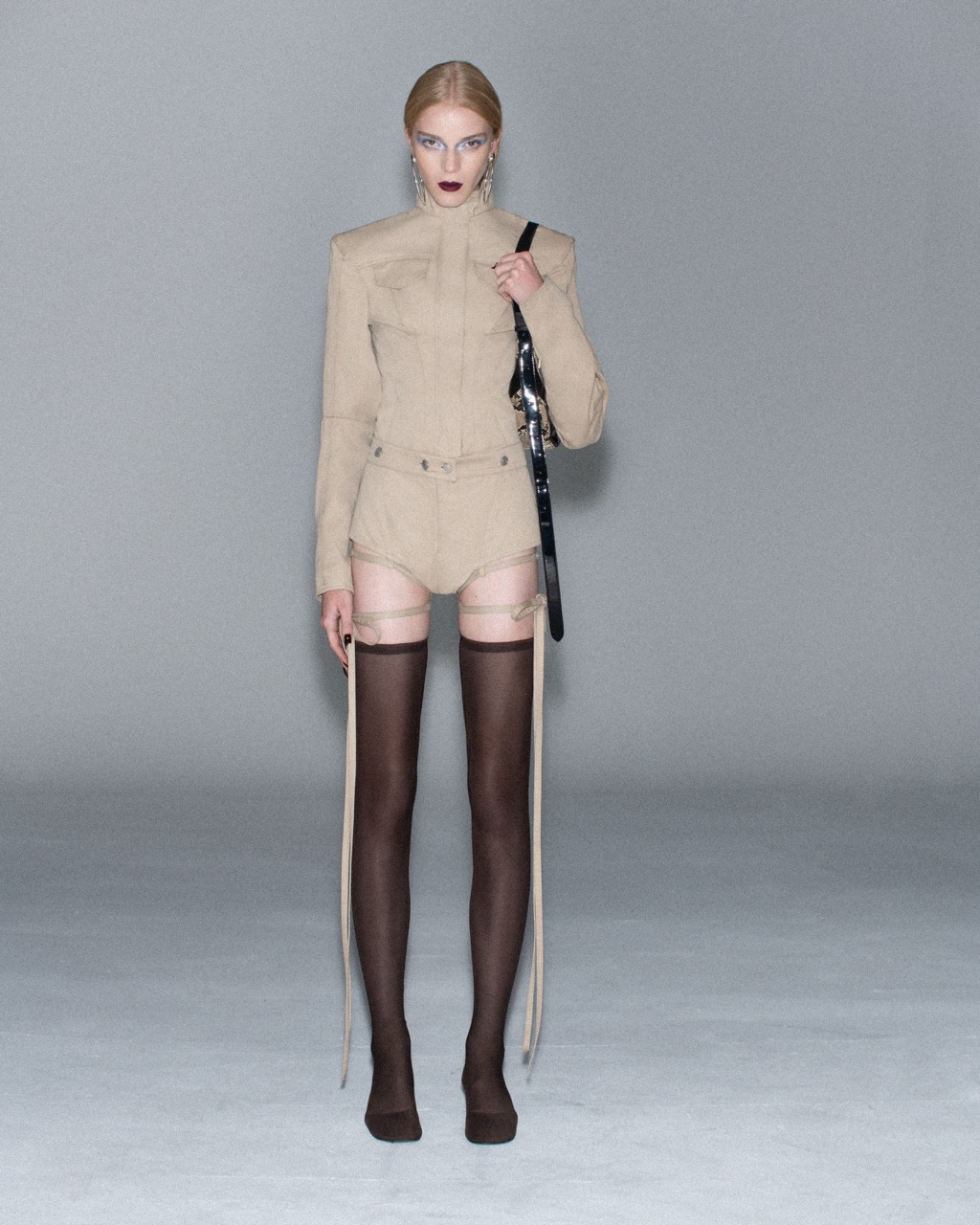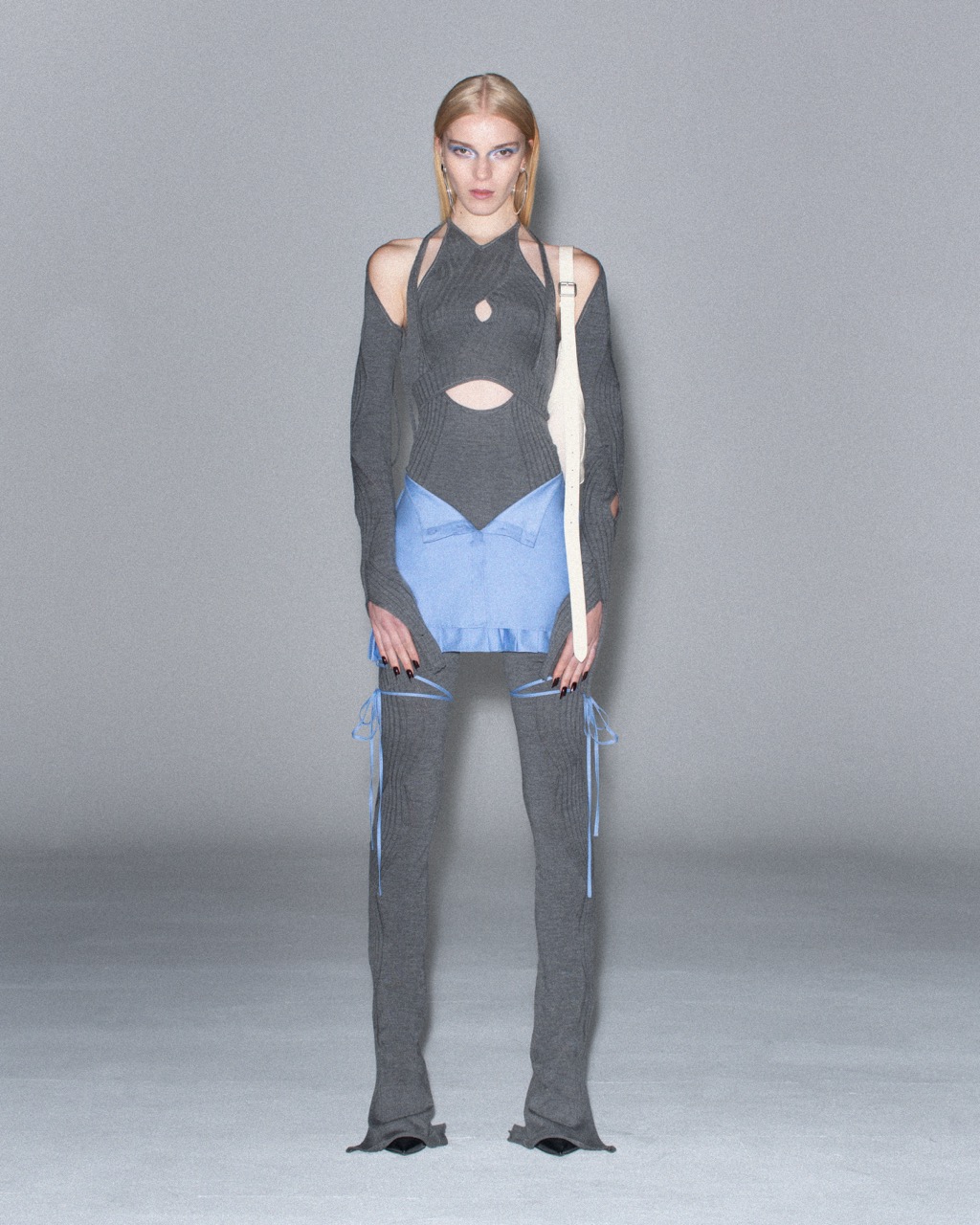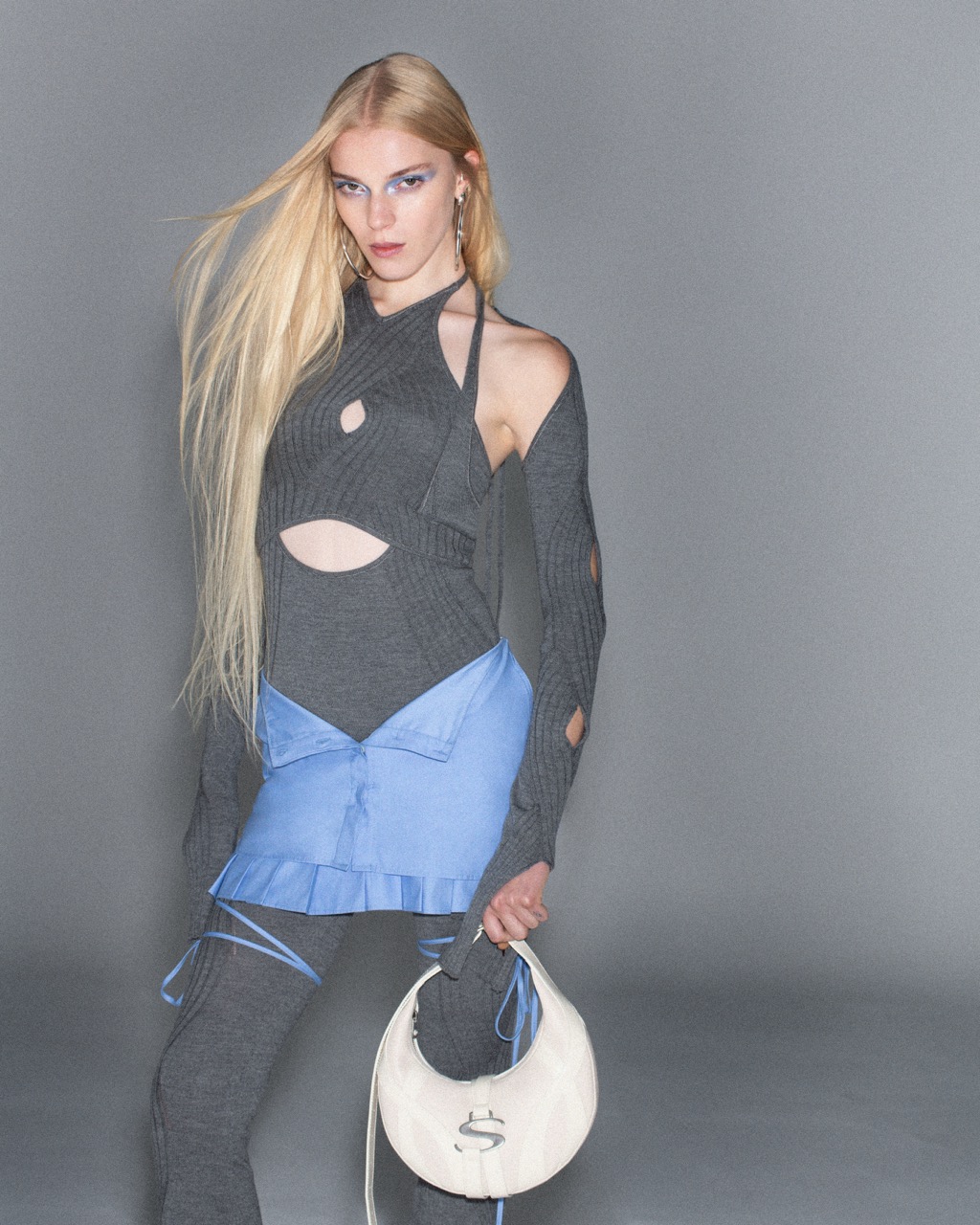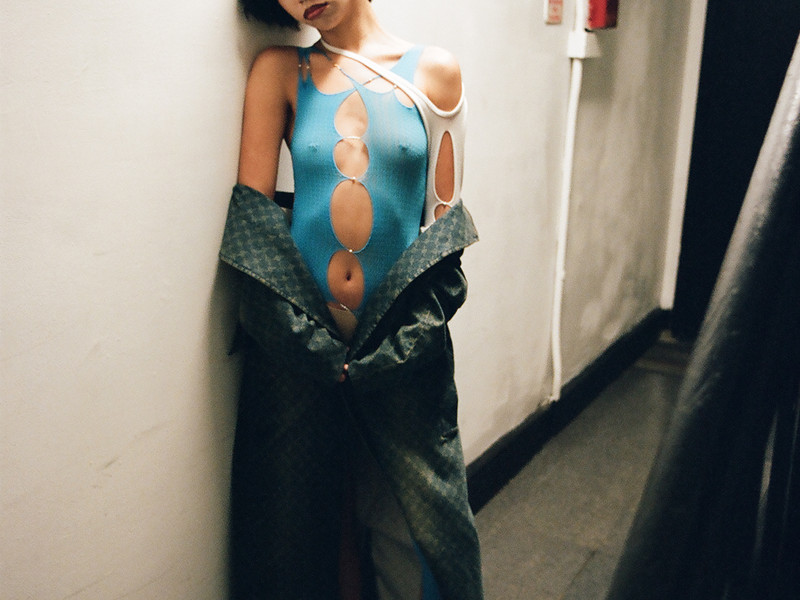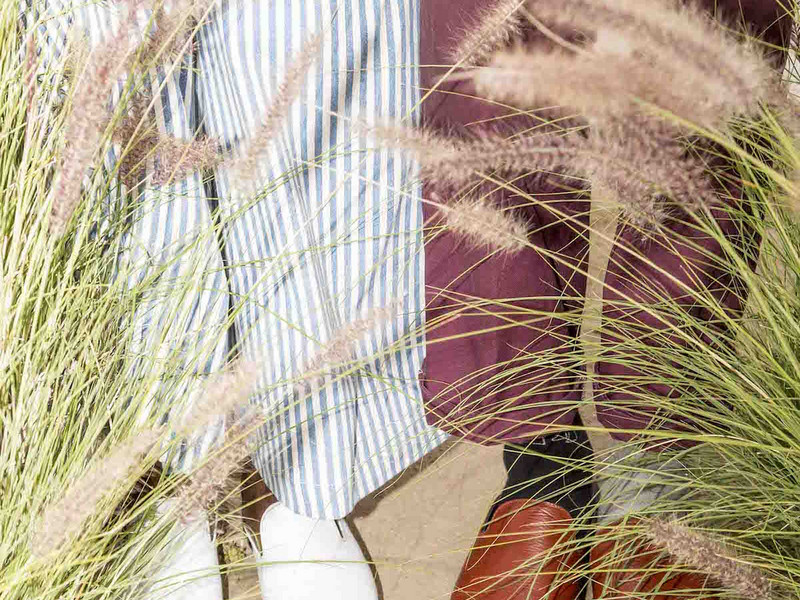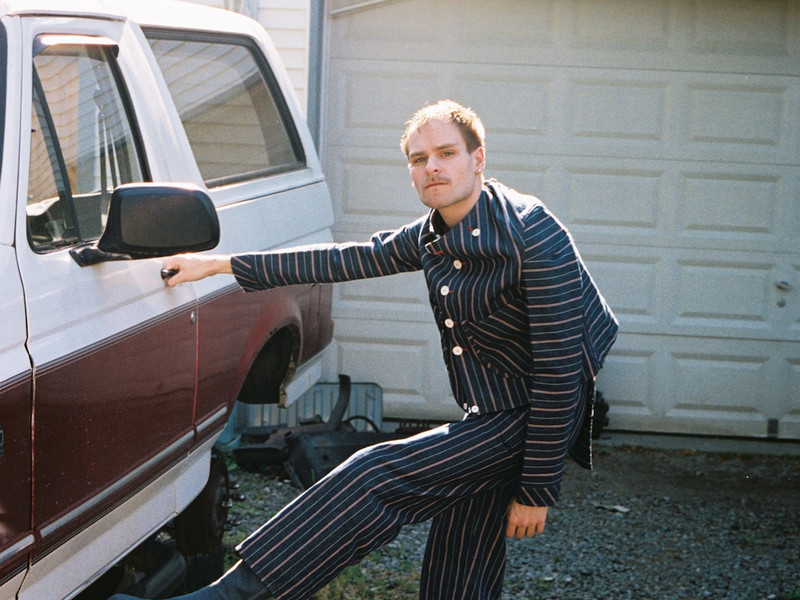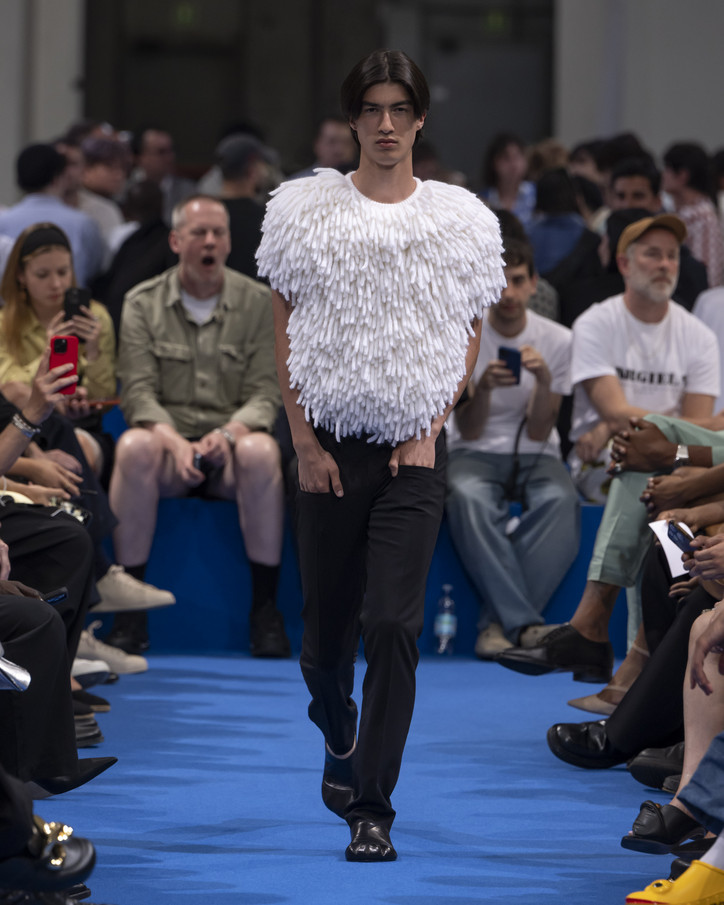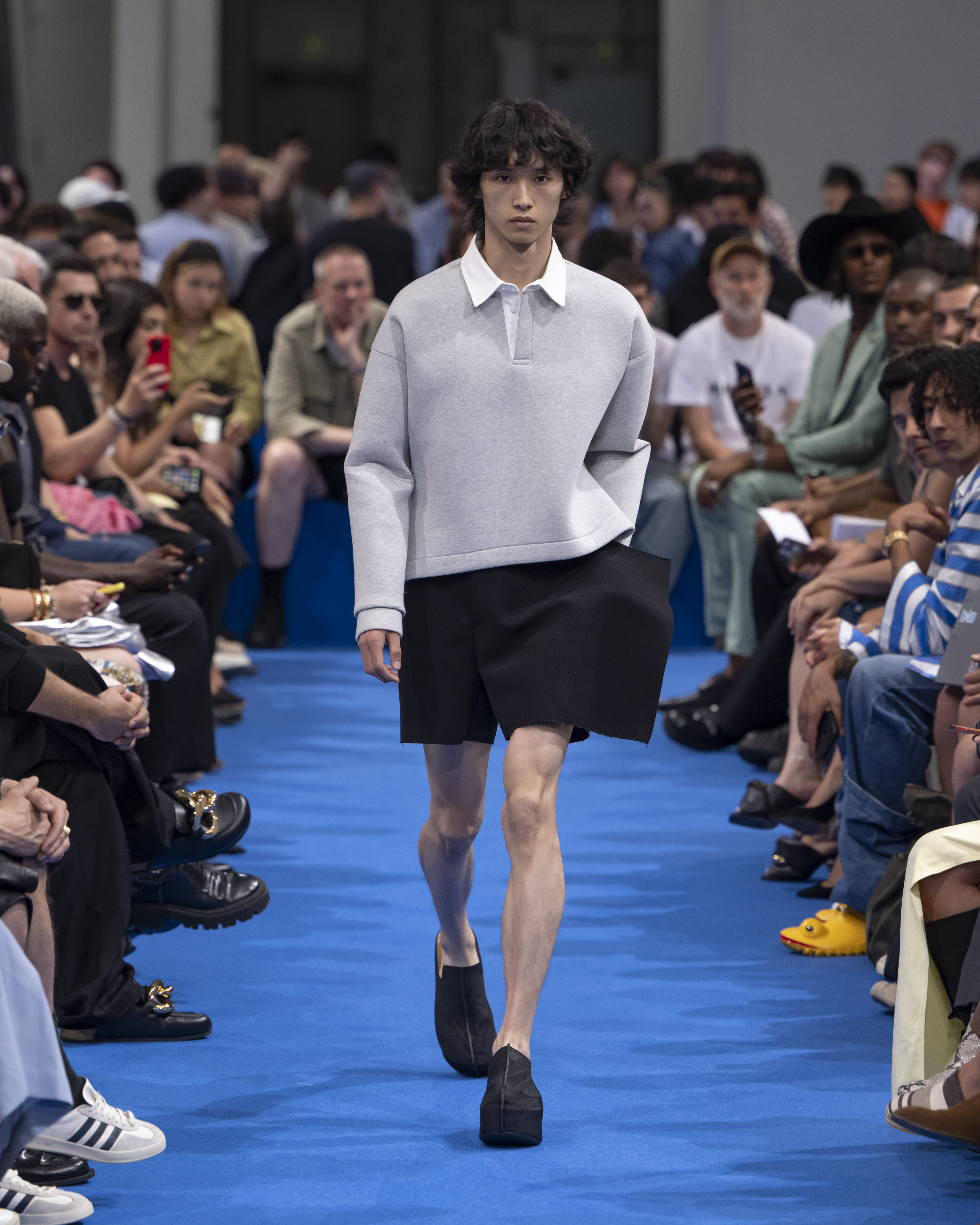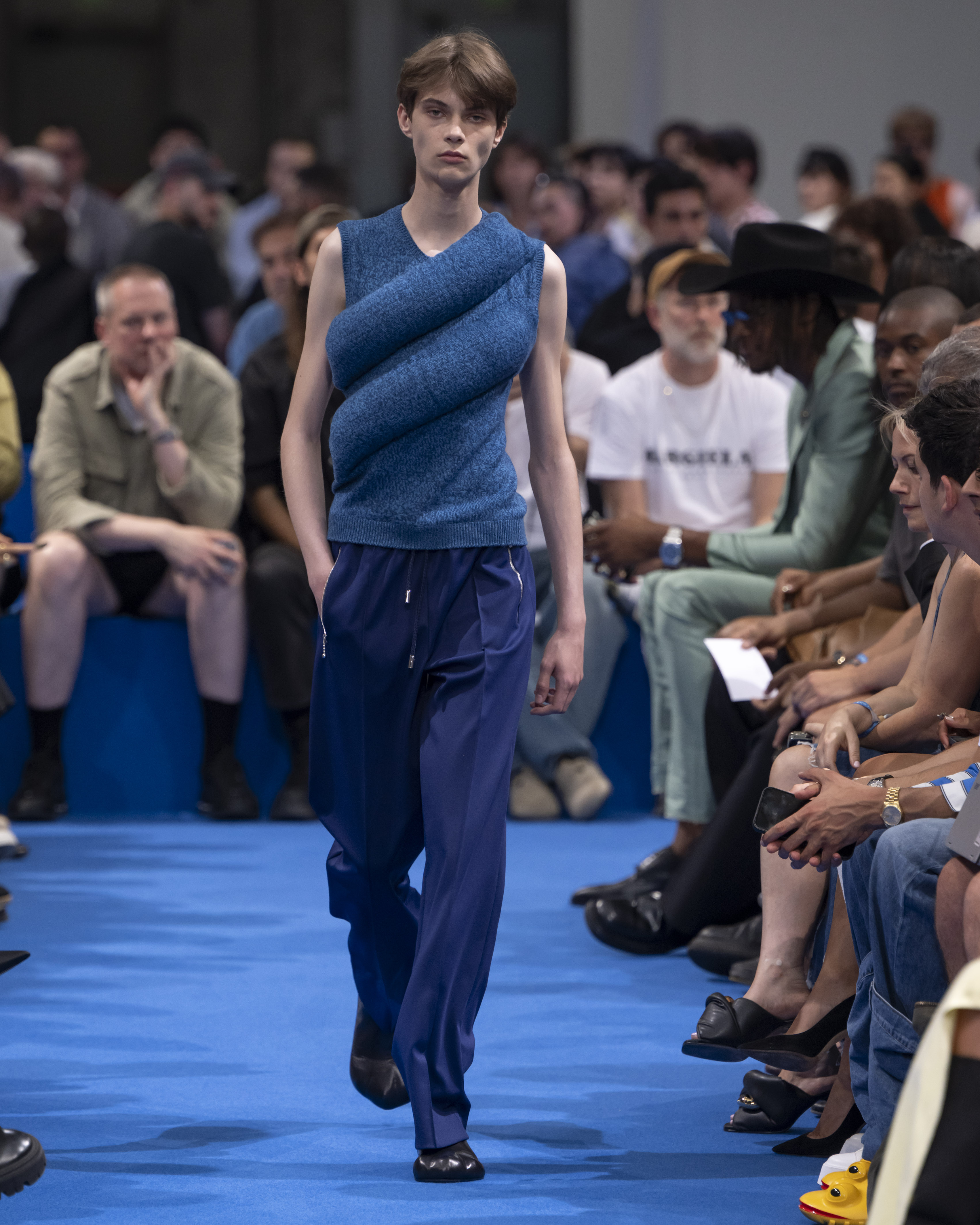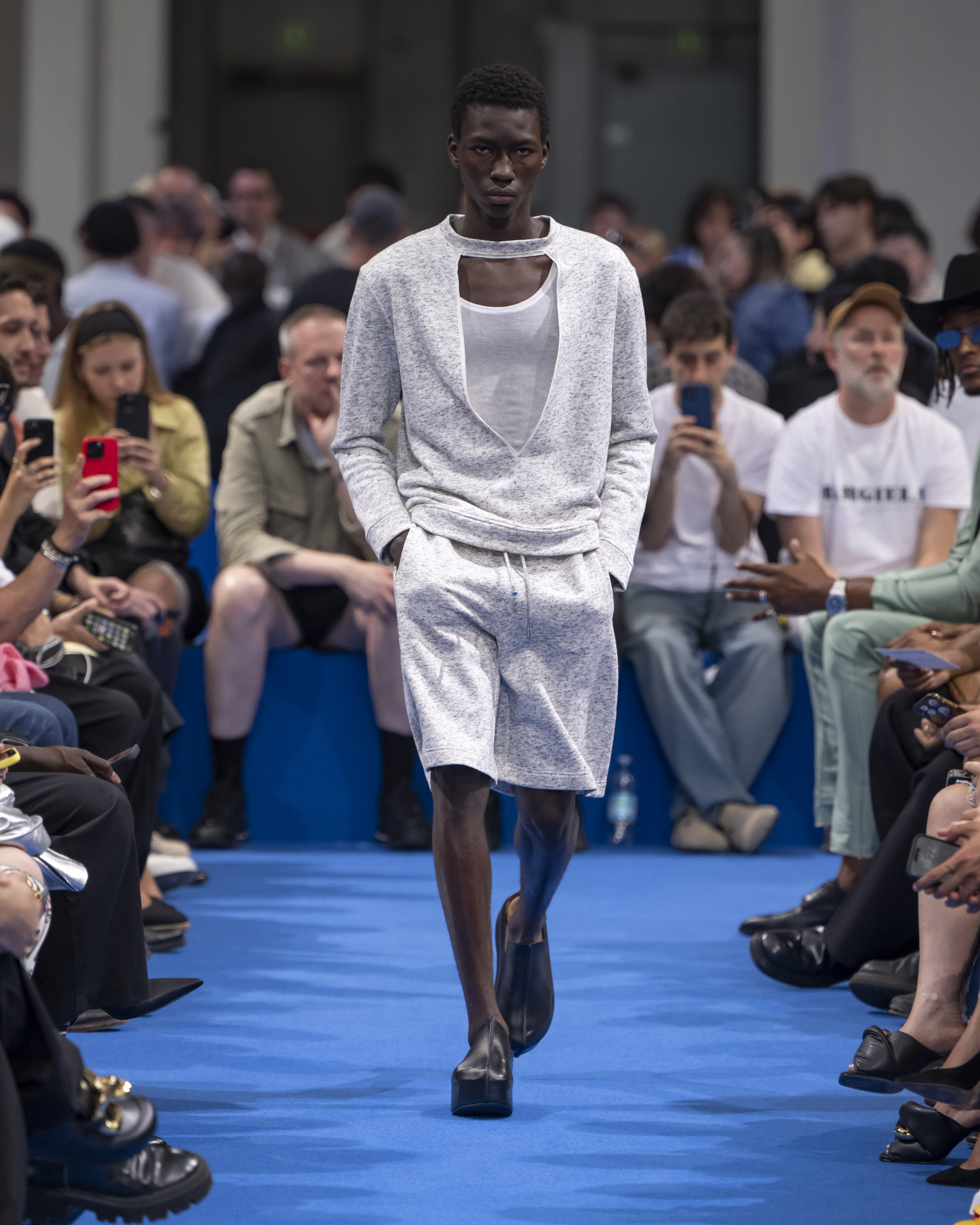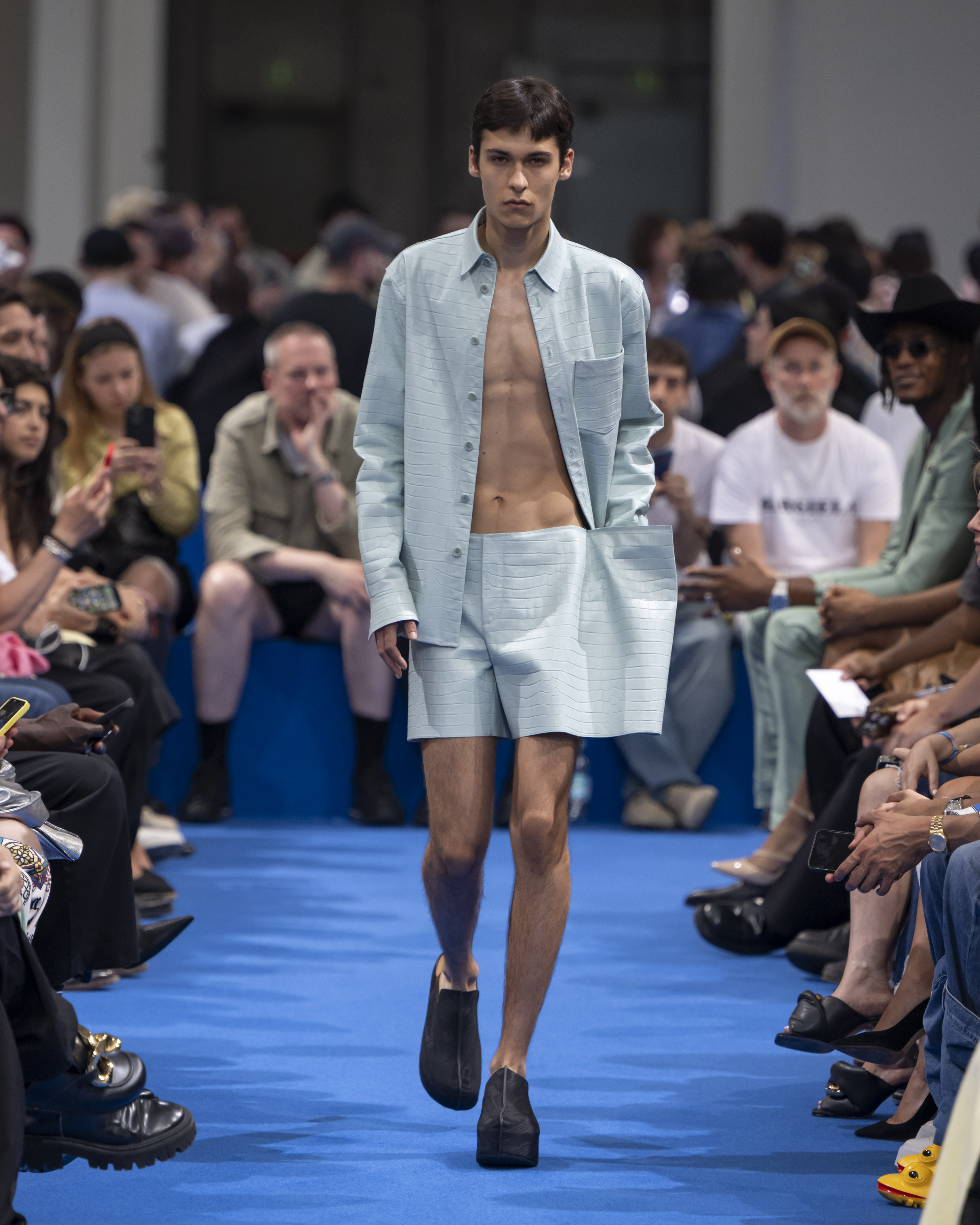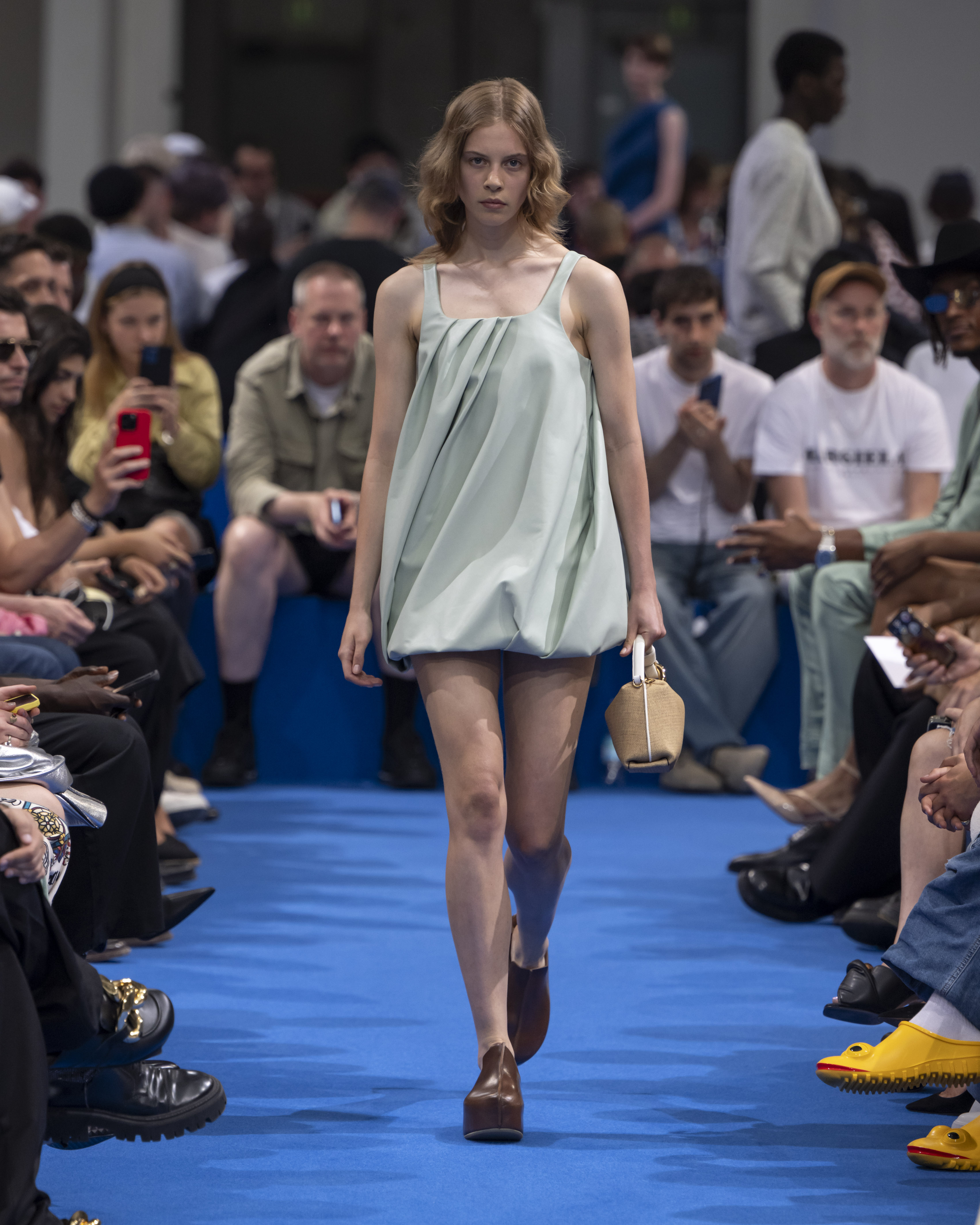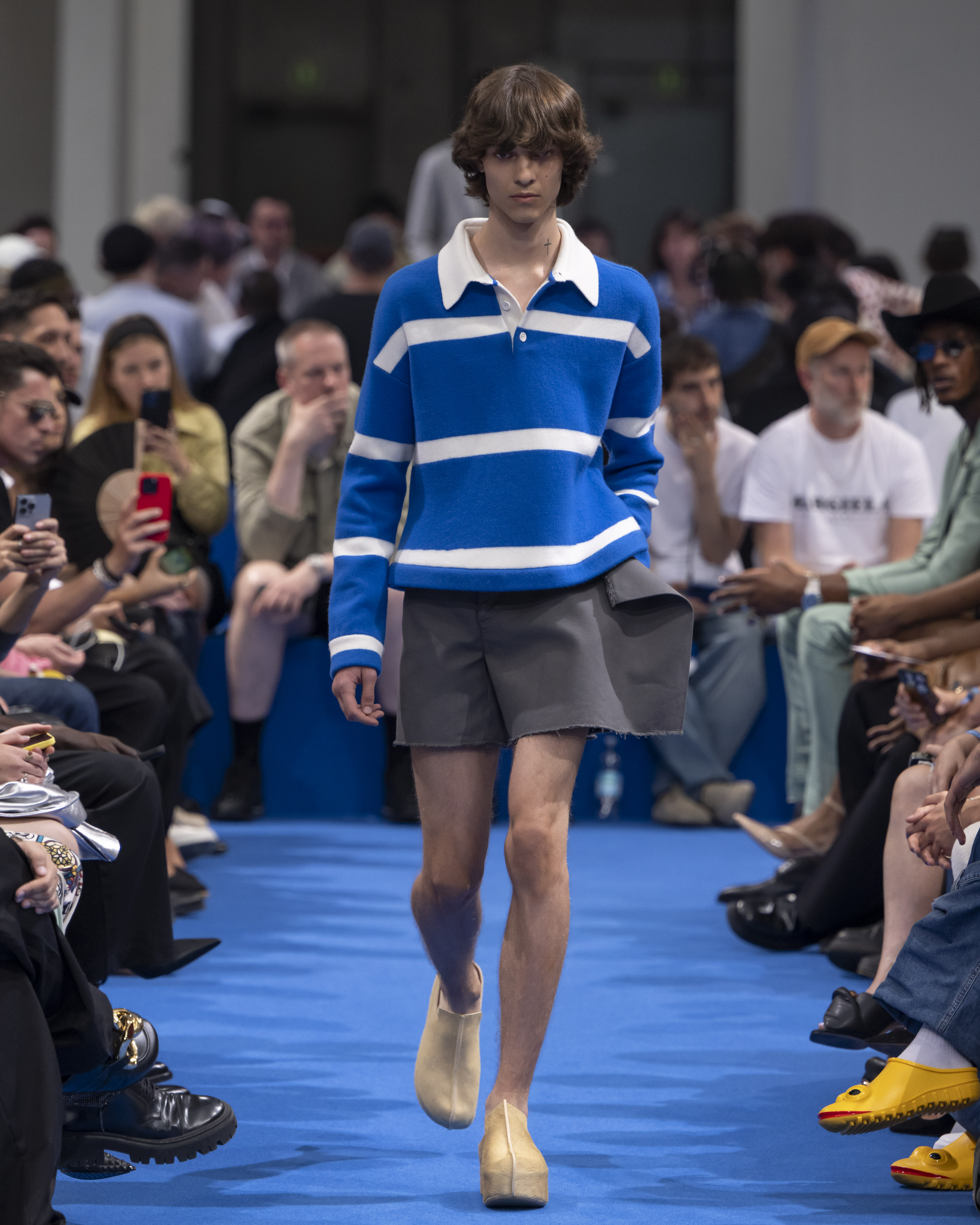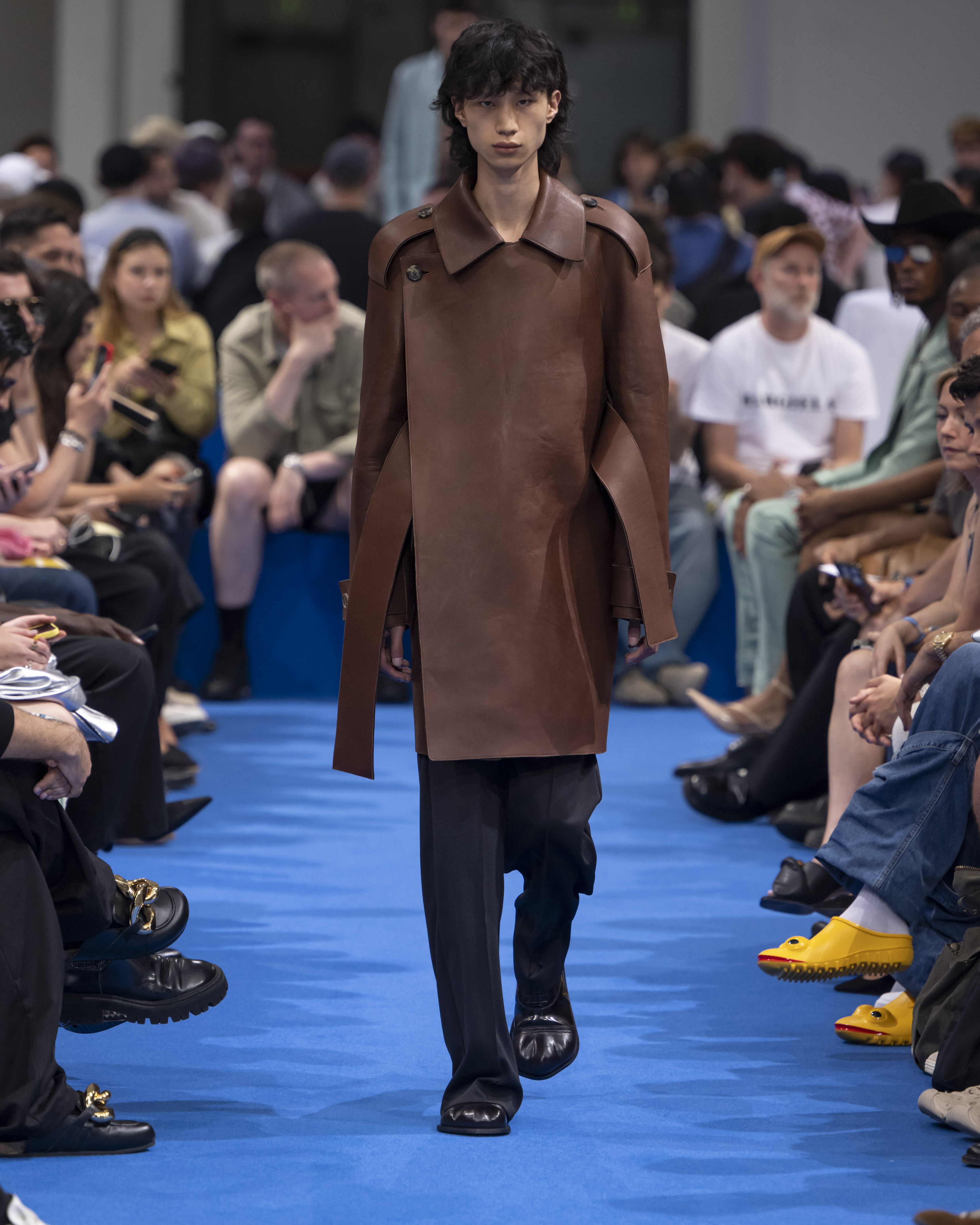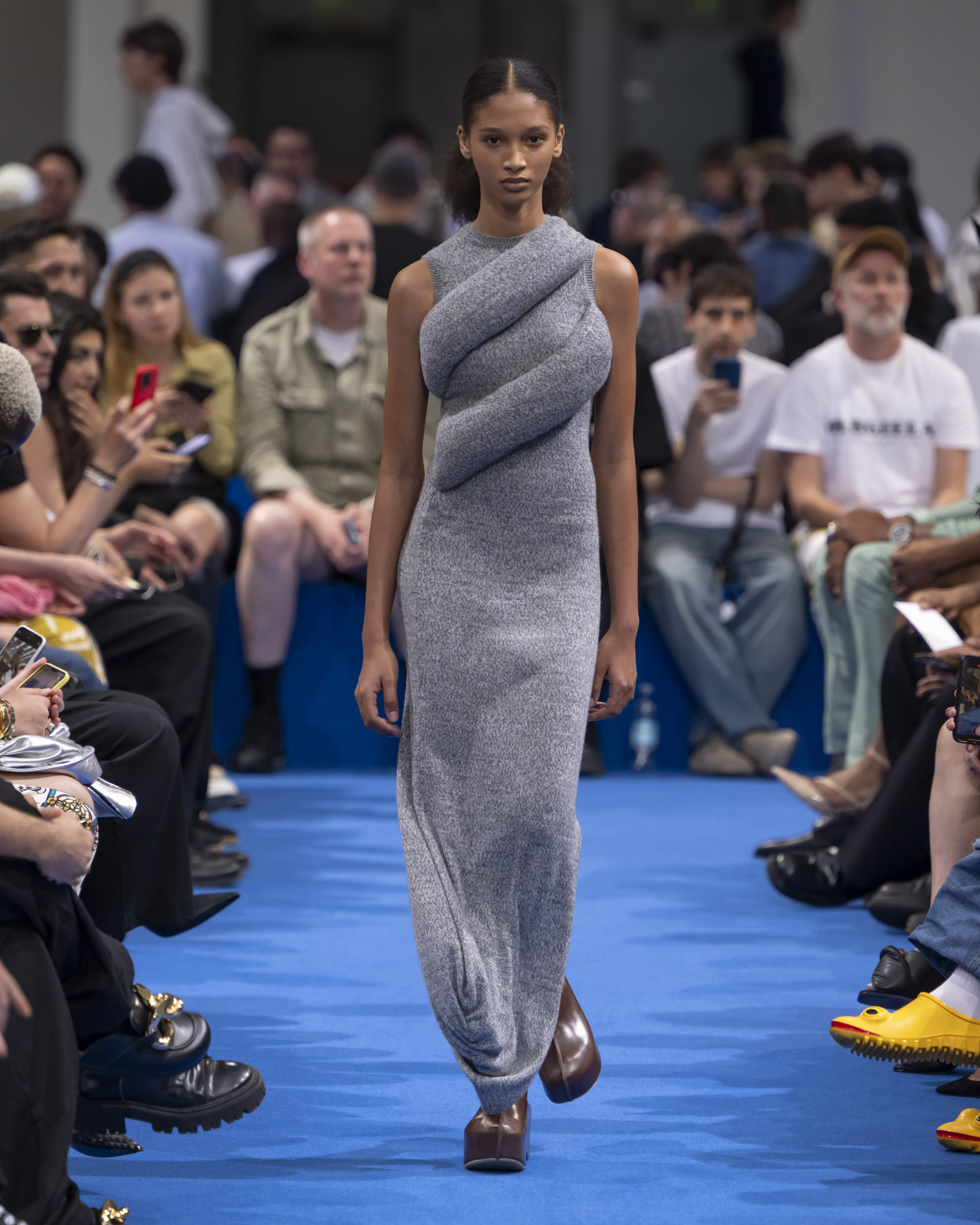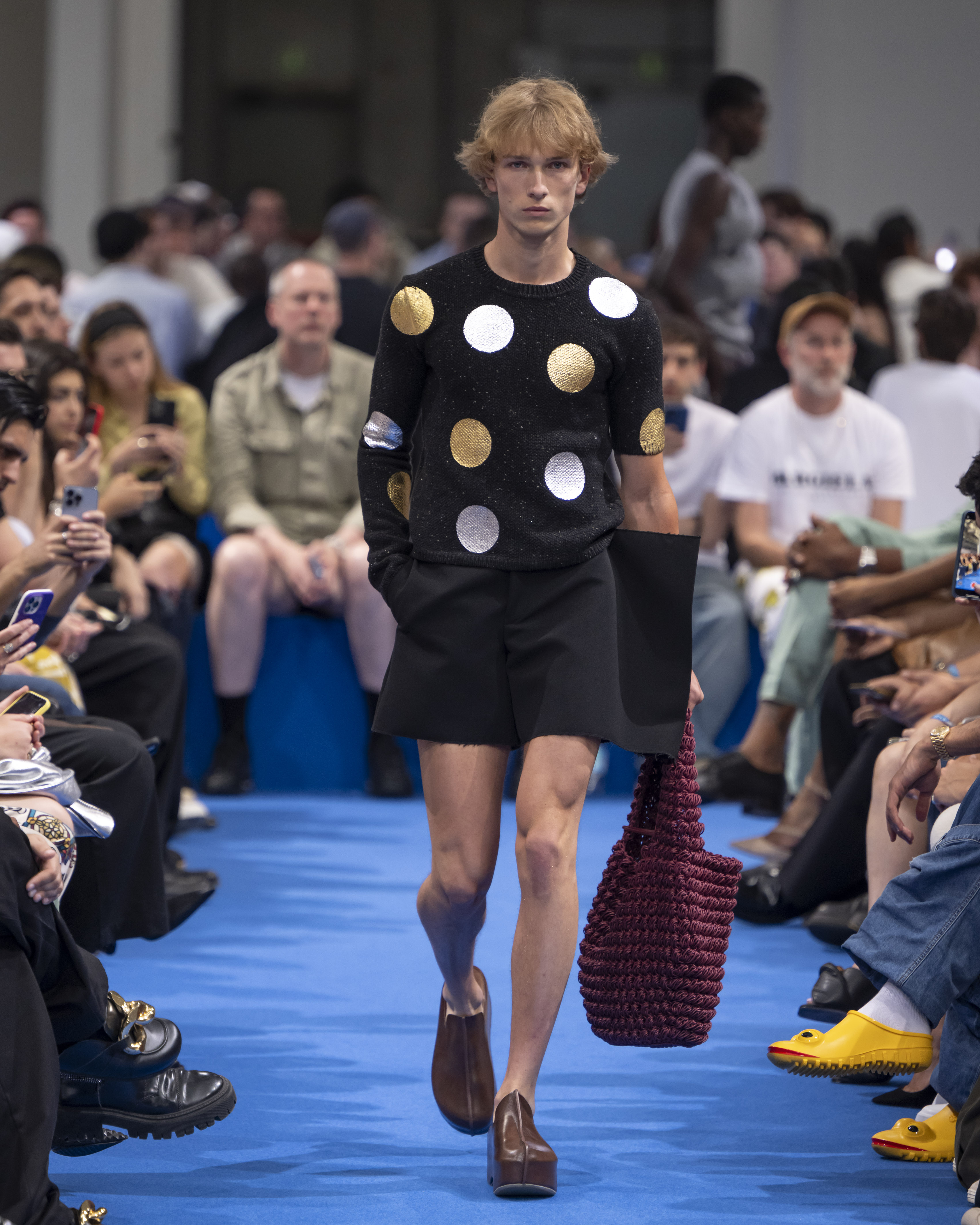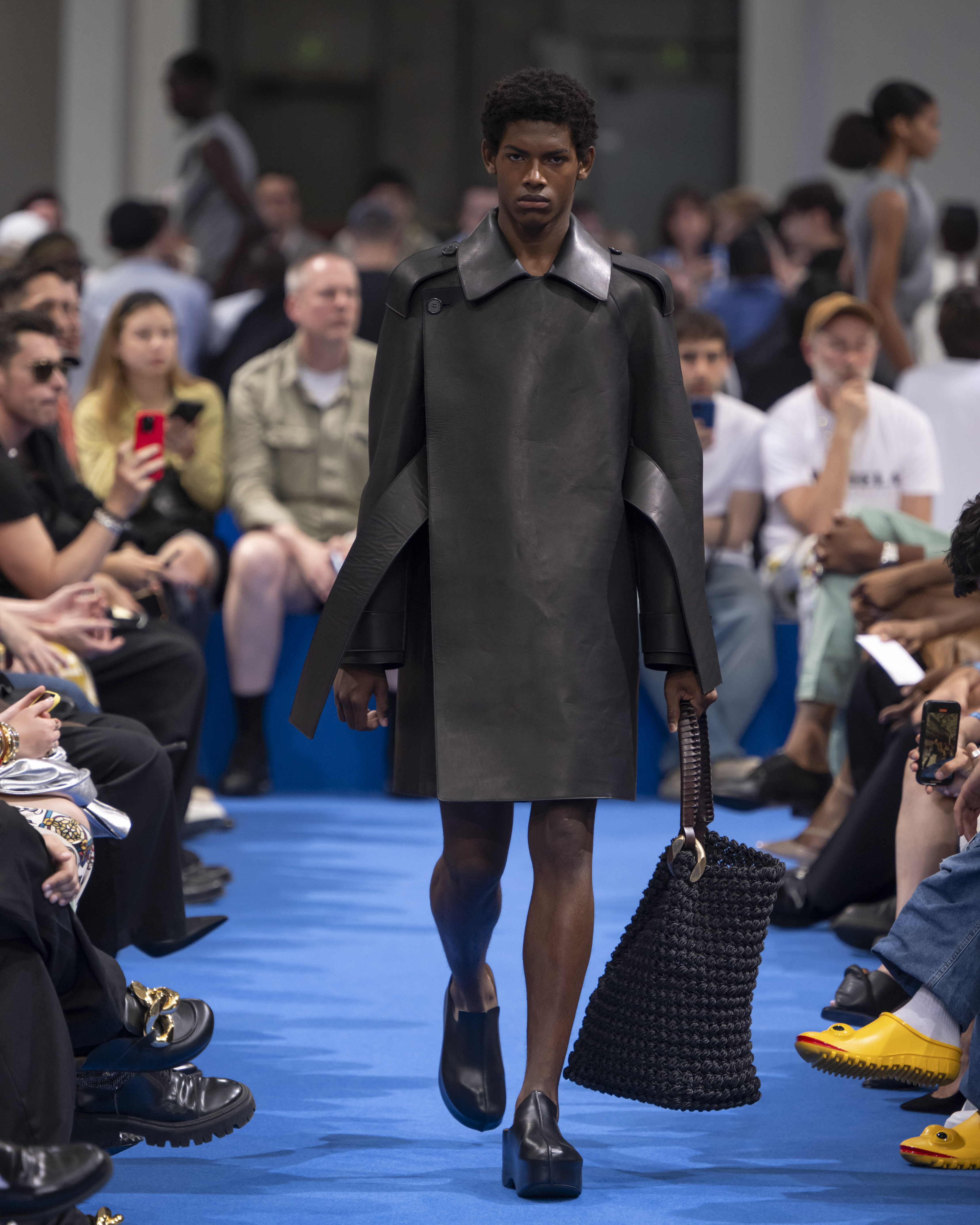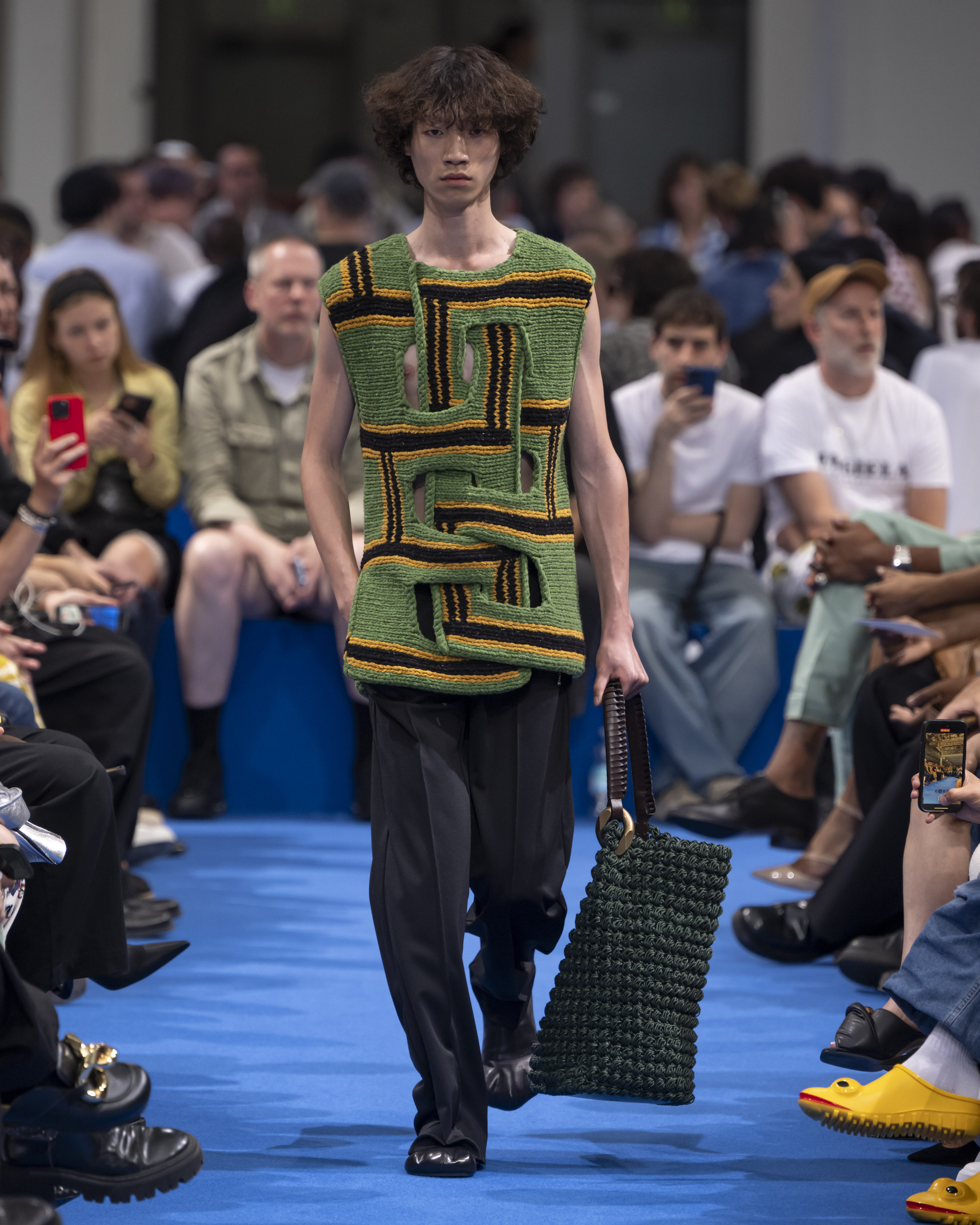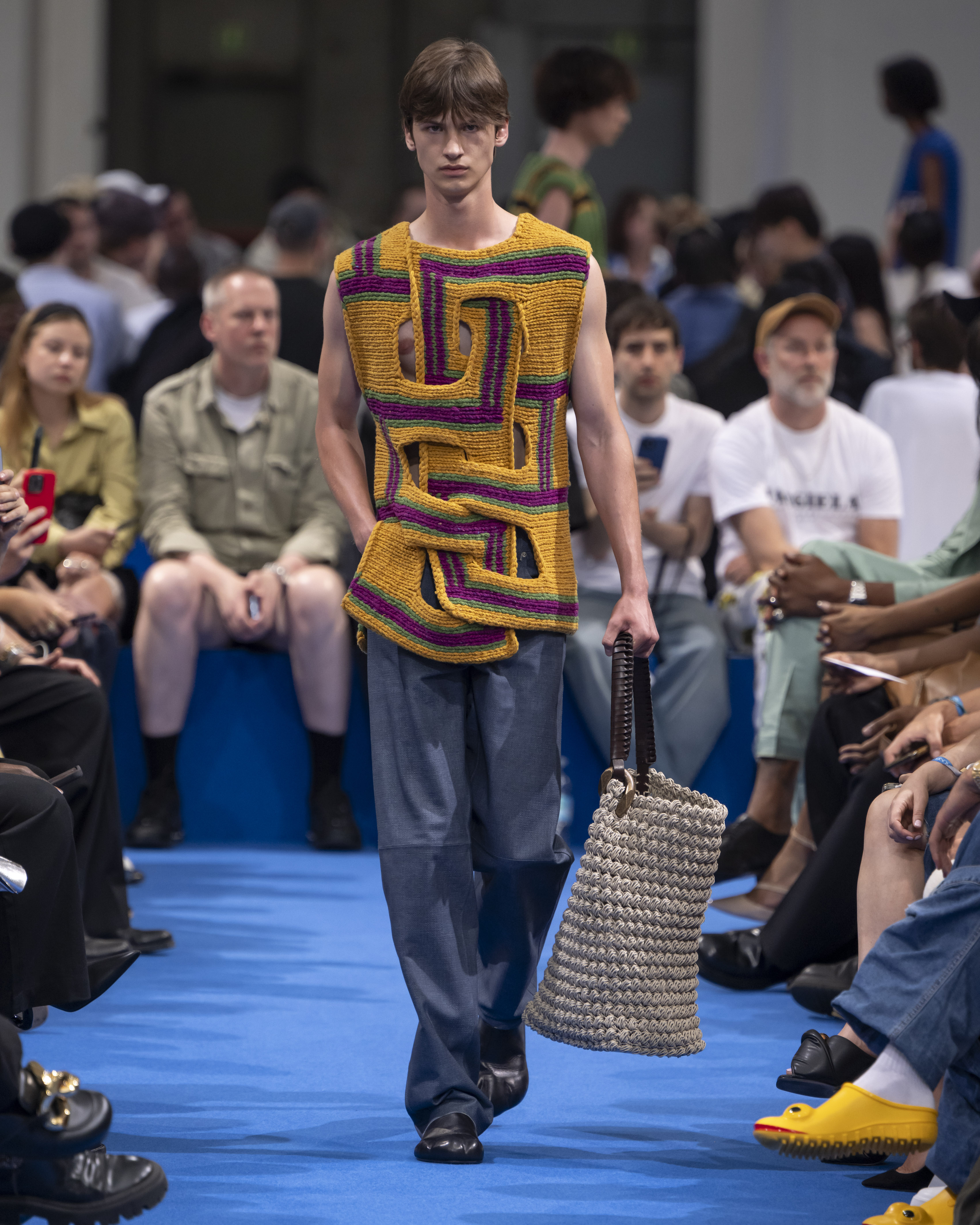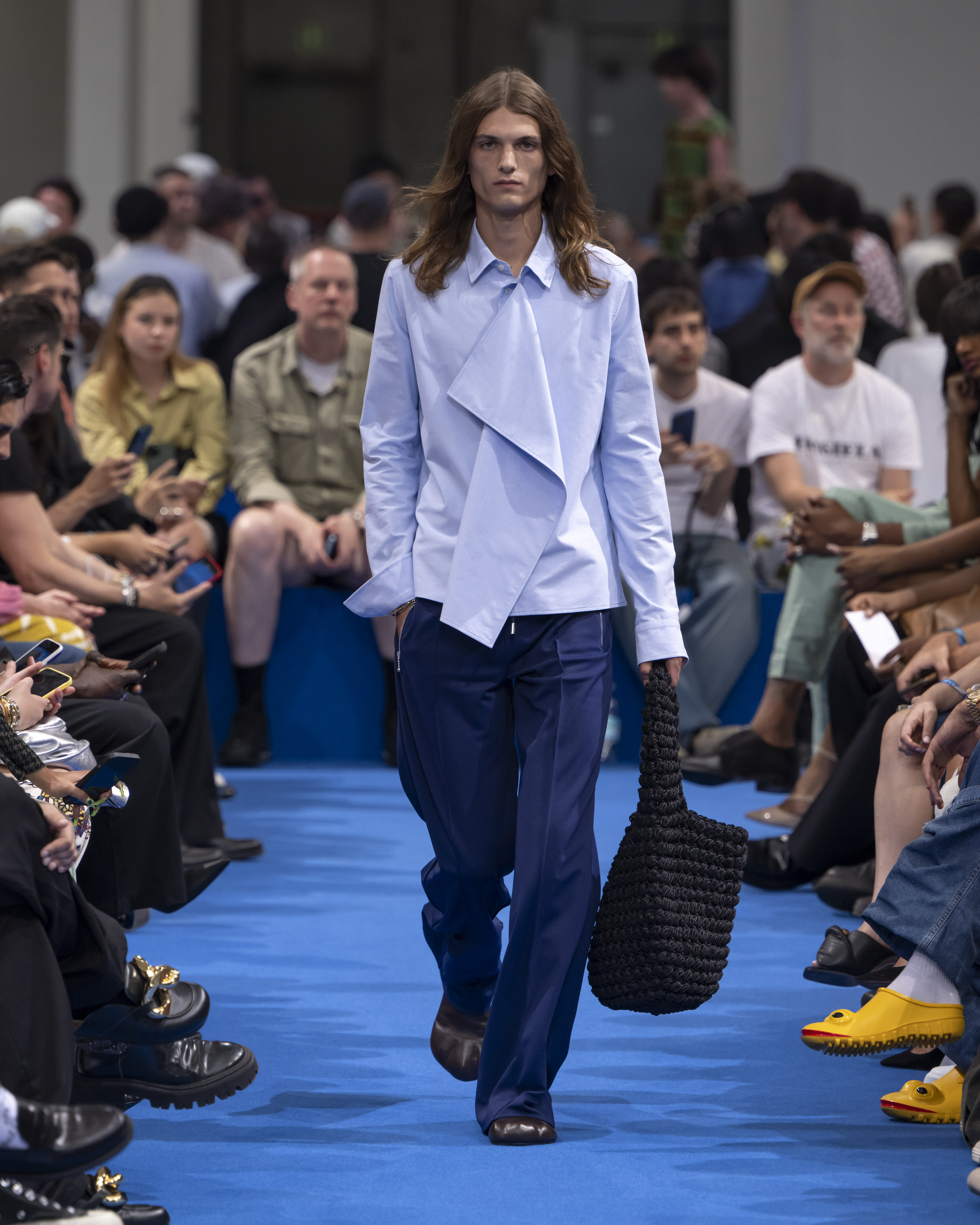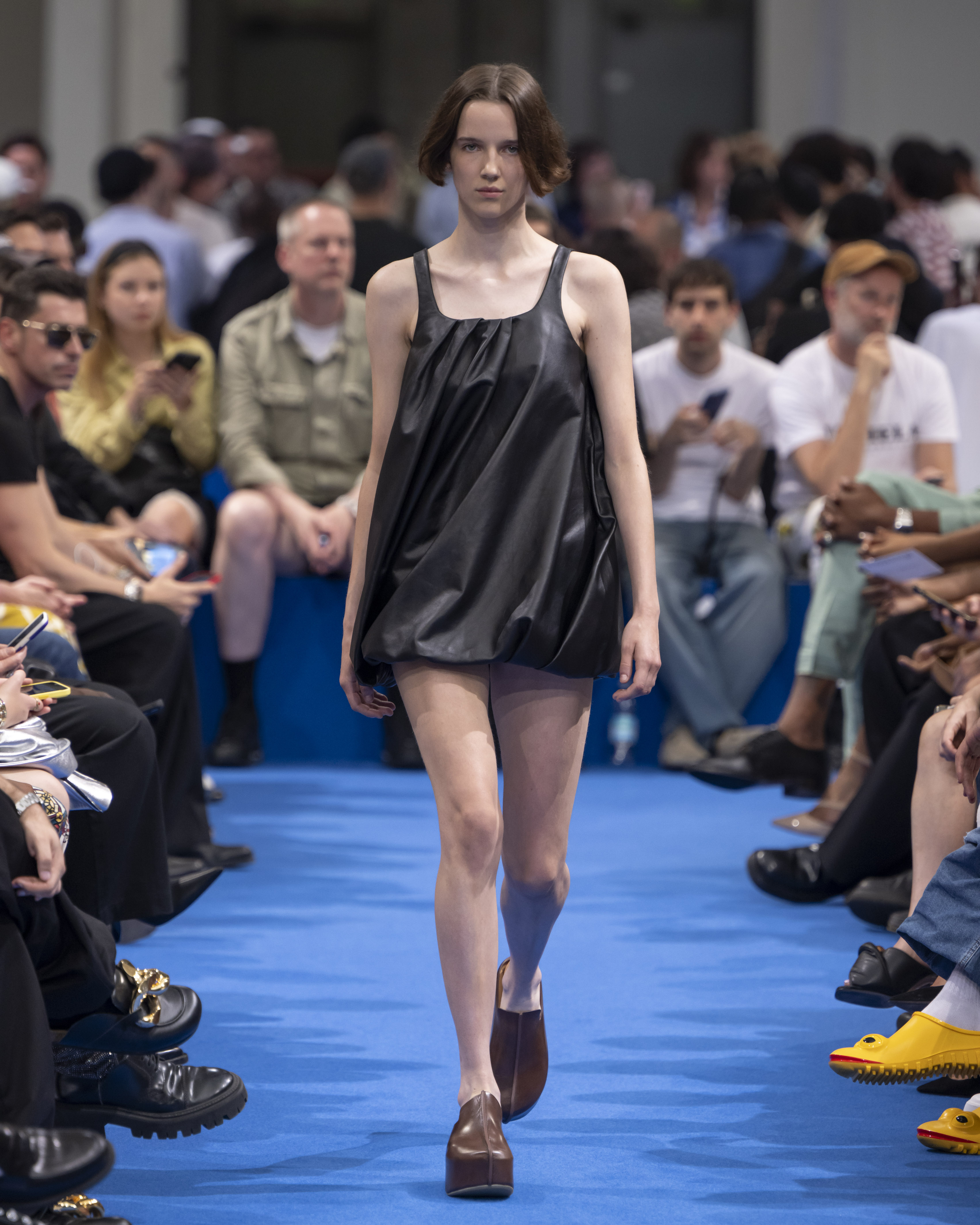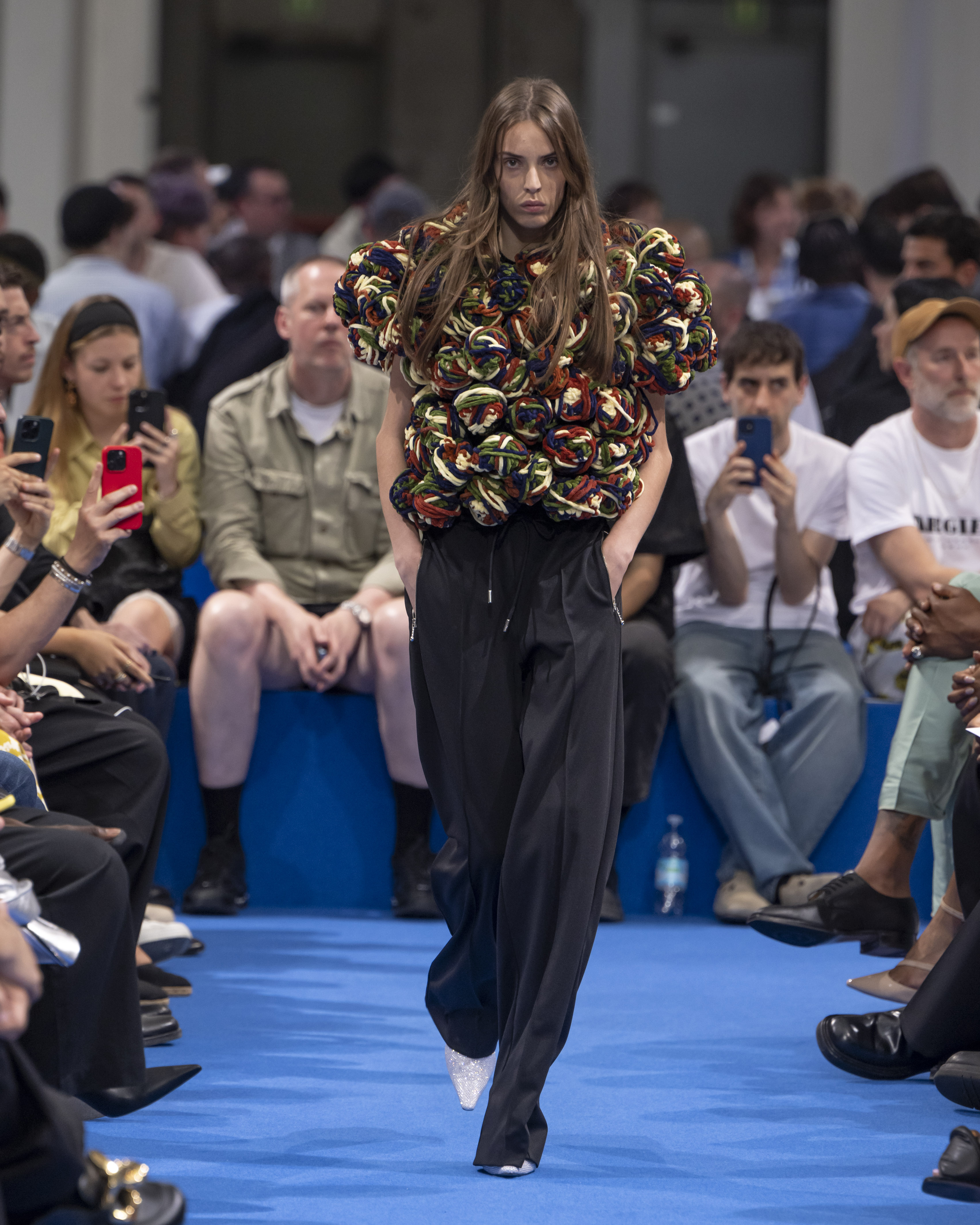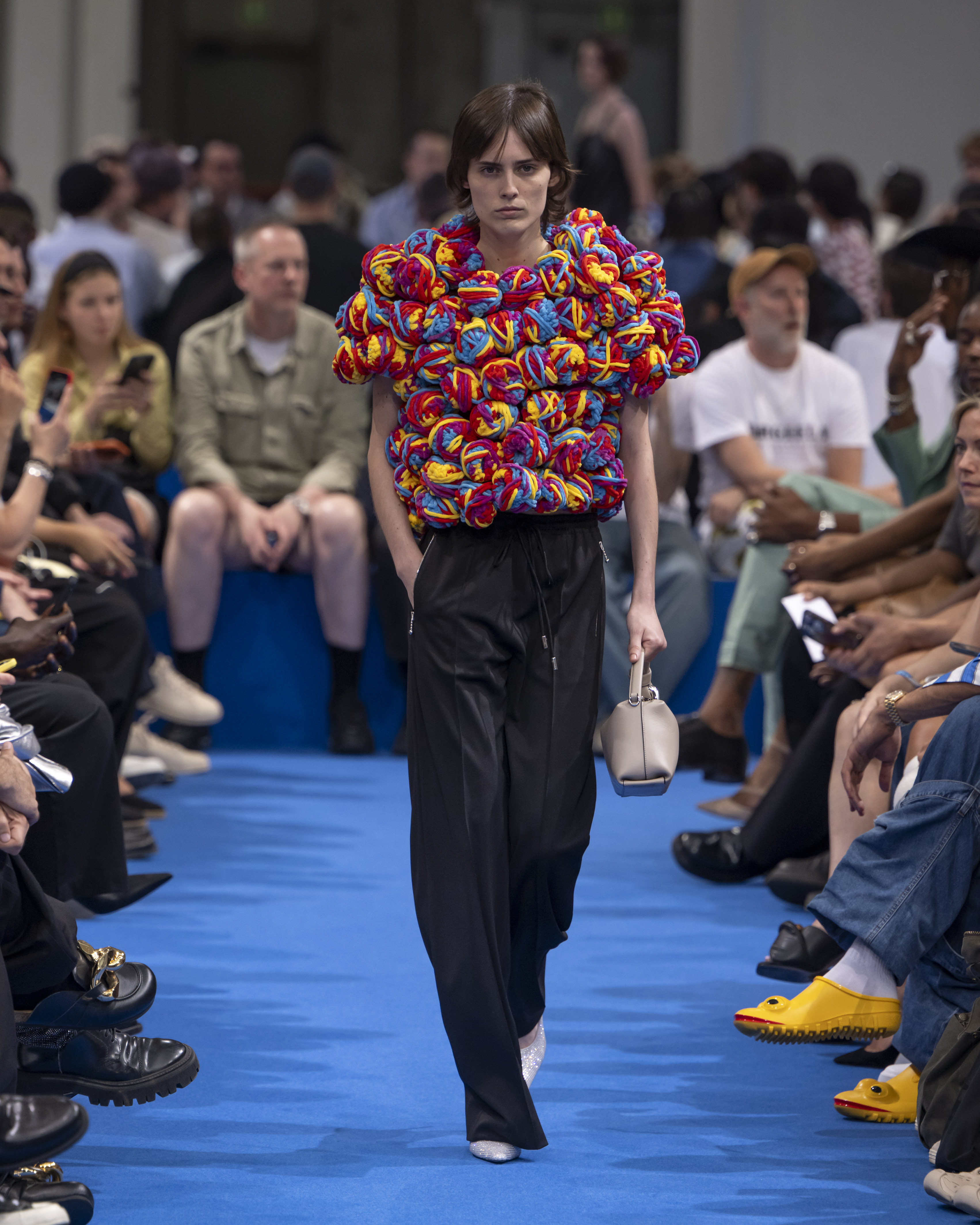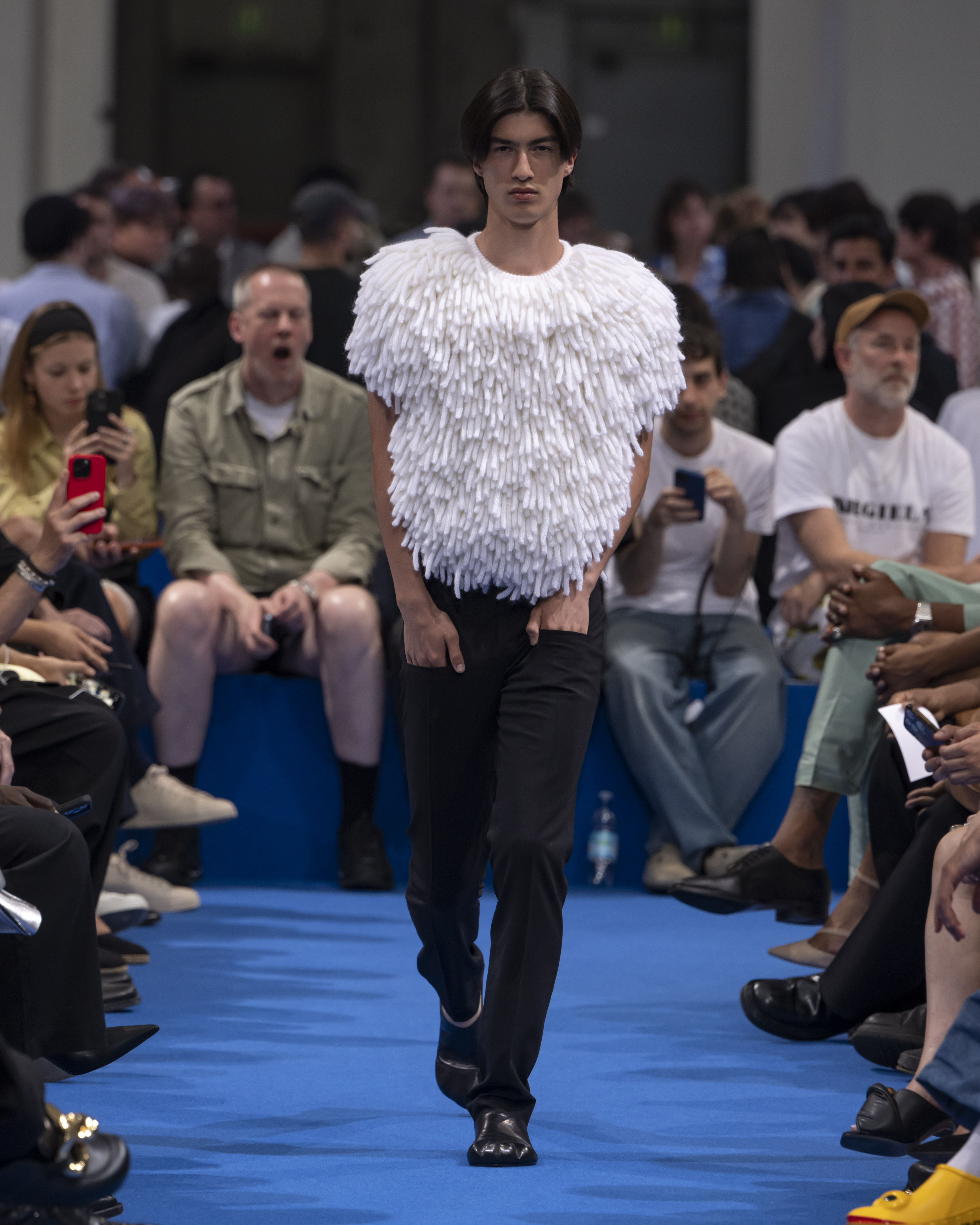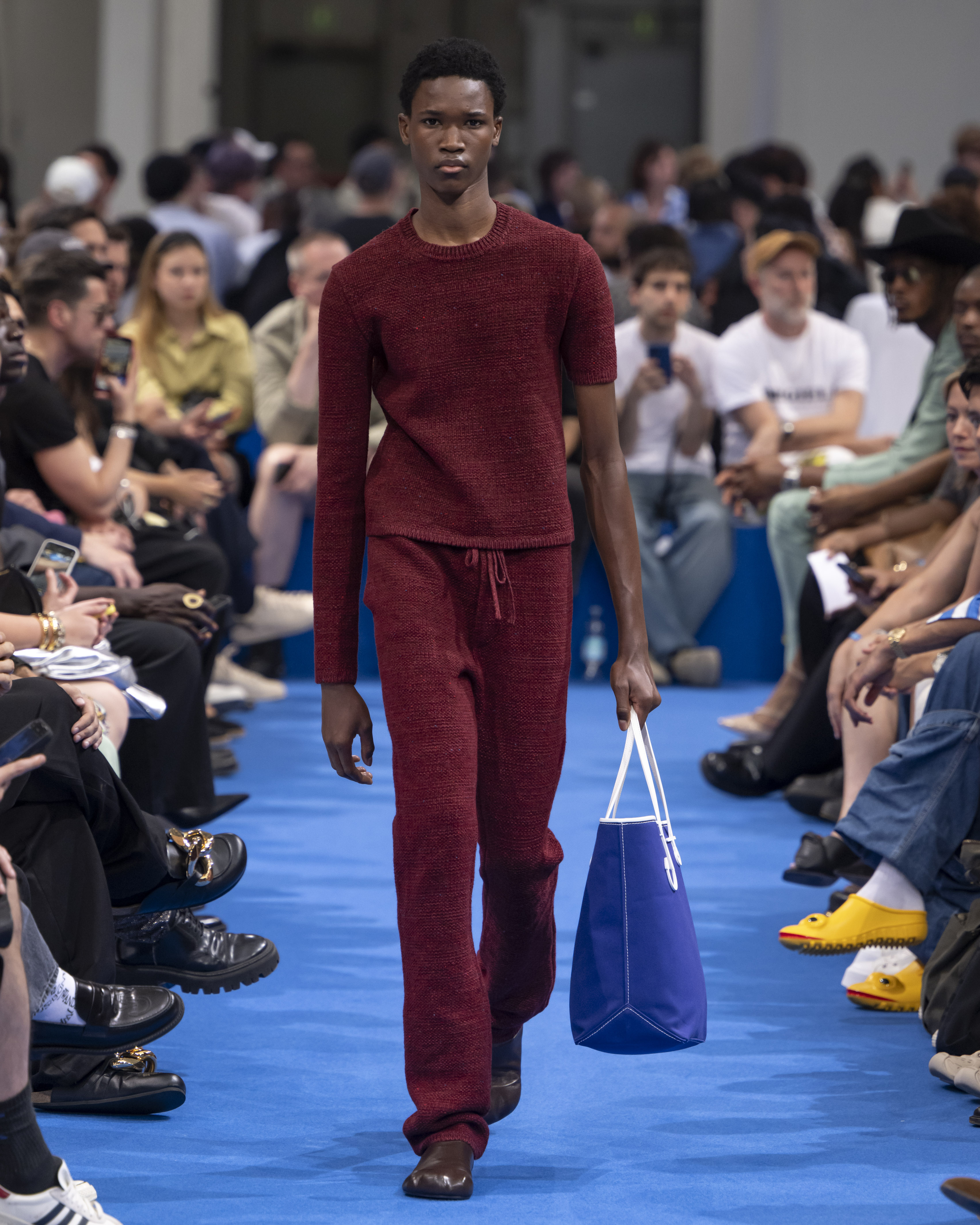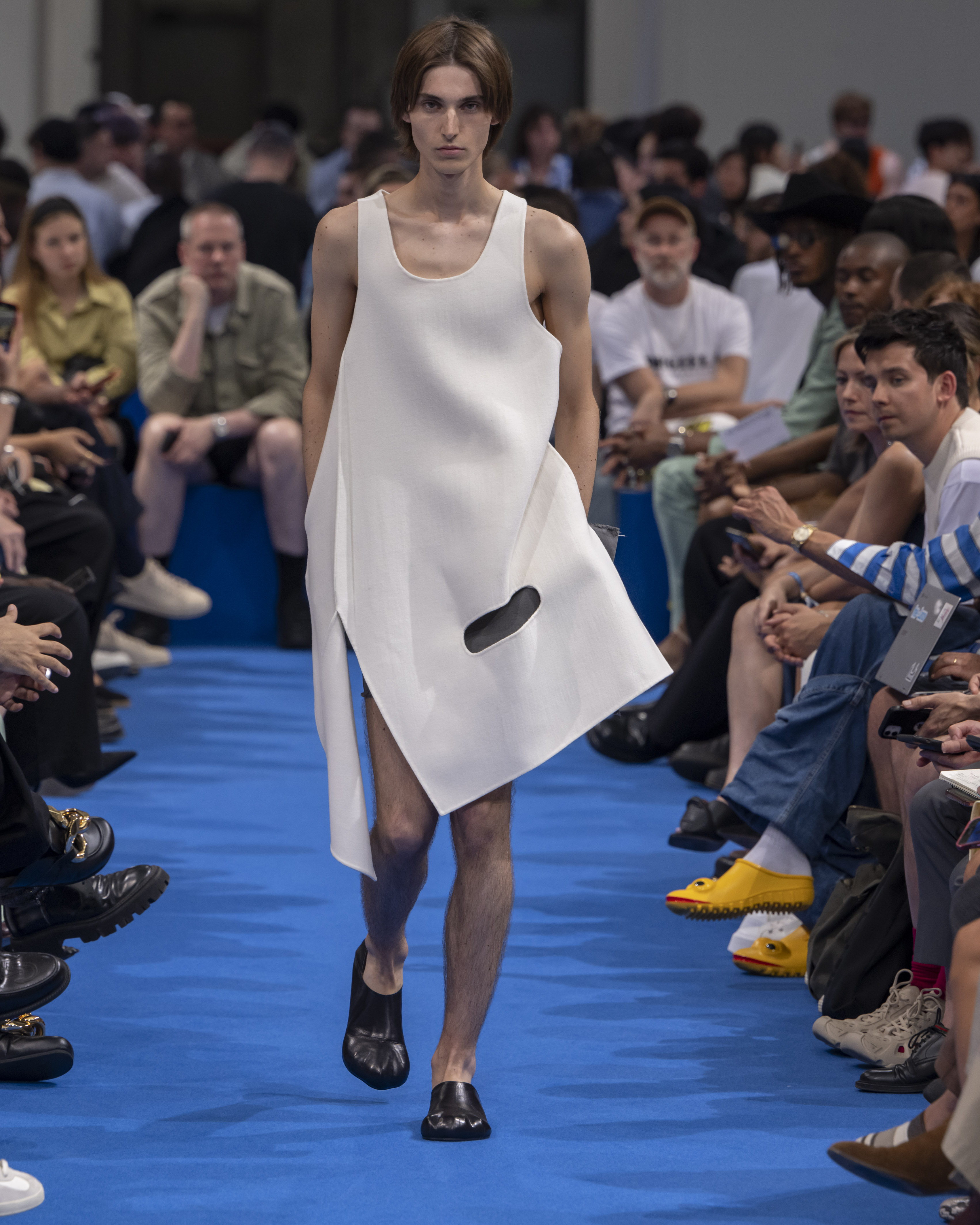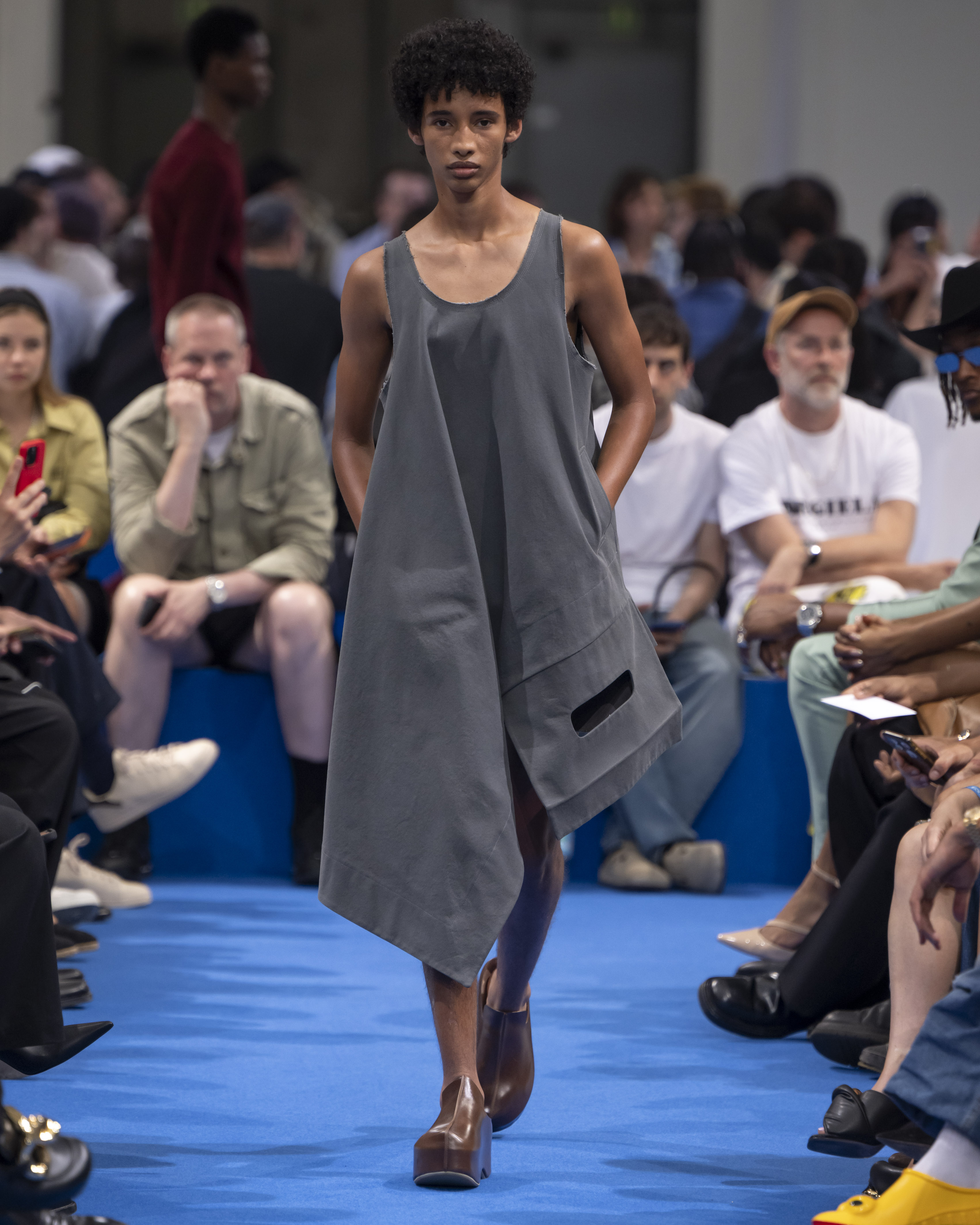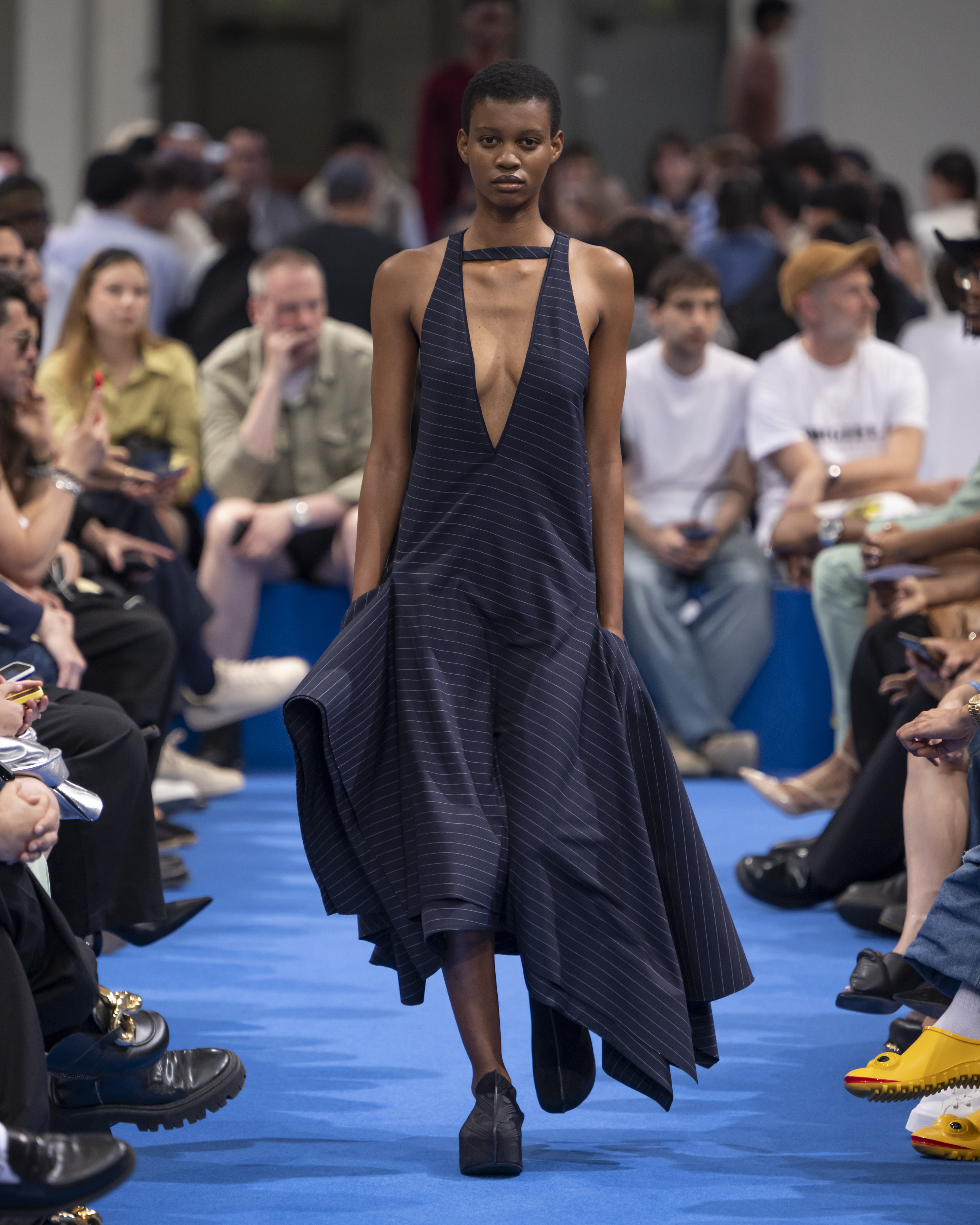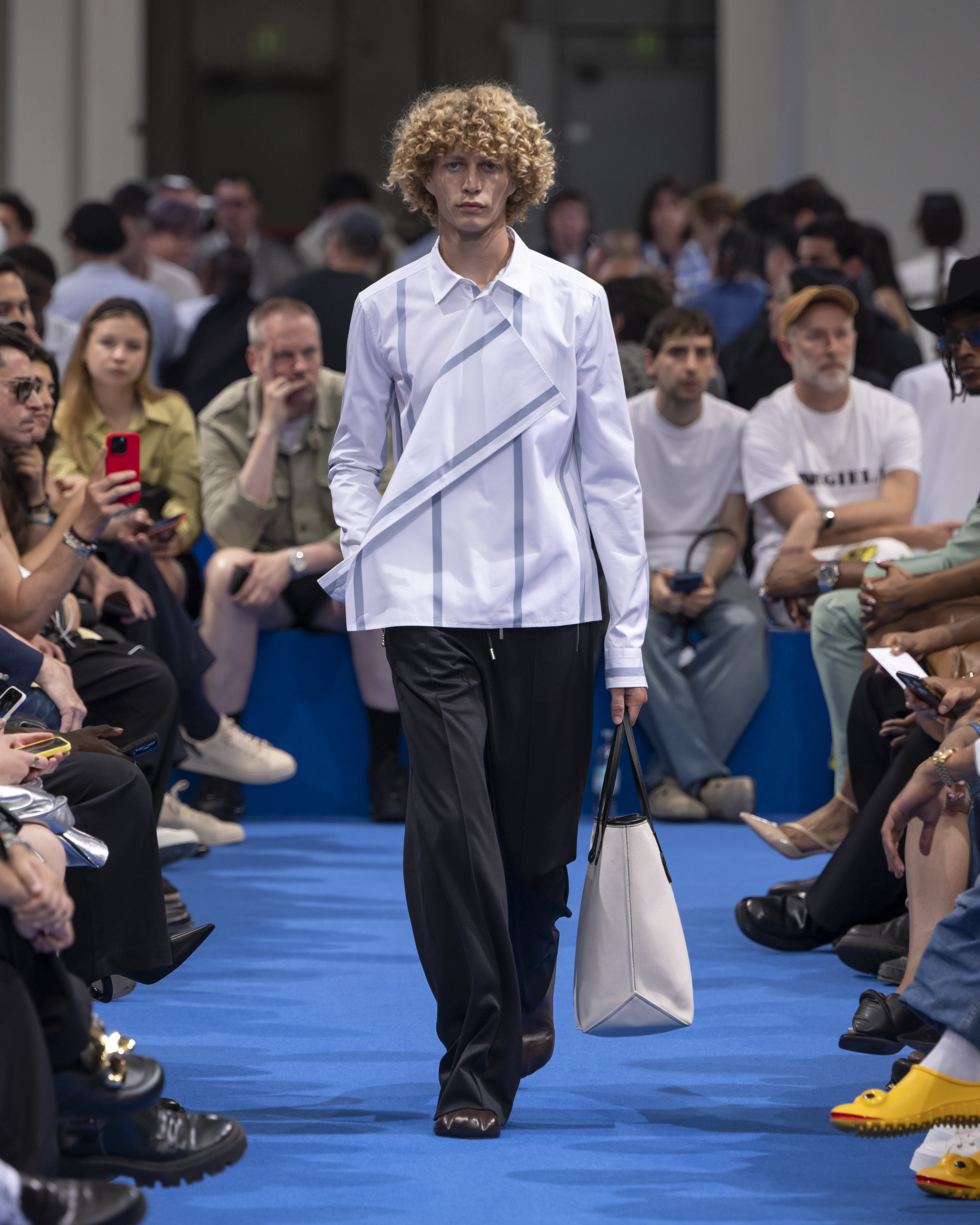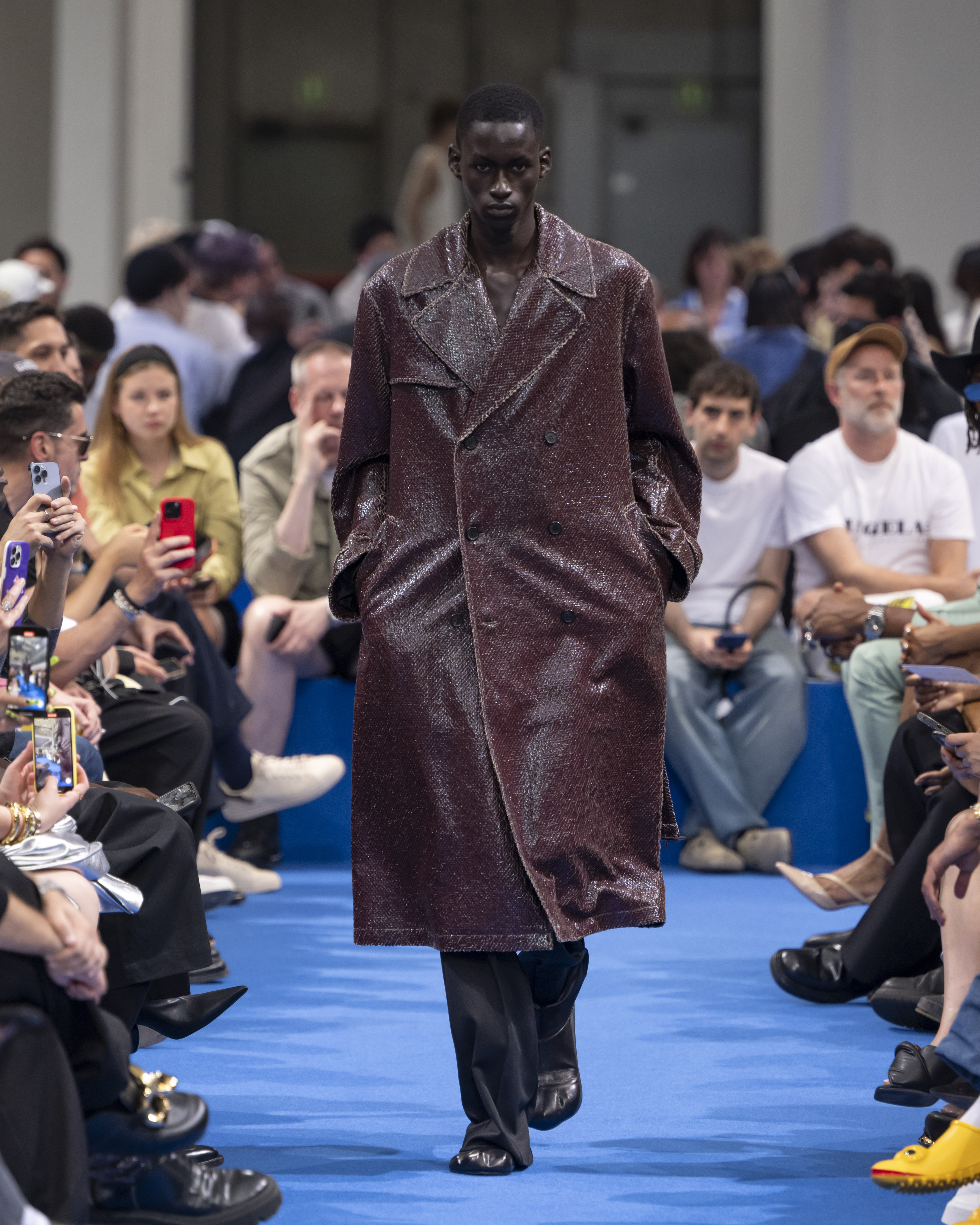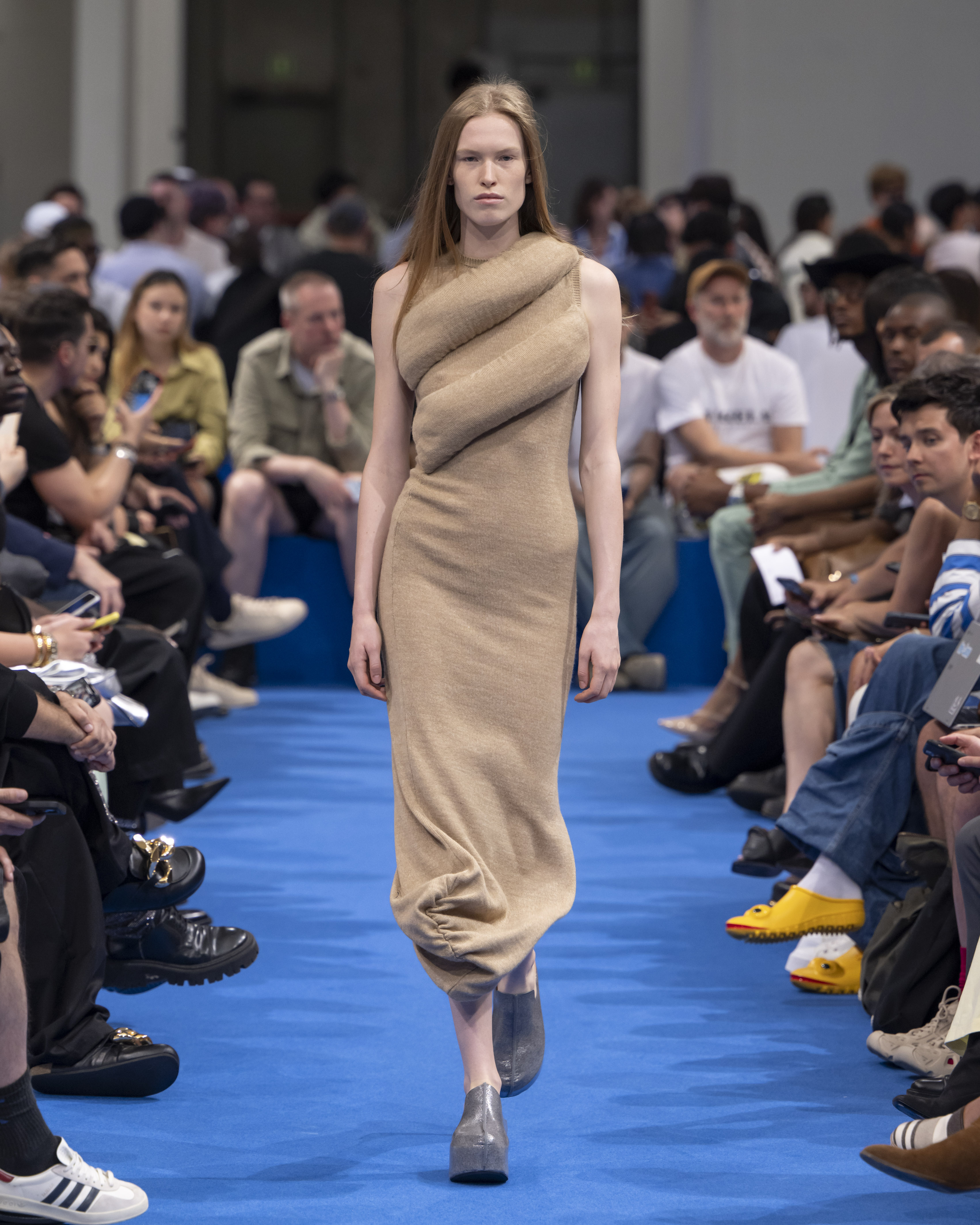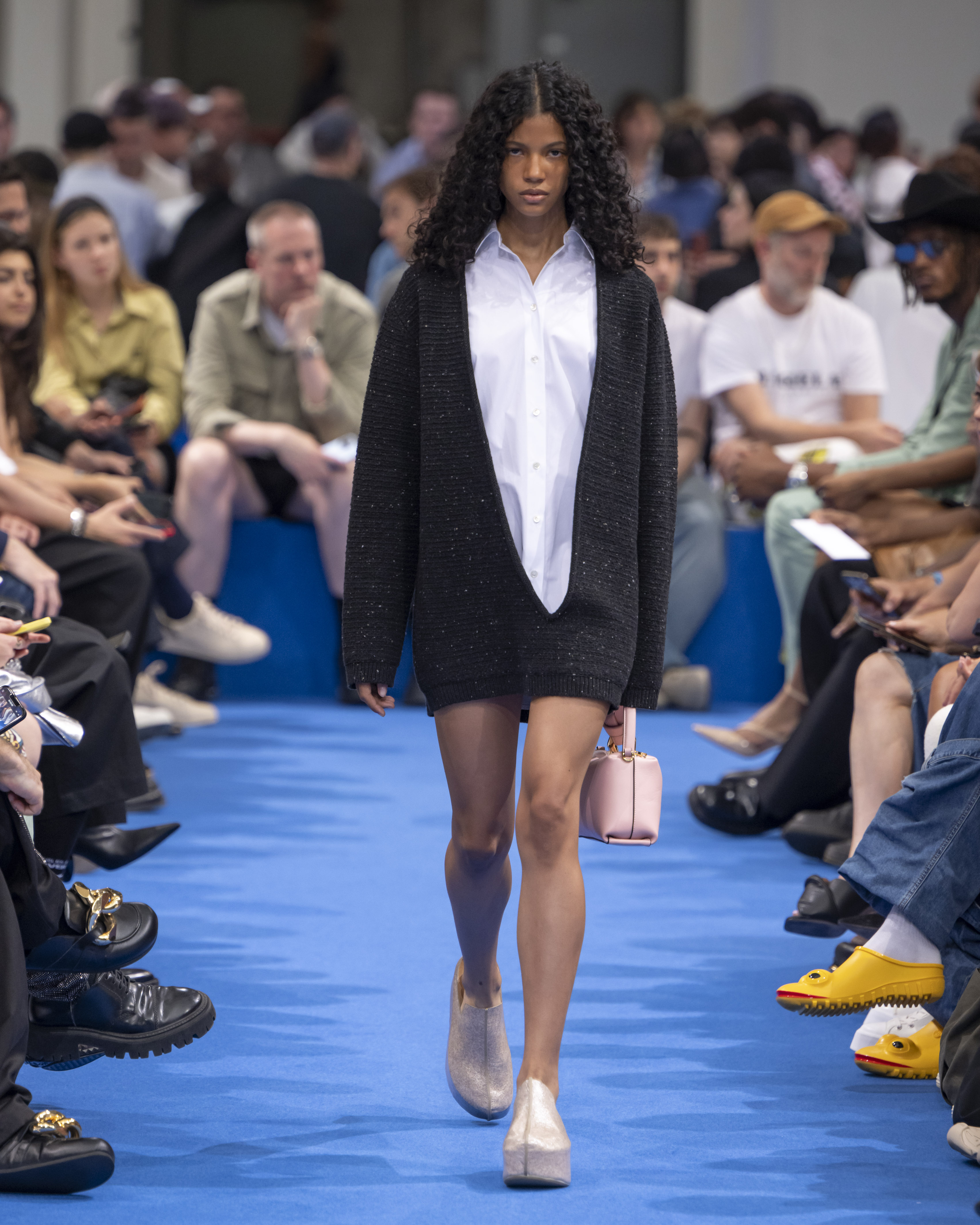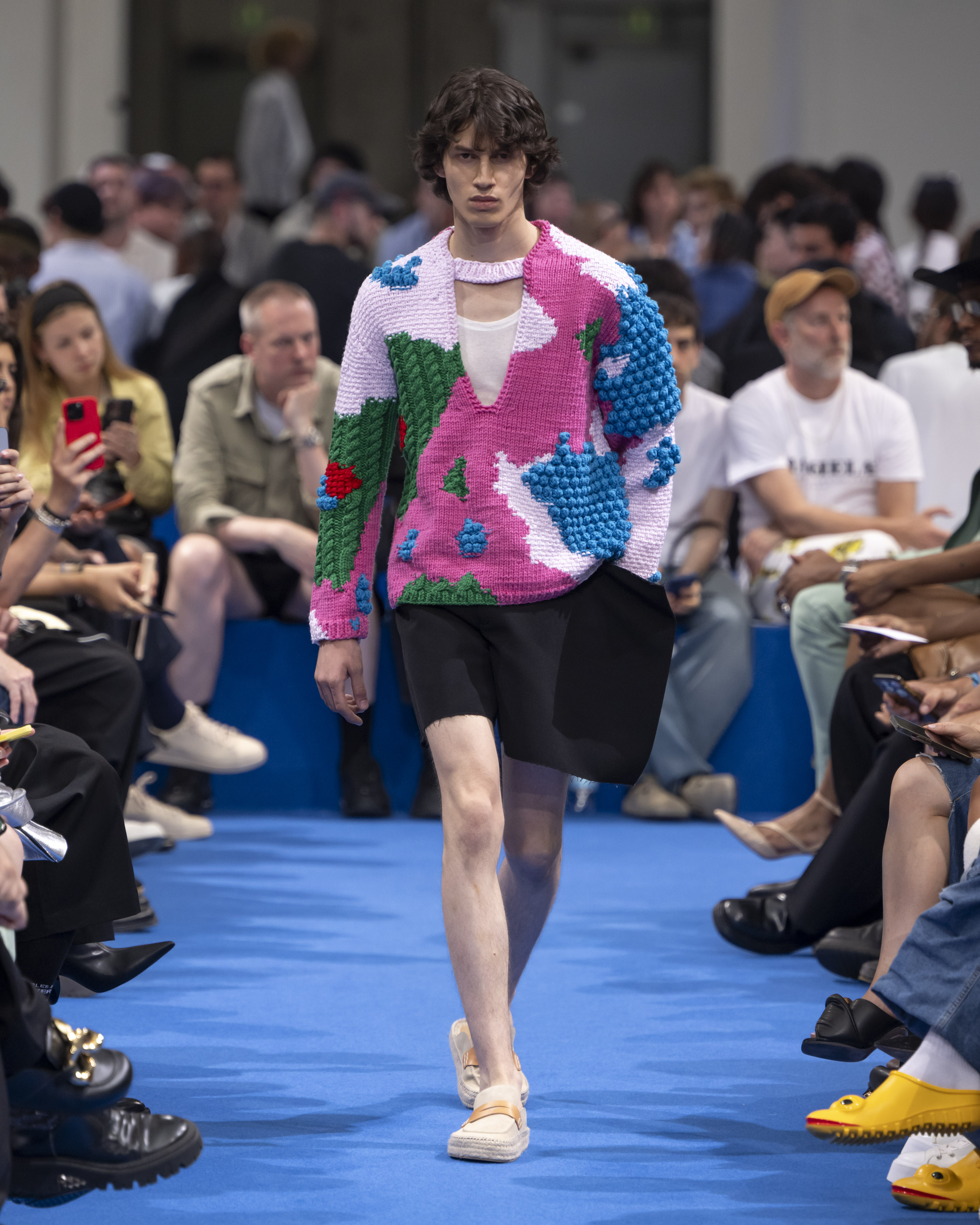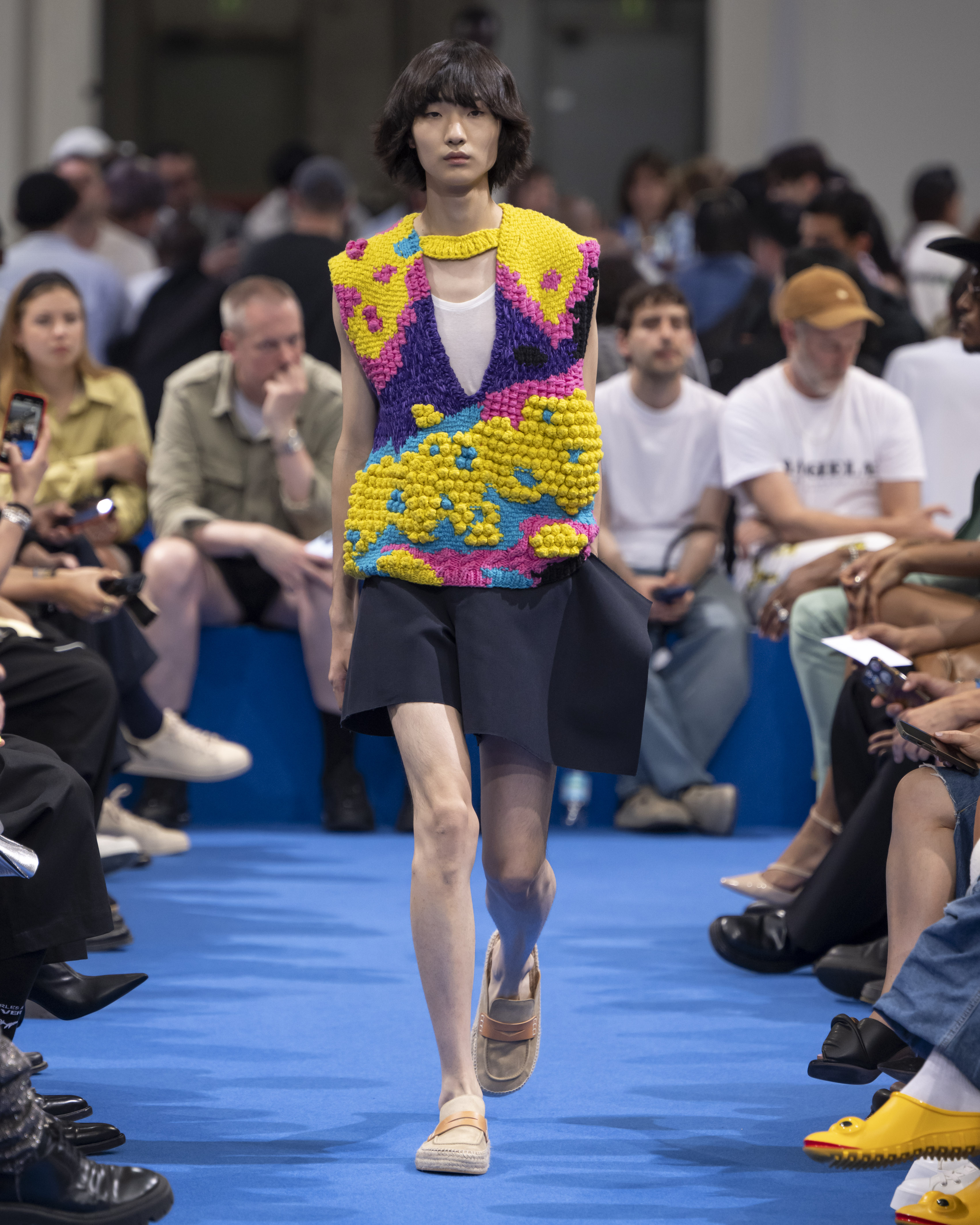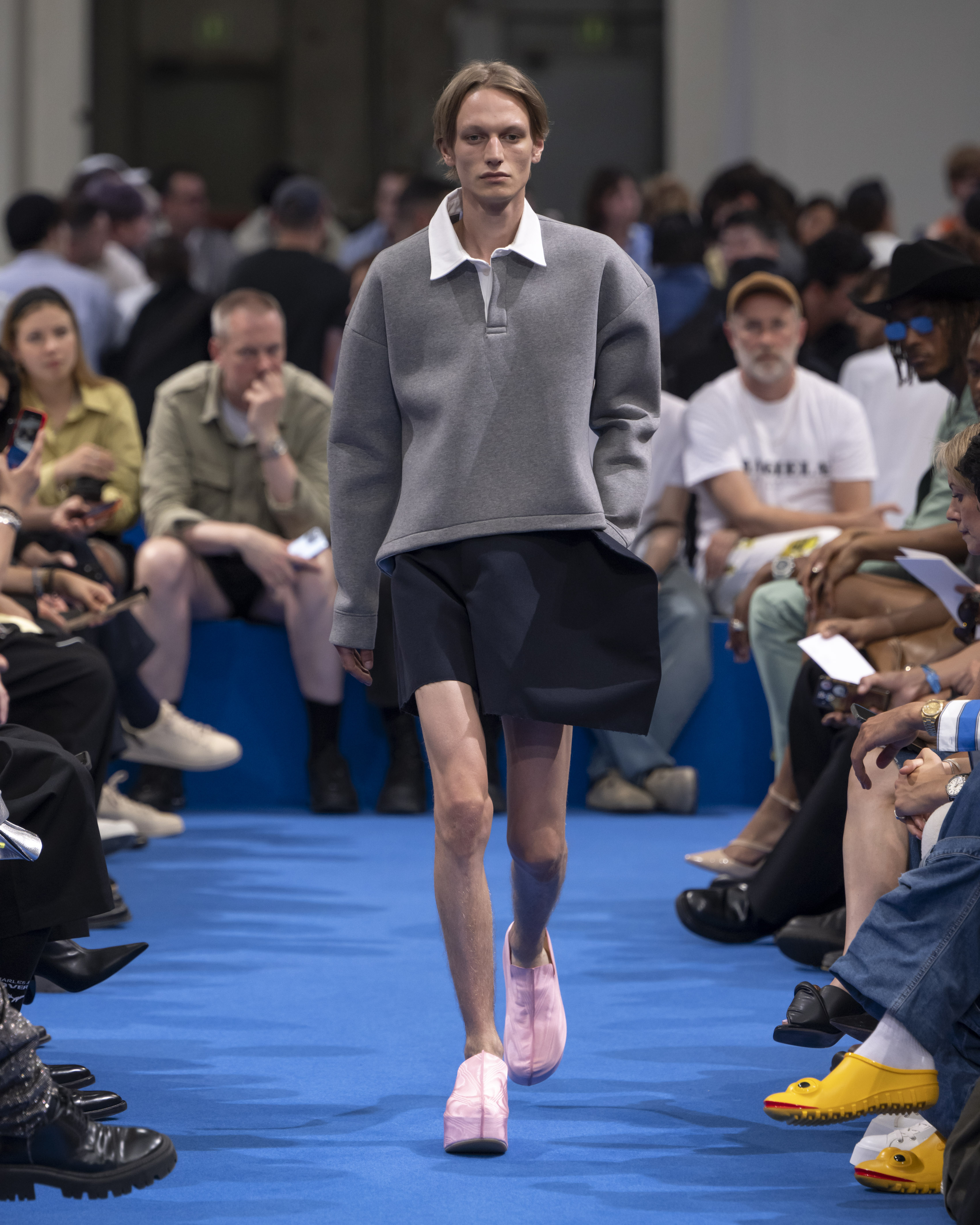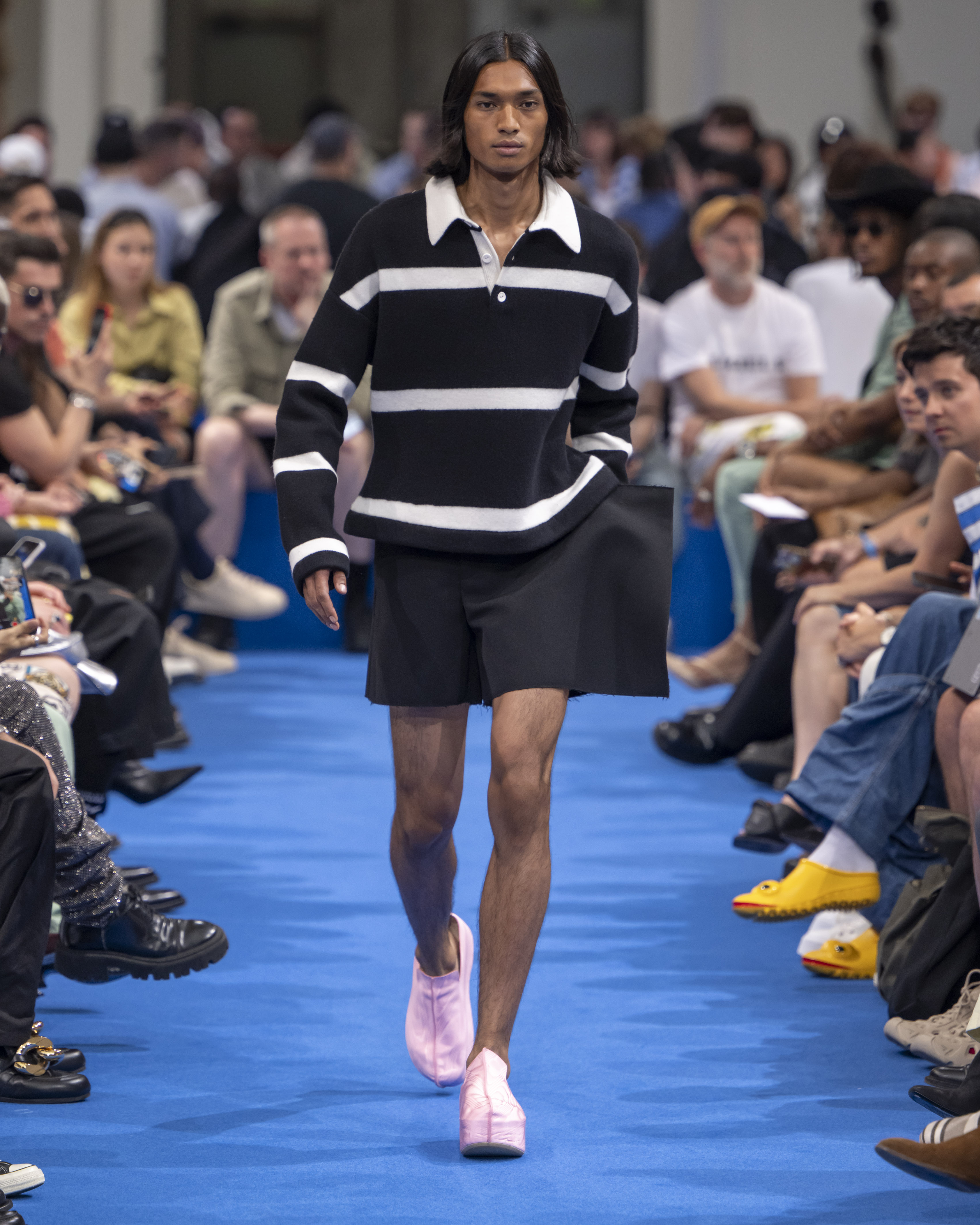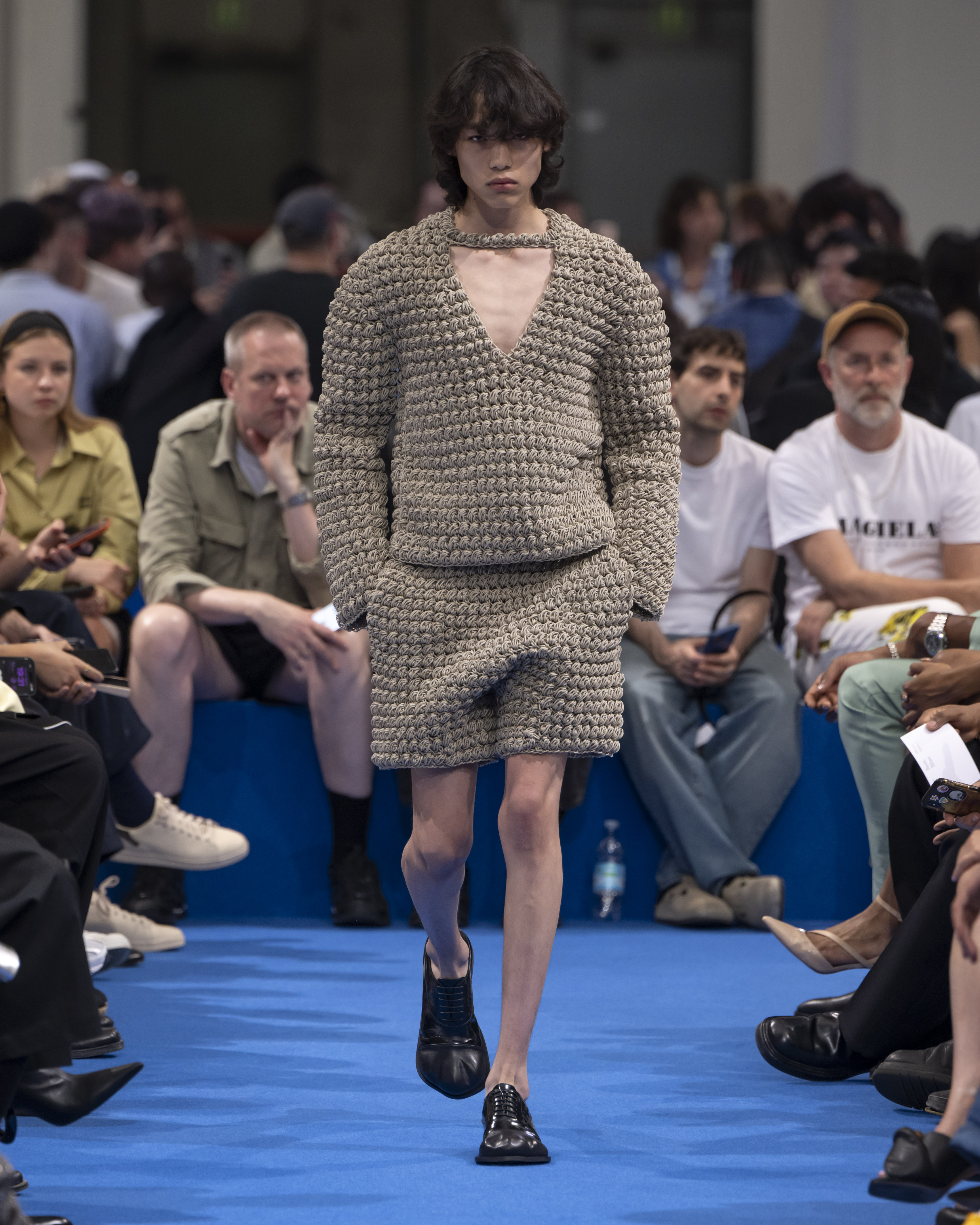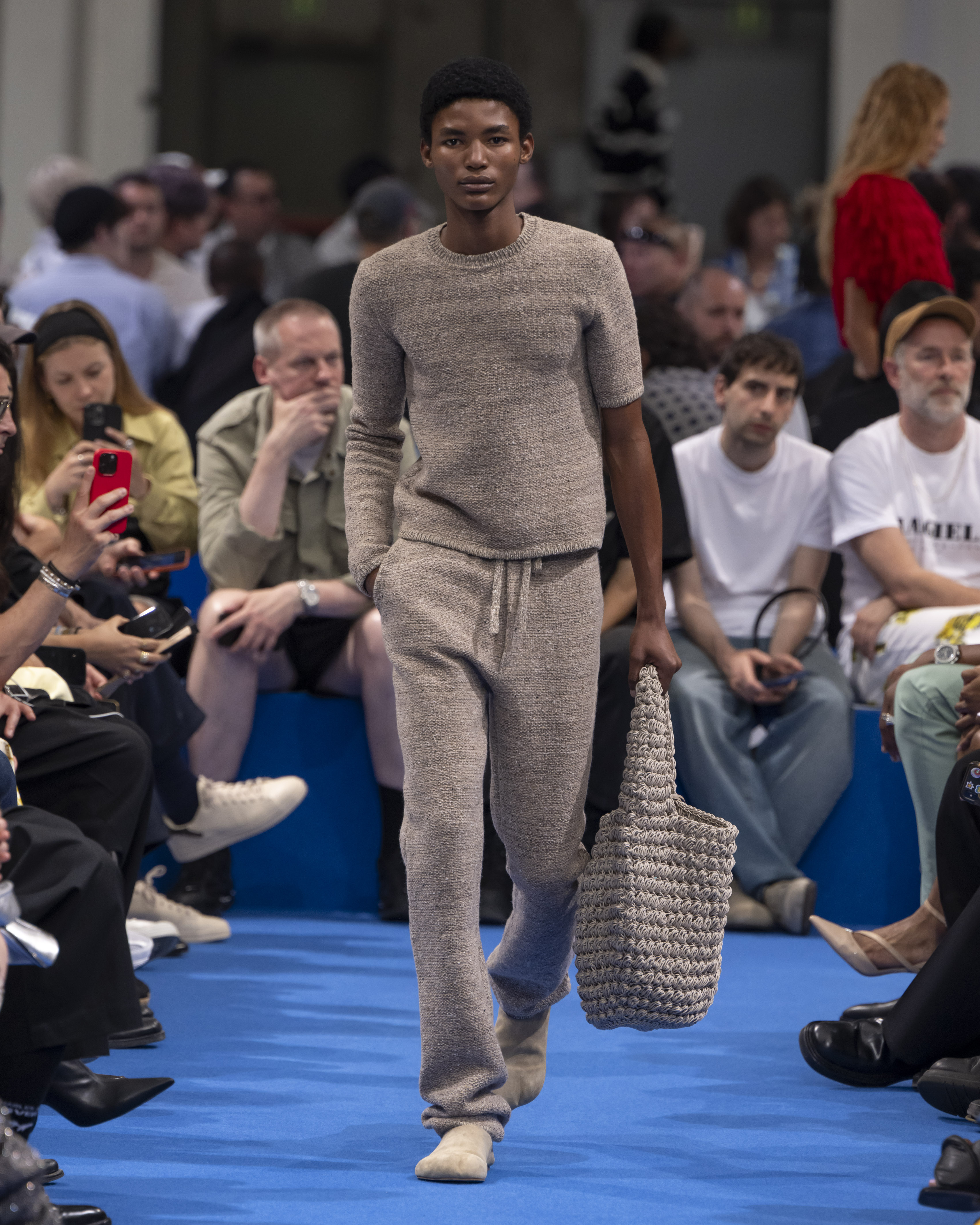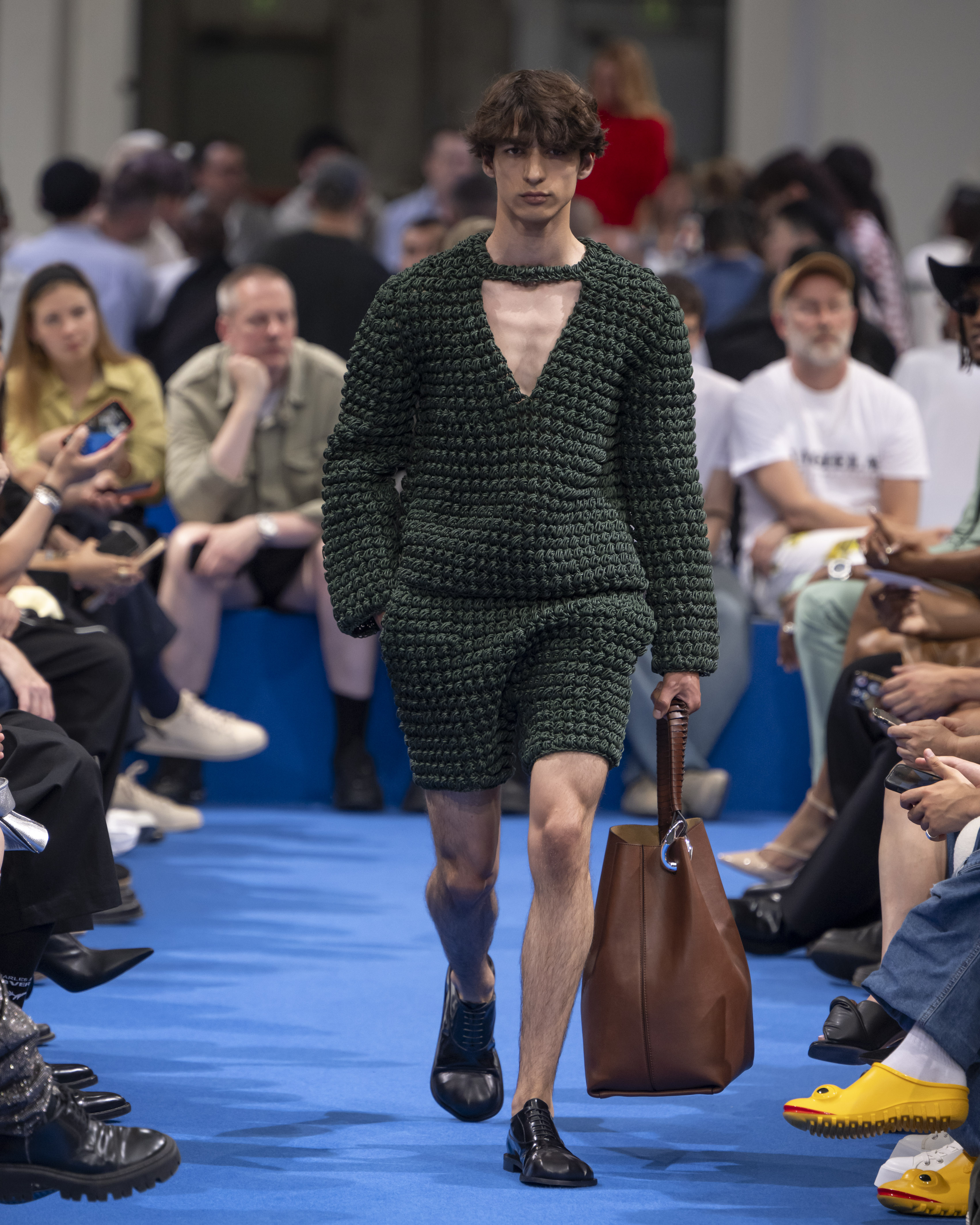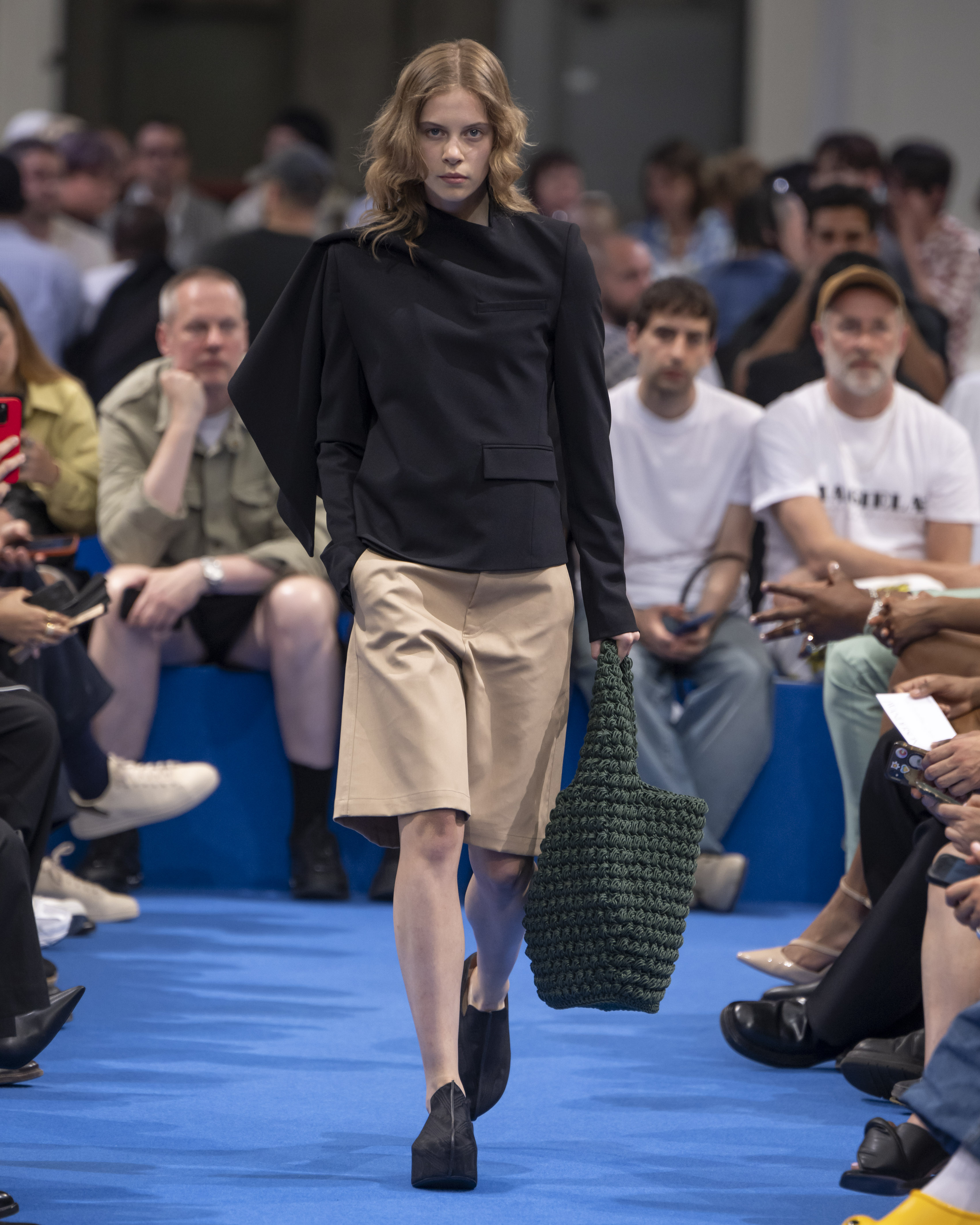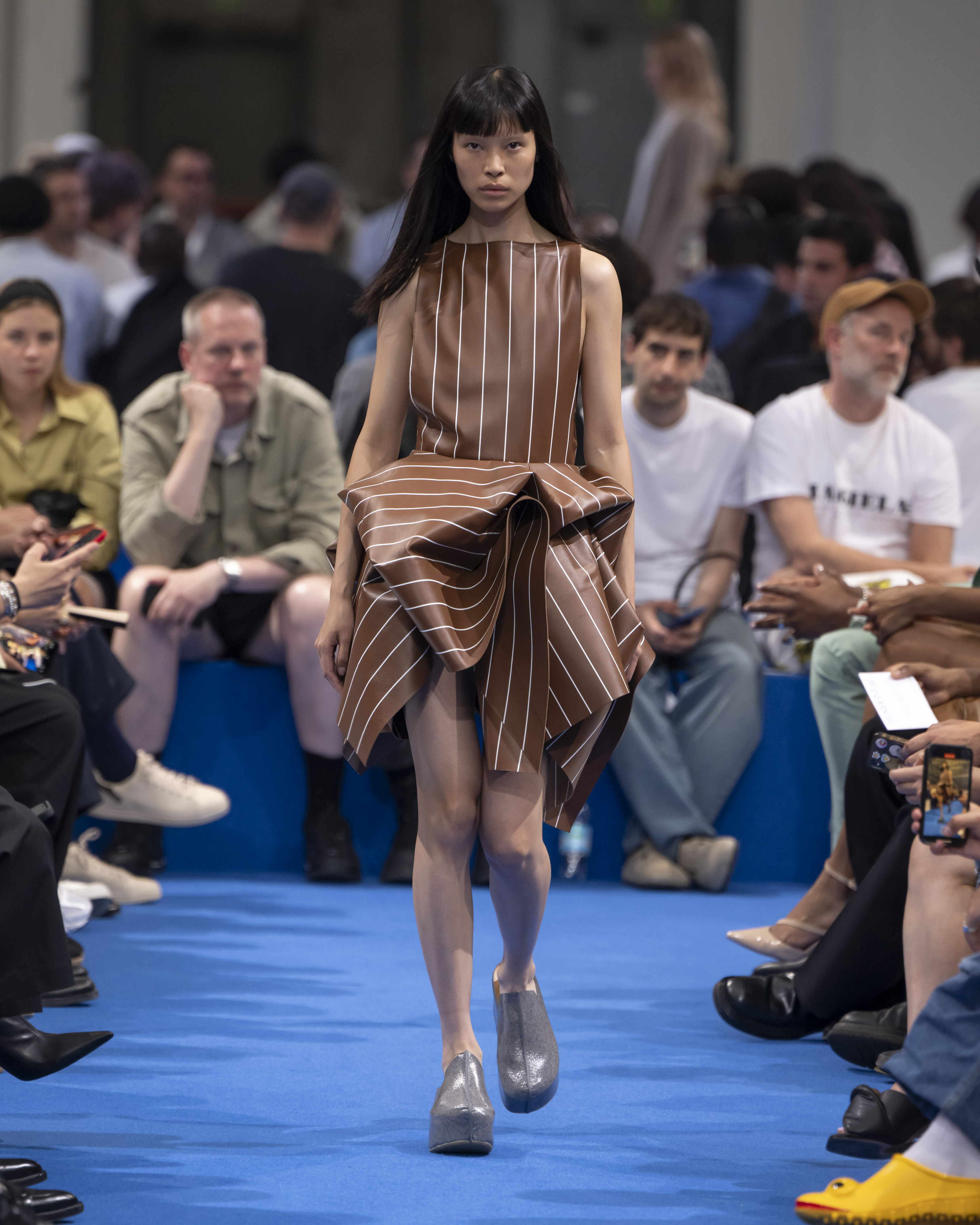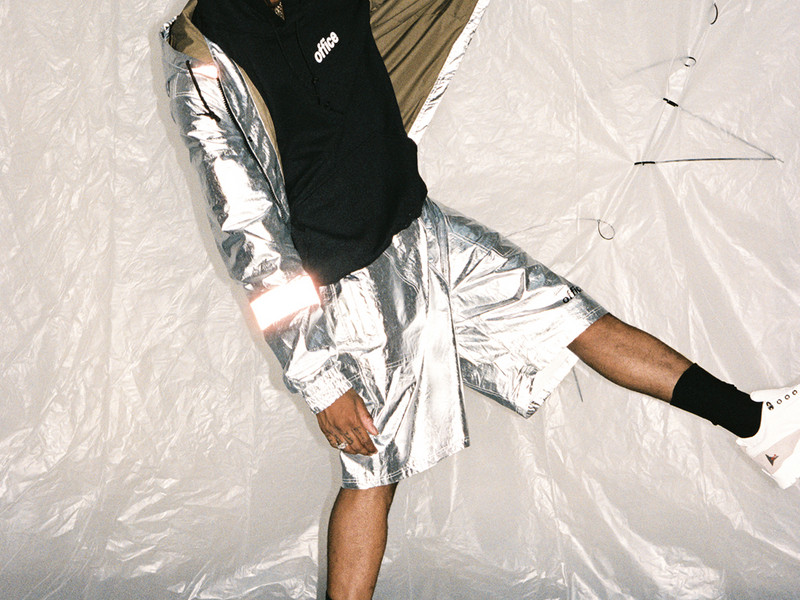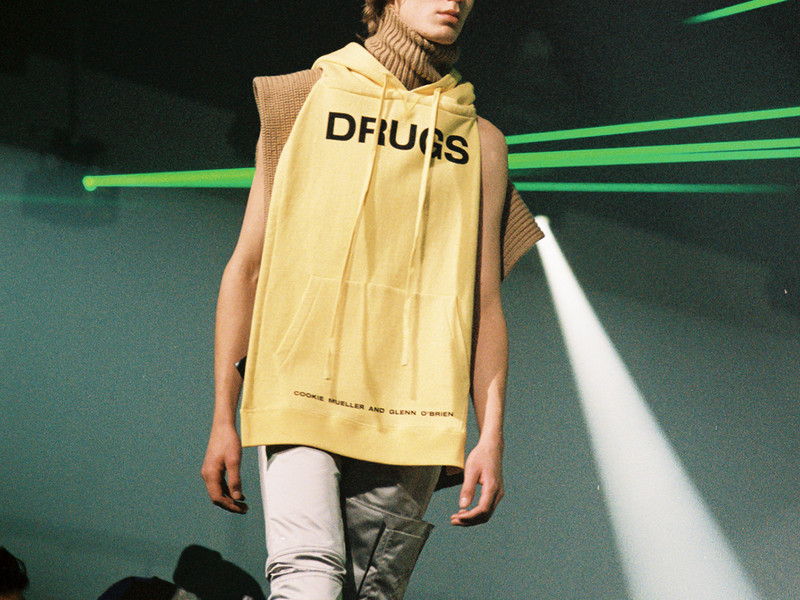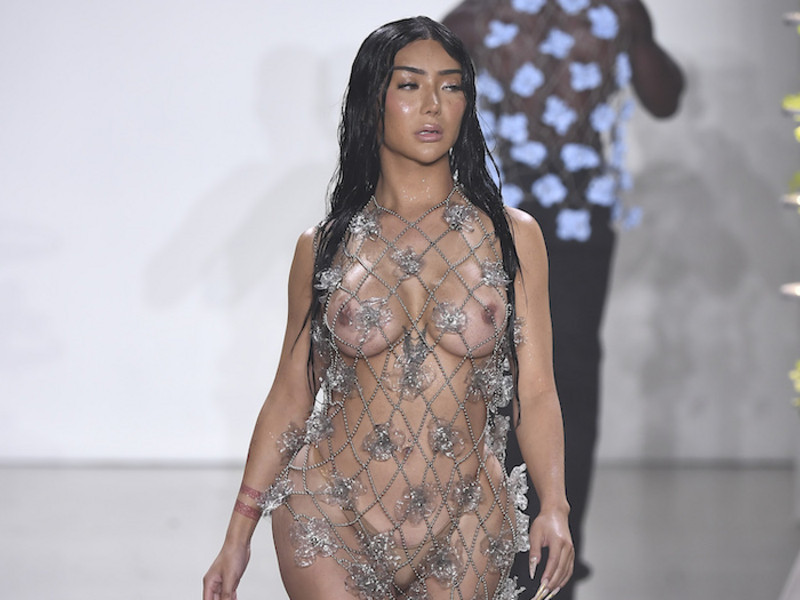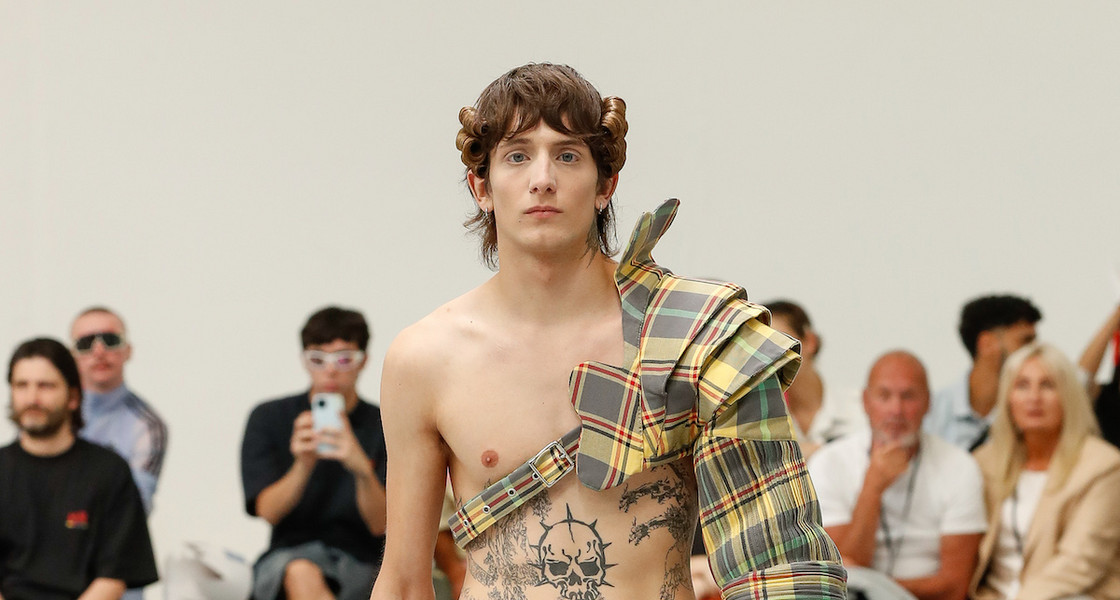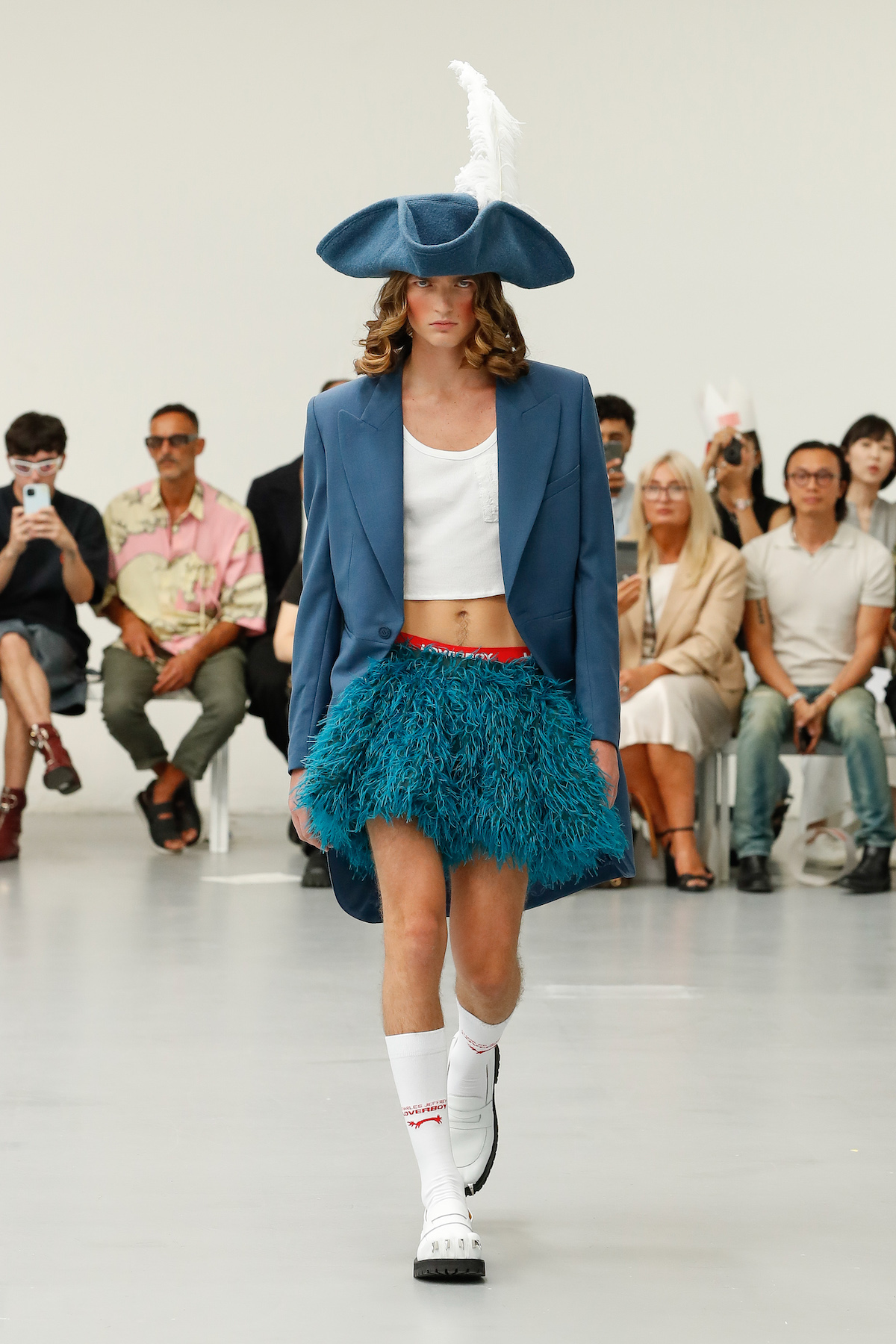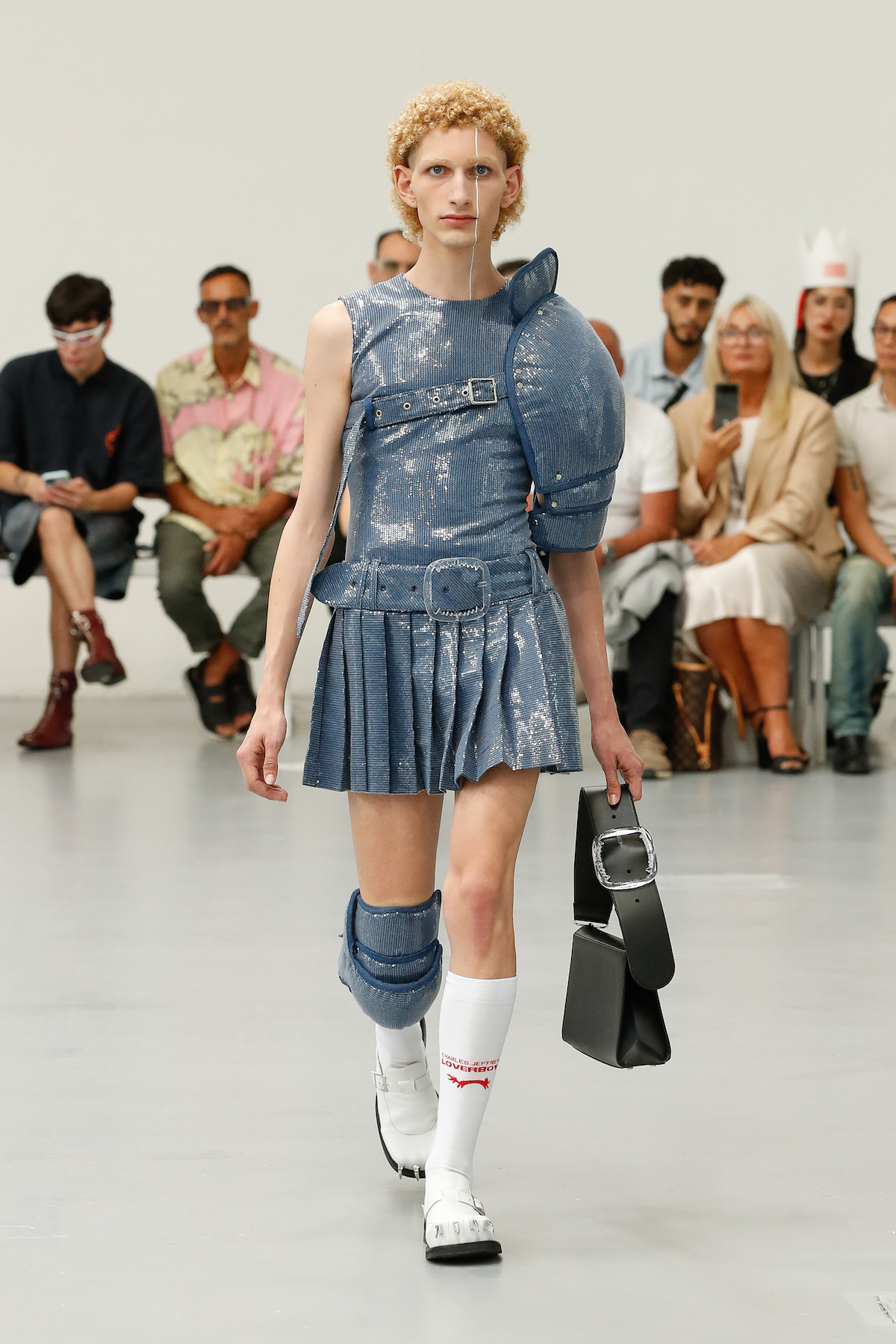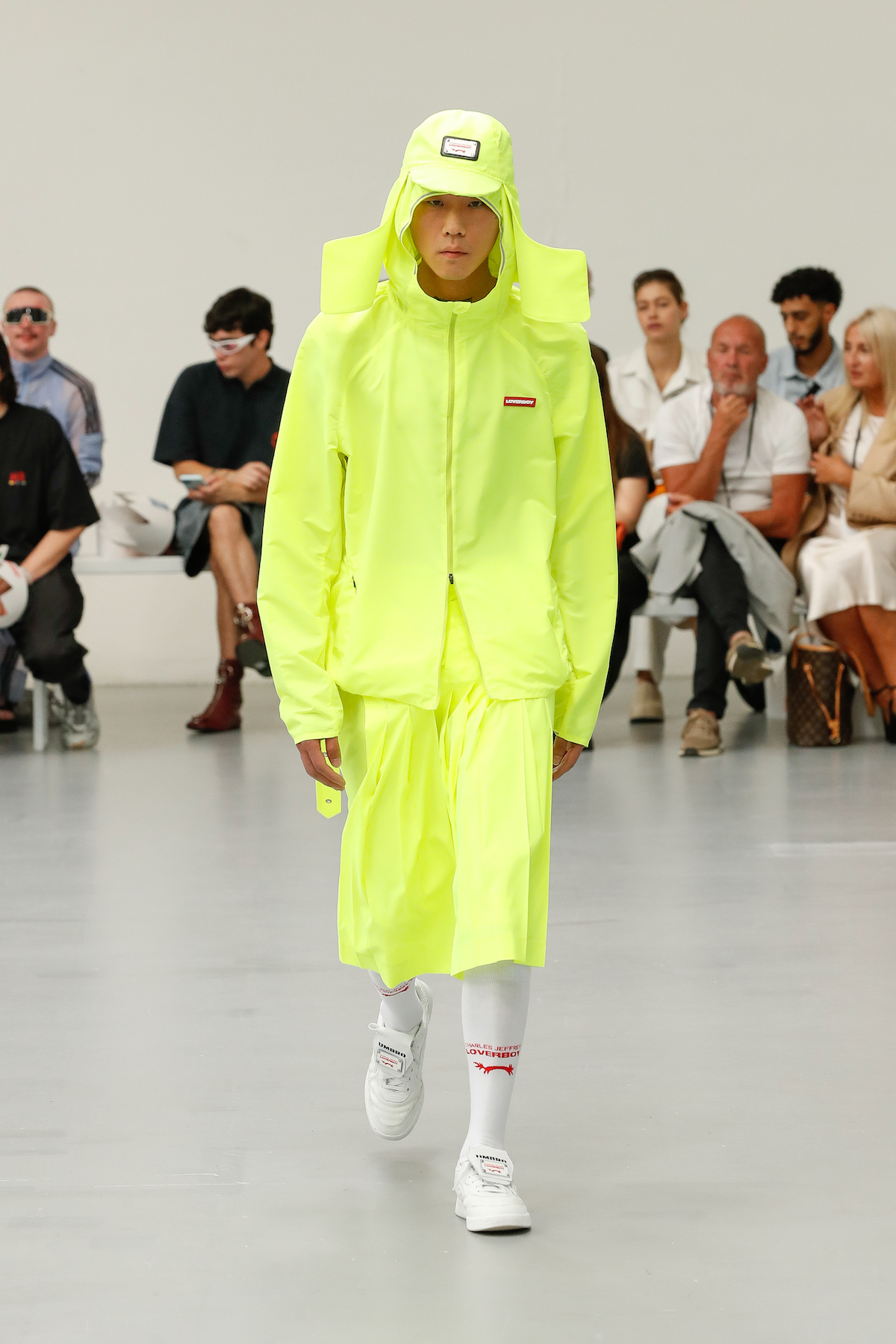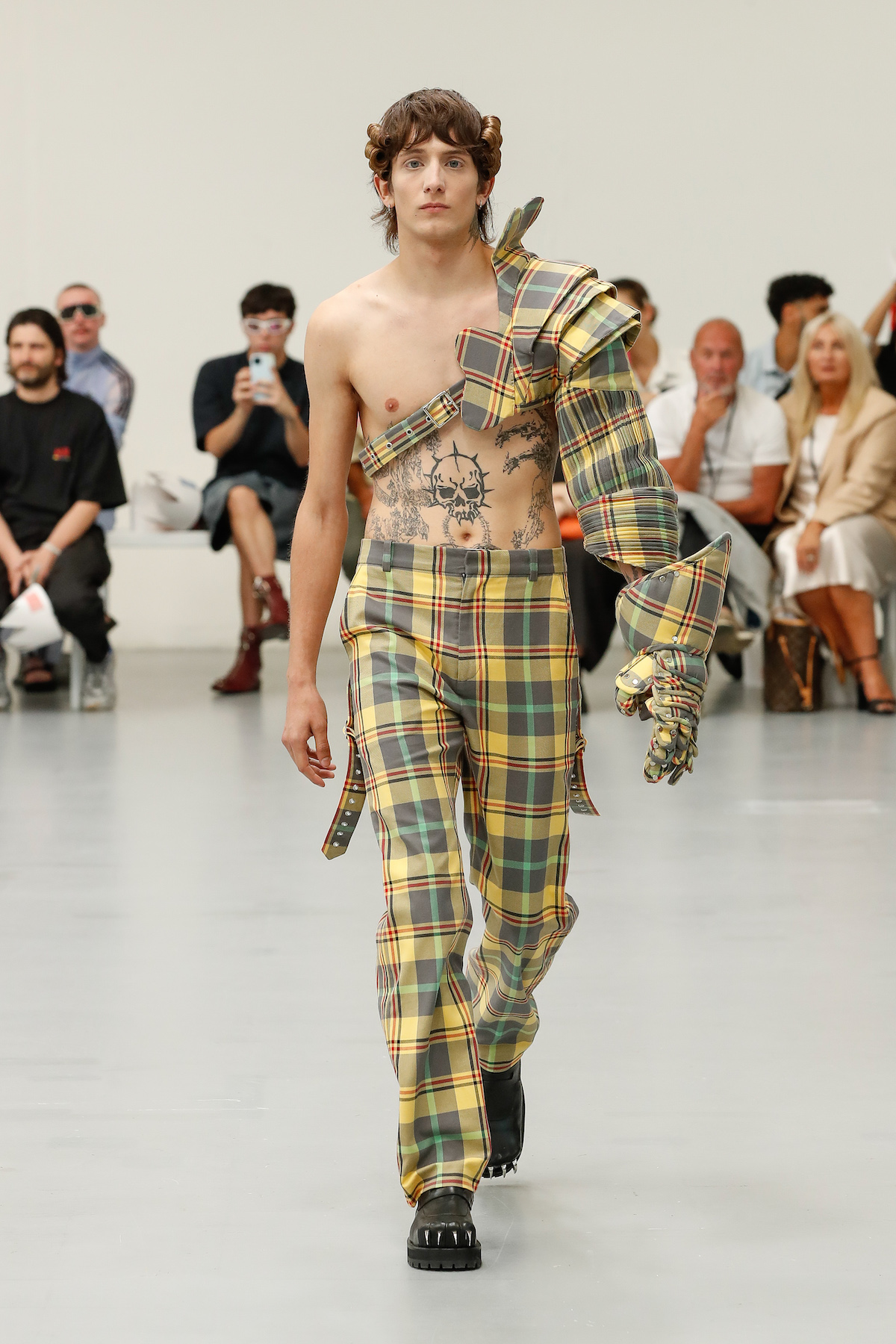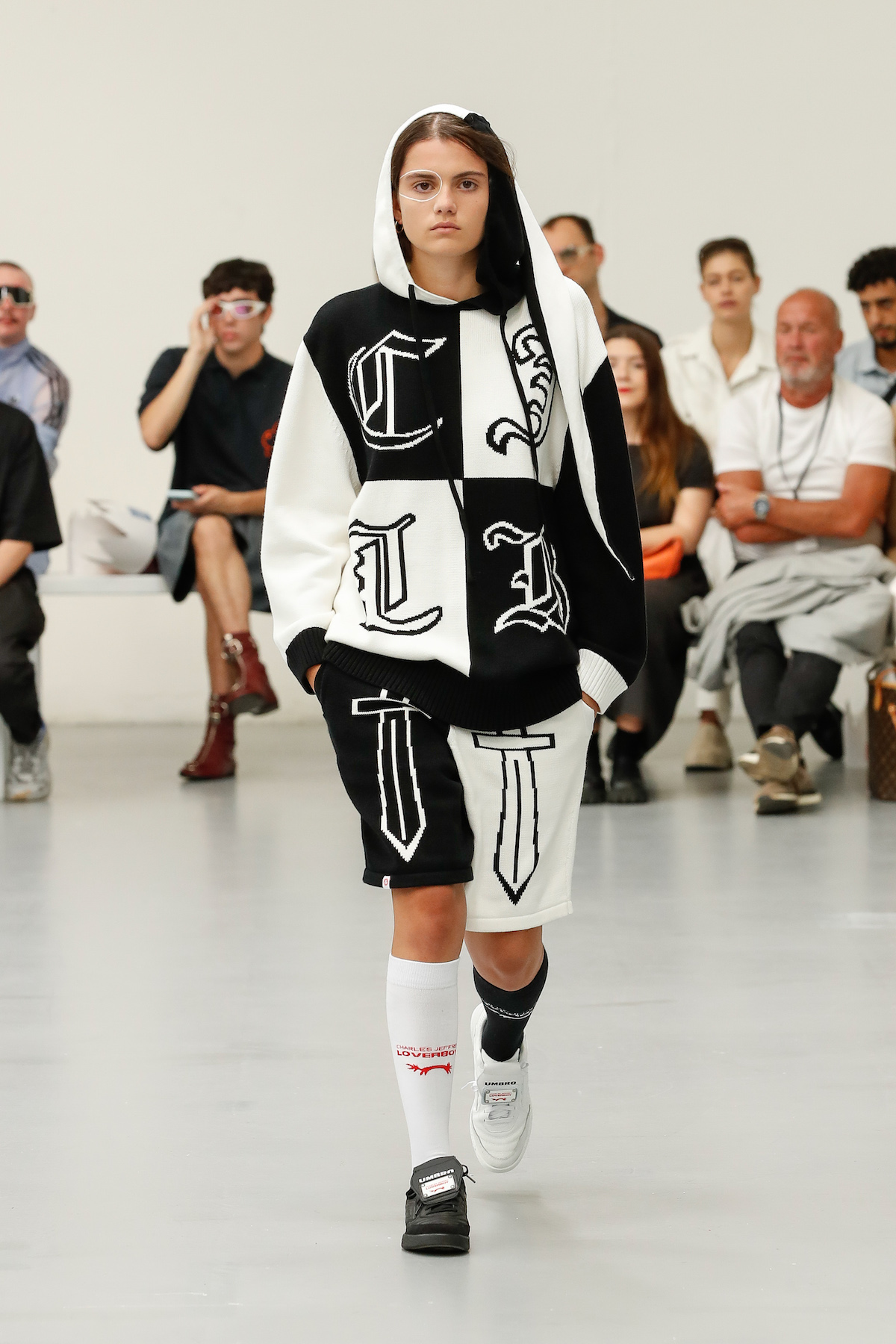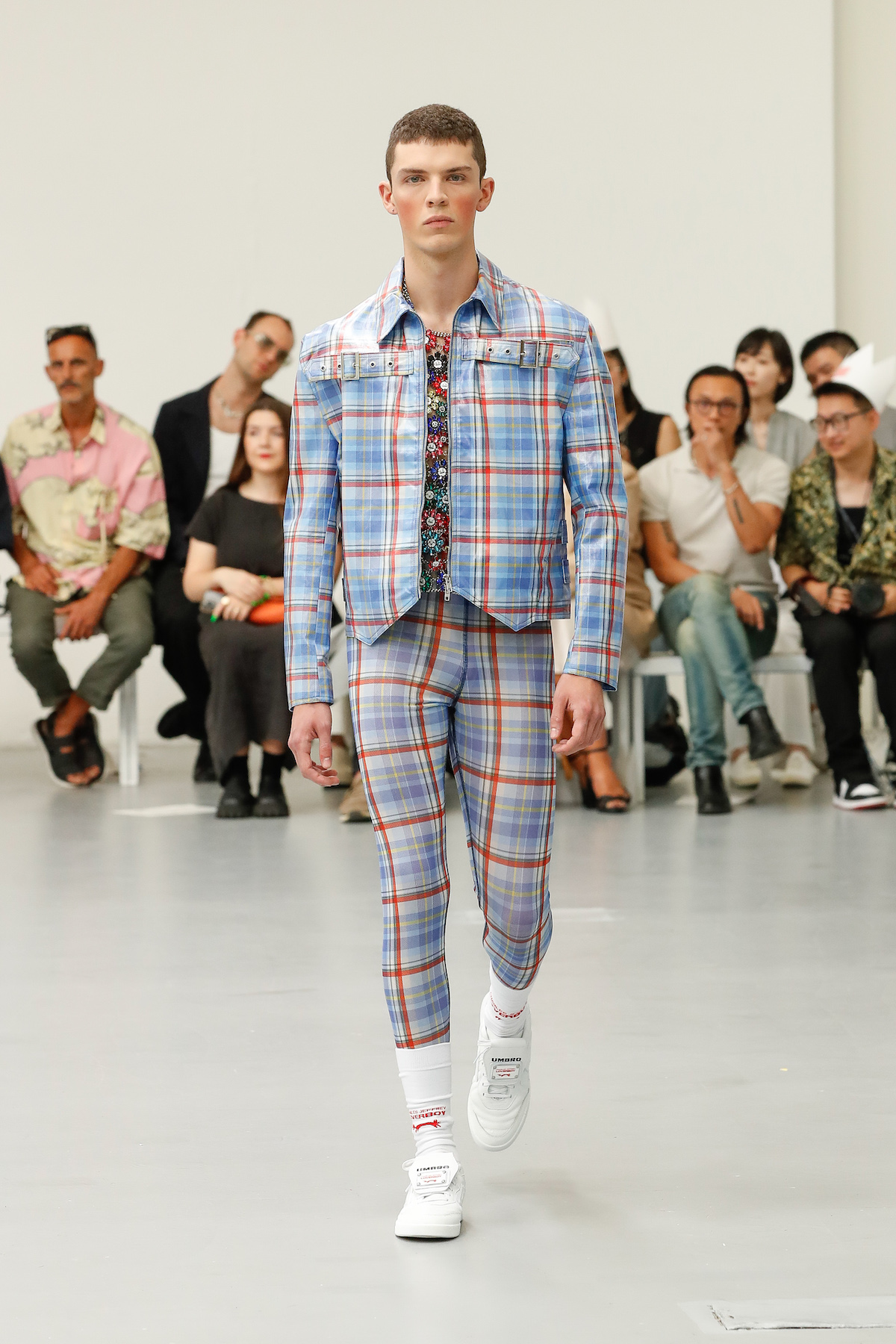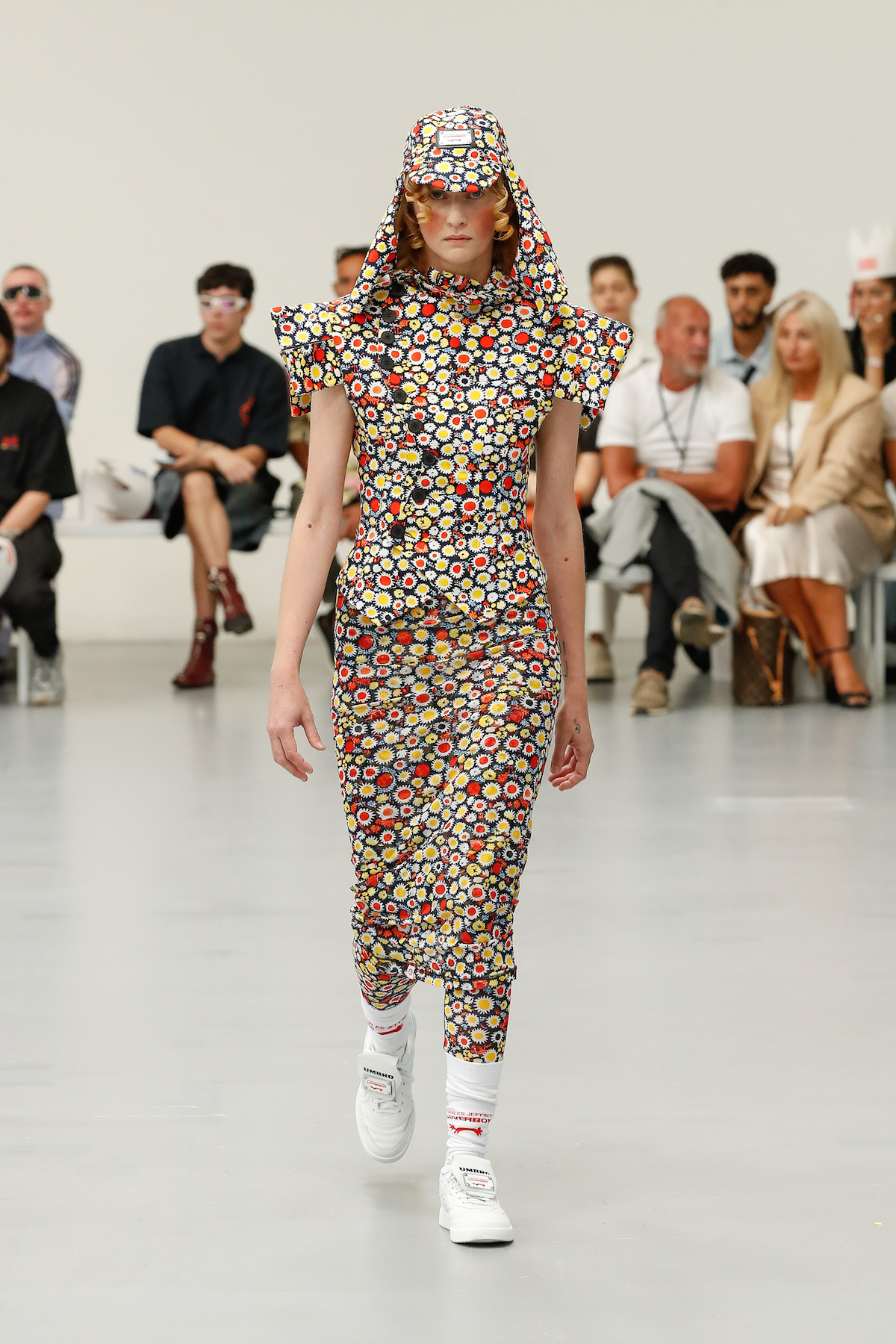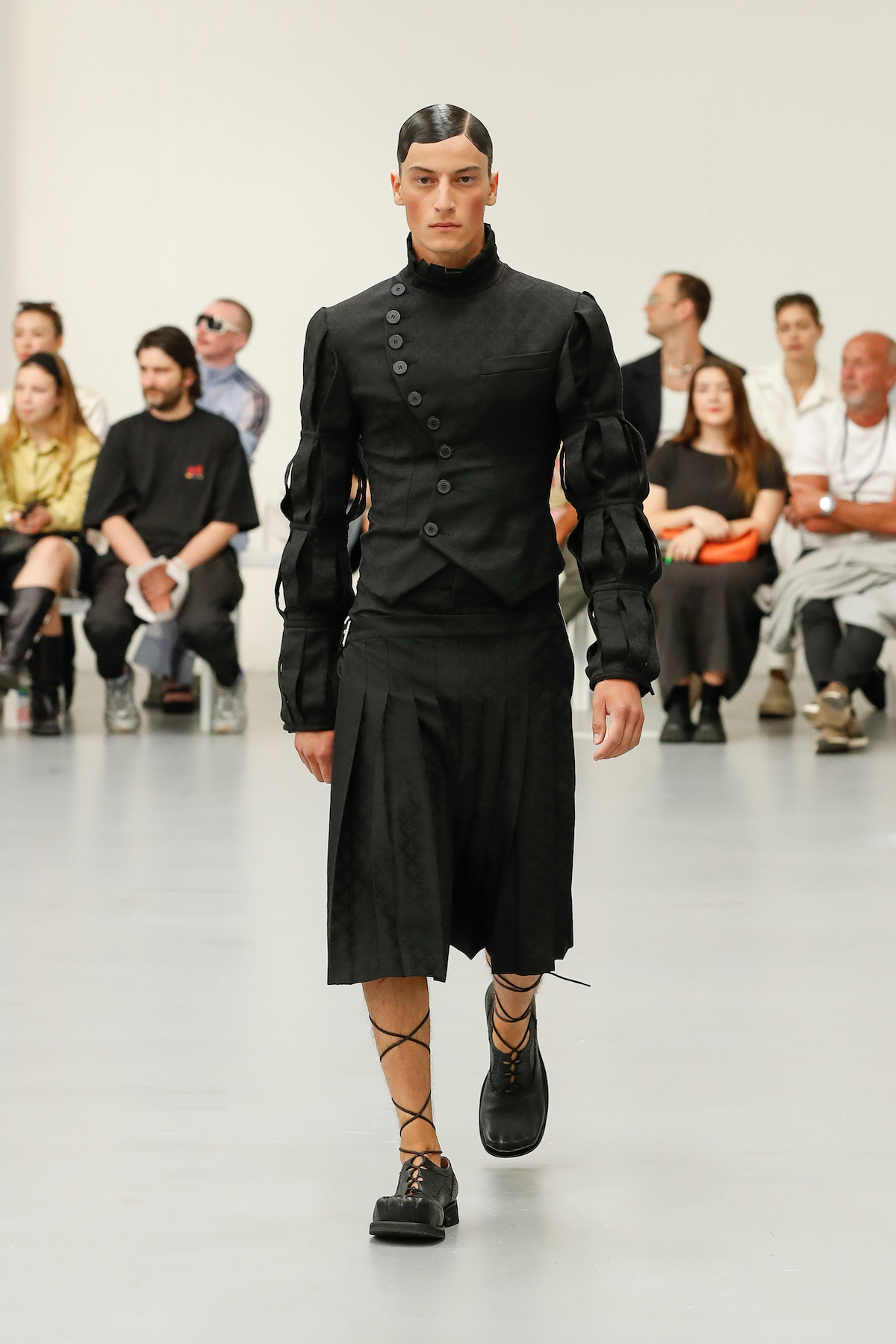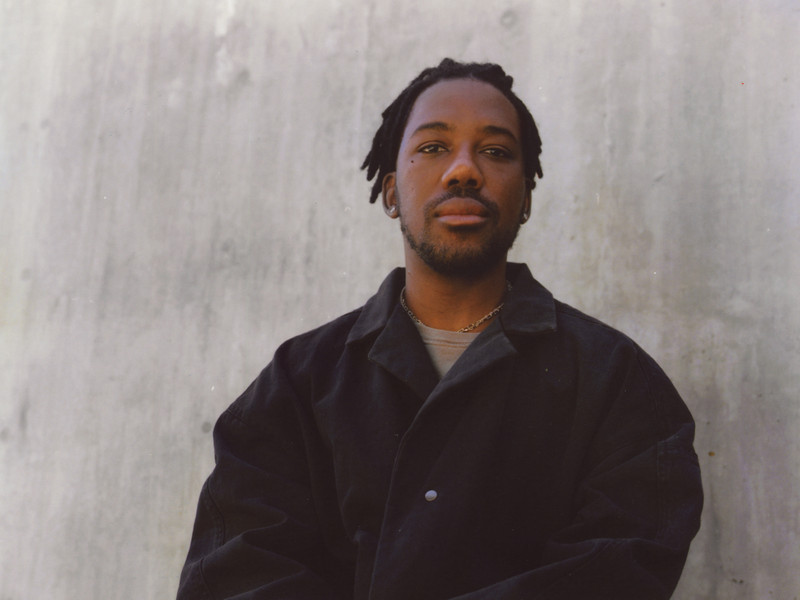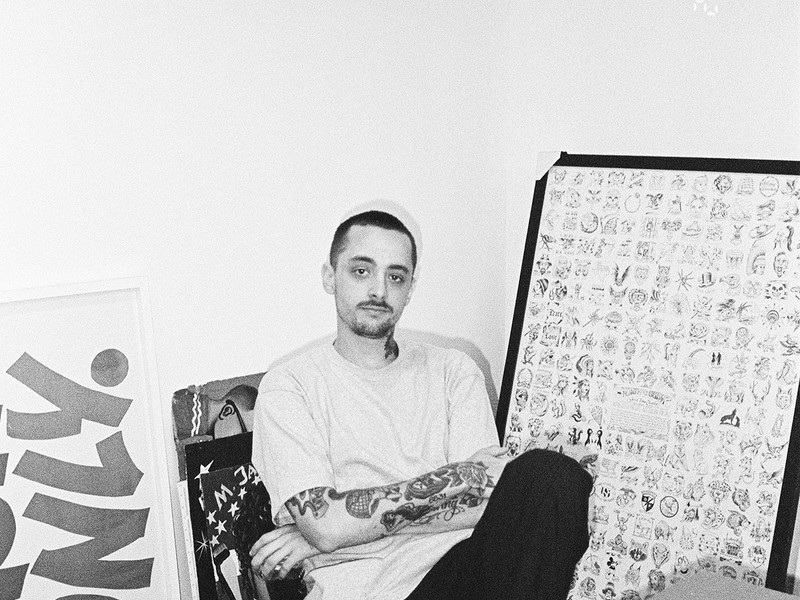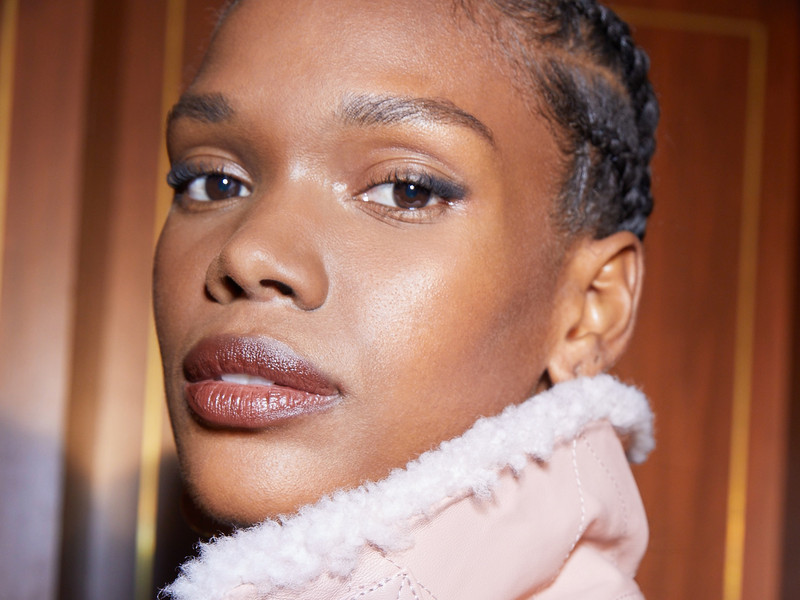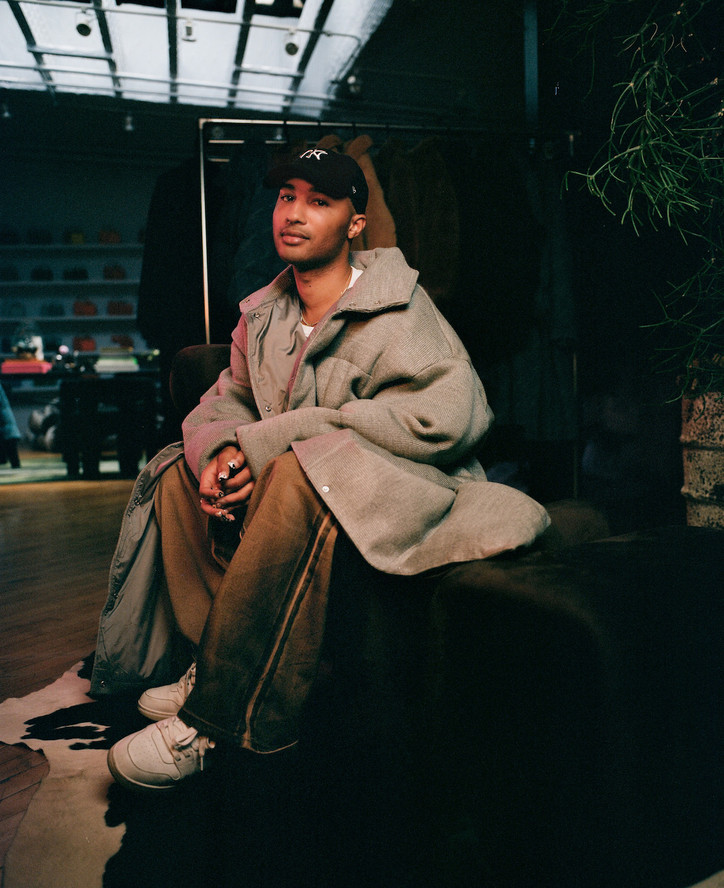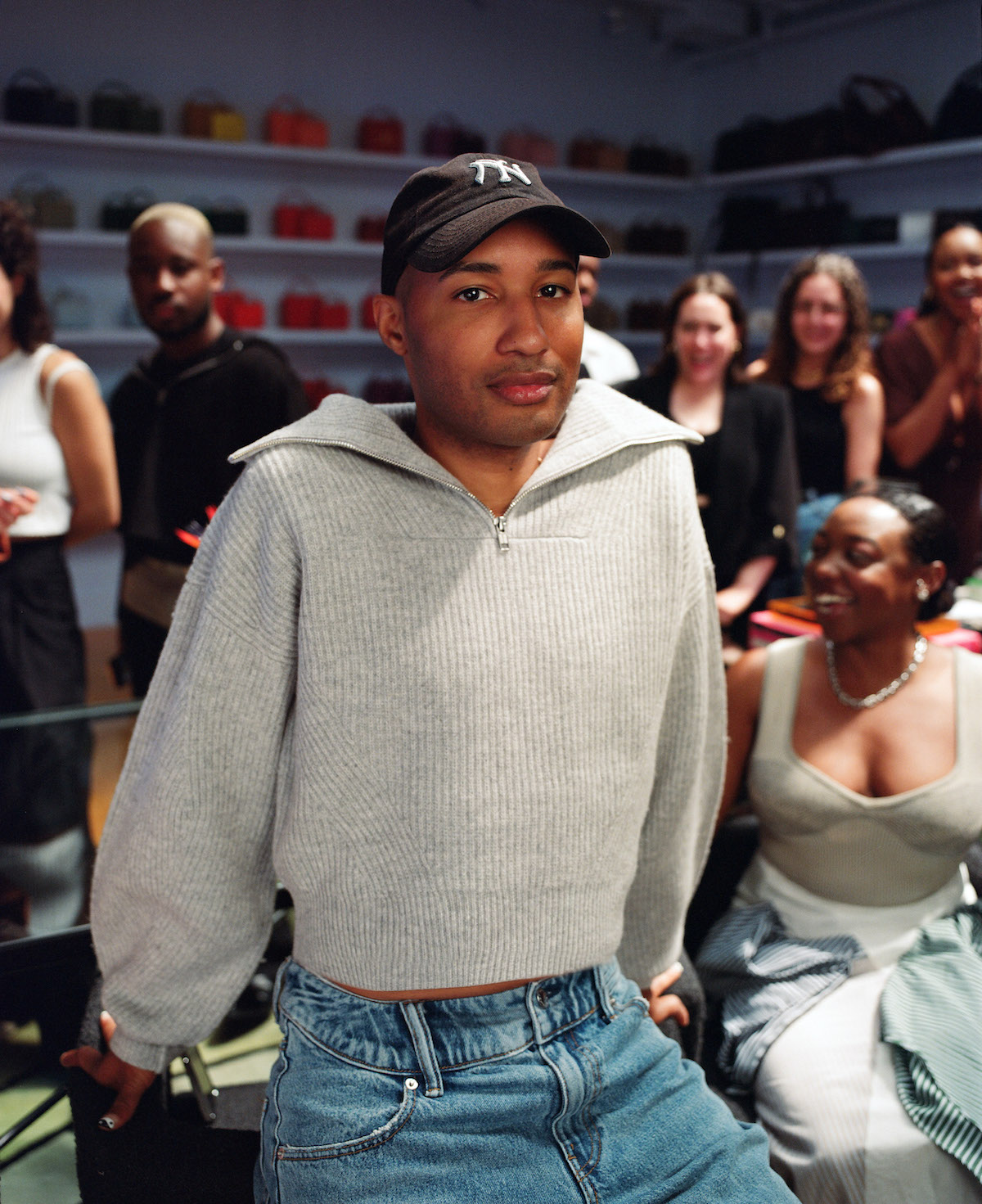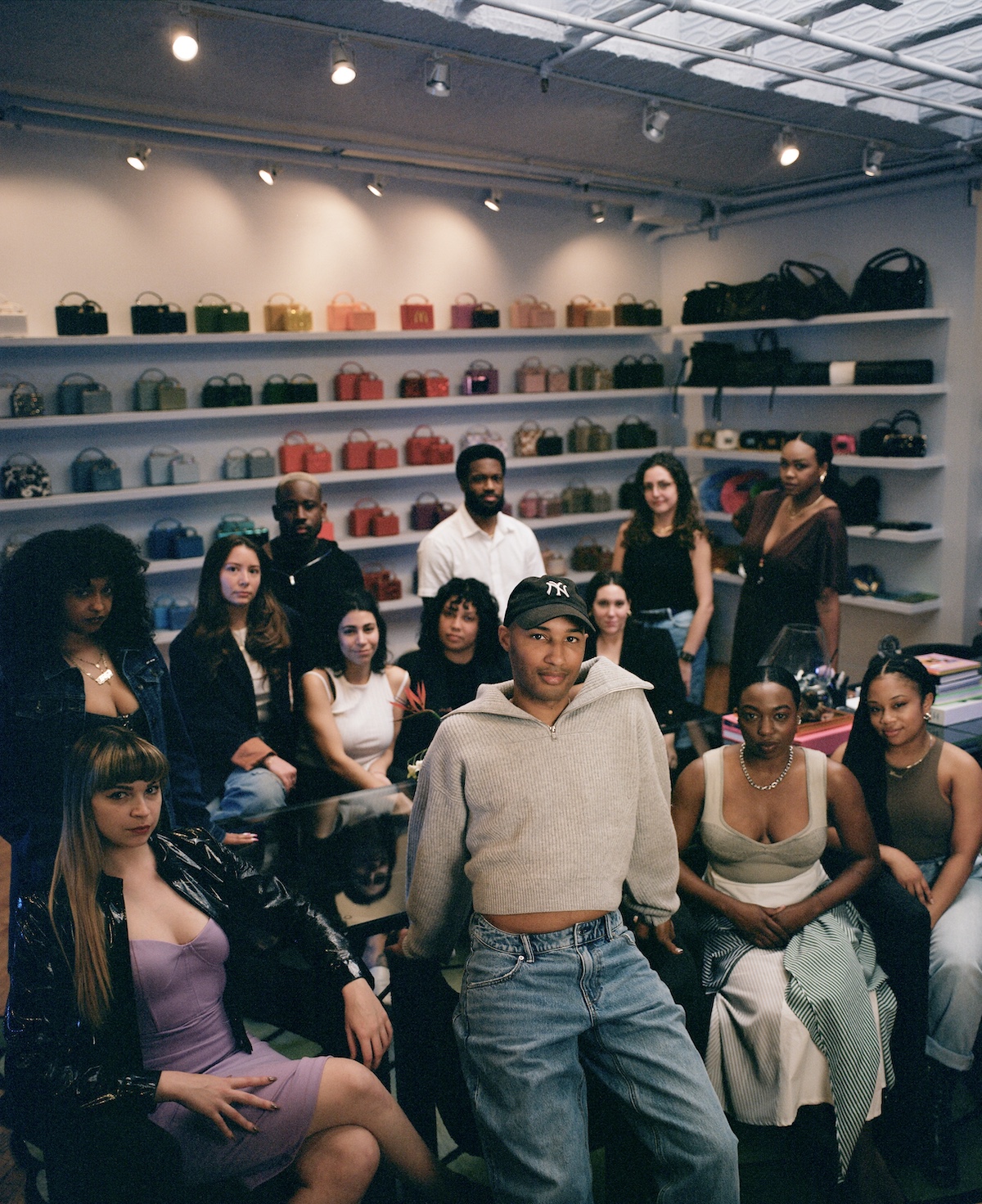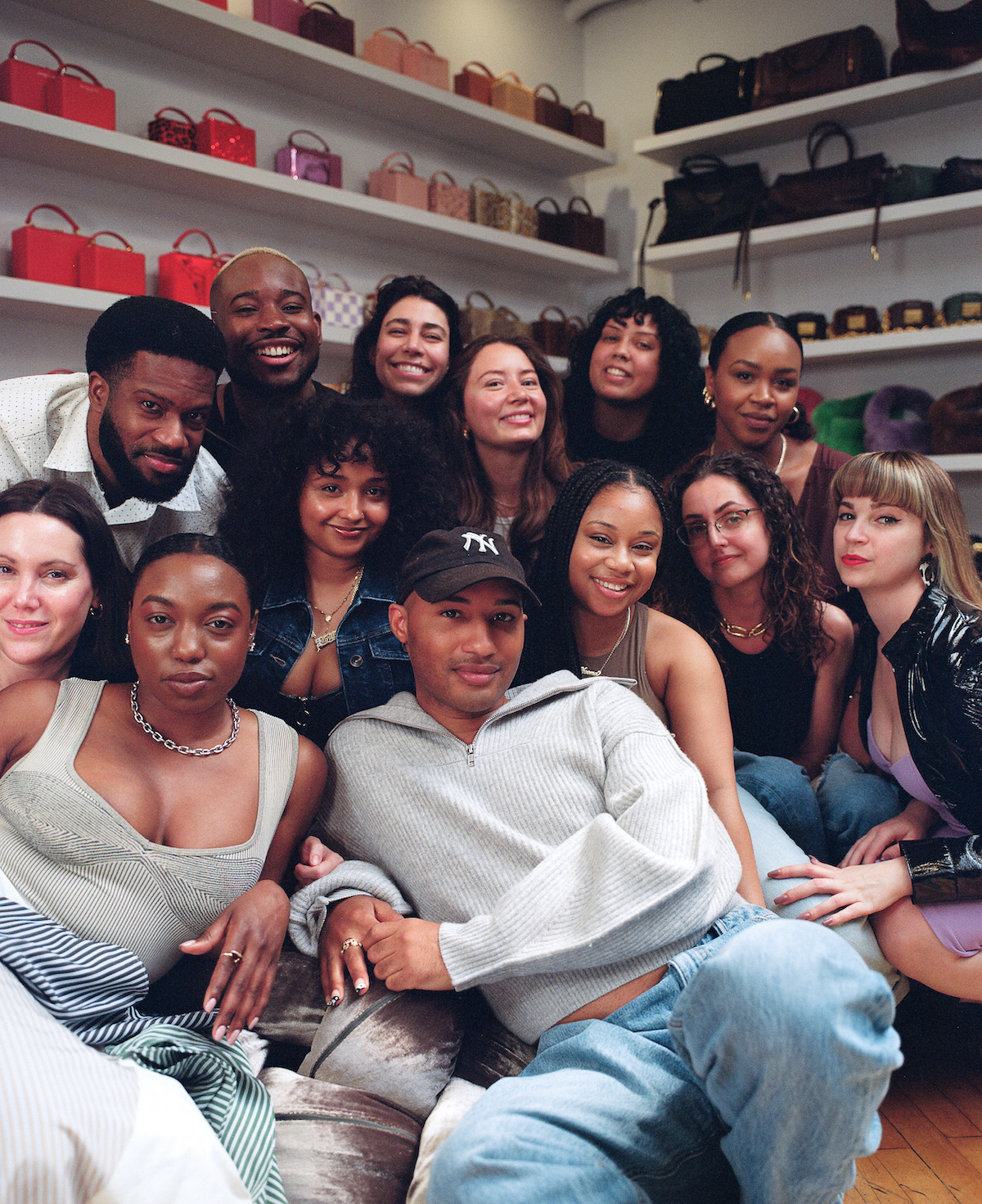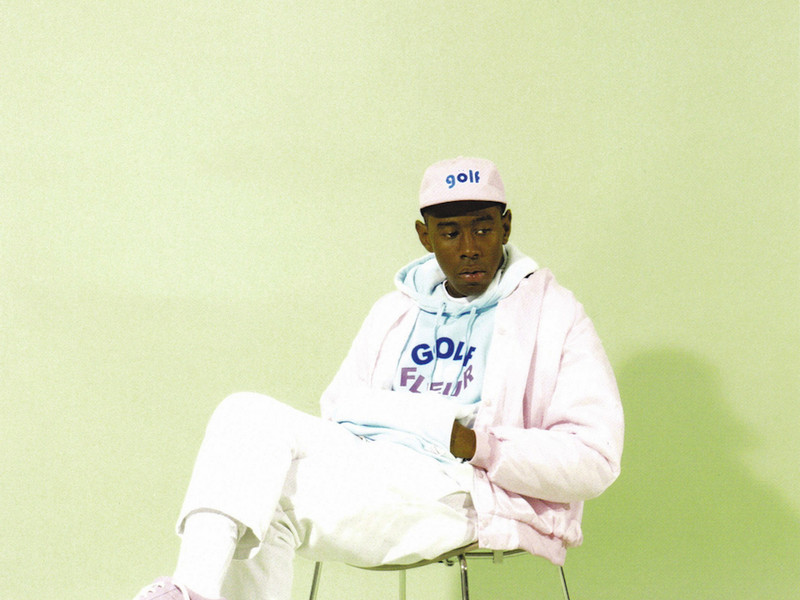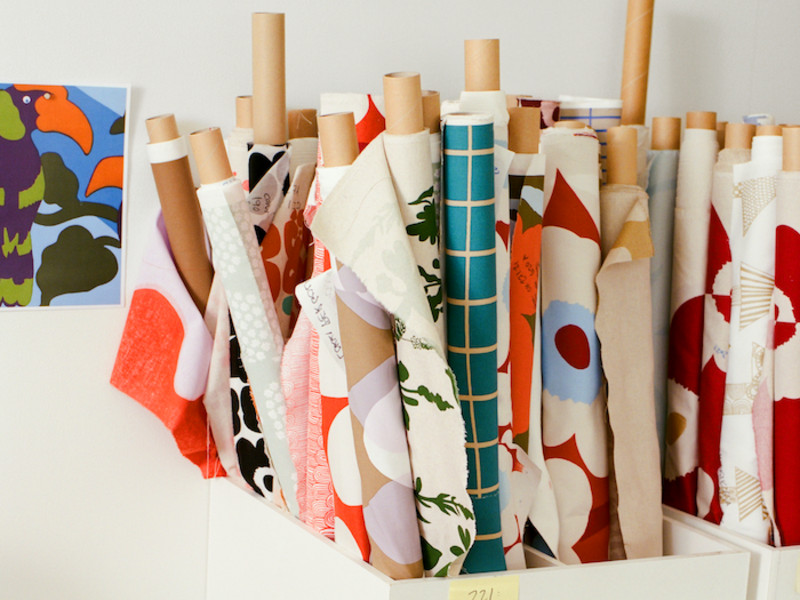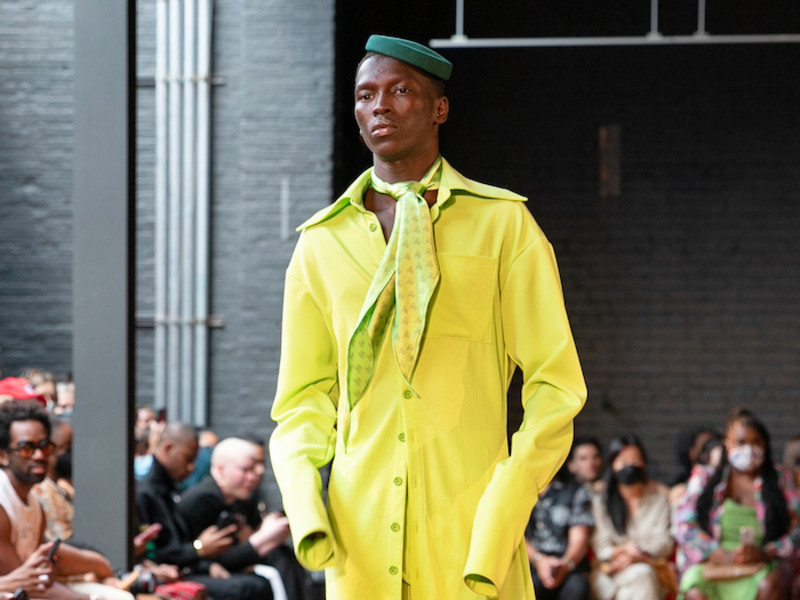Can you share with us a bit about yourself, your journey, and how you found your passion for the fashion industry?
I majored in neuroscience at Bard College and during my summers I would intern at places like NYLON without my parents knowing. When I graduated, and I didn’t know they would do this, they read aloud our senior thesis and I did mine on Diane Von Furstenberg’s iconic “Wrap Dress” and let’s just say – it was a quiet ride home. After I graduated, I ended up working at a Buy Sell Trade store and made myself a backpack just because. Some of the stylists and editors that visited the store, noticed it, and so in 2015, I decided to launch my company with three styles, one being that backpack I made for myself – The Portmore.
Your personal story and background are incredibly inspiring. What inspired you to pursue a career in design, and how did your intersectional identity shape your creative path? How do you navigate and reconcile the different aspects of your identity to create meaningful and authentic designs?
Growing up my mom always dressed up for work, I saw how much effort she put into how she looked and it influenced me in my own fashion journey. My designs are inspired by my family and friends. I always design with them in mind because I want to make sure I have something for everybody – a style my grandma would love or something for my 18 yr old cousin.
Representation is so important for marginalized communities. How do you approach the challenge of creating fashion that is not only inclusive but also authentically represents the diverse identities within the Black queer community?
That’s why I started my line with handbags because they’re sizeless in that sense and everyone can wear a bag. When I decided to move into shoes I made sure I created for everyone by having a wide size range (35-44). It was also important to me to make something that my friends and family could afford. When you start a business they are your biggest supporters, and sometimes brands make the mistake of making items way too pricey – it was always important to me to keep everything at an accessible price.
Maintaining authenticity and a real voice is crucial in today's world. How do you ensure that your brand stays true to your vision while navigating the pressures and expectations of the fashion industry?
It can be hard to not look at others and think “Oh I could’ve done that.” But I just stay focused by sticking to my vision and what I want to accomplish. I think one thing that has always helped me was looking to my followers or “cousins” as I refer them for advice, this brand is theirs as it is mine. I started this brand having no idea what I was doing and I have just learned along the way.
Fashion is often seen as a reflection of society. What role does fashion play in challenging norms, breaking stereotypes, and reshaping narratives? How can it be a catalyst for change and empower individuals to embrace their authentic selves?
Style right now is all about individuality, if you like what you wear and feel powerful you look great. We are in a time where people are celebrated by being their true selves vs. following “trends” and it’s a really cool place to be.
Collaboration and community are essential for growth and progress. Can you share any experiences where collaboration with other black creatives or organizations has elevated your work or allowed for new opportunities?
The collaboration with Black in Fashion Fair x Basquiat Estate was definitely one of my favorites! It allowed us to work with different mediums. It was an honor to be included!
As a successful entrepreneur and trailblazer in the fashion industry, and a source of inspiration for many aspiring creatives, what advice would you give to those who are just starting their journey? Are there any key lessons or principles you've learned that you believe are crucial for success in the industry?
I would say don’t take the word “no” personally. There were so many times I was told no. I just stayed true to my vision and continued to work on my brand. Looking back on it I realized if I had landed these opportunities I wouldn't have been ready to accept it. Sometimes the word no is a good thing - you have to be ready to accept the challenges.
Looking ahead, what are your future aspirations and goals for your brand? How do you envision your work contributing to the continued growth and empowerment of the black queer community and beyond? Looking to the future, what are your aspirations for yourself and your brand?
I am definitely looking forward to expanding my brand. We have so many things in store, I can’t wait to show everyone! In the near future, I’d like to be more of a household name and continue to help out the community with my foundation (The Brandon Blackwood Foundation) which I am officially launching on June 19th.
I also would love to do more fun customs and hopefully be ready to wear soon, it was so incredible making the gown recently for Beyonce and I want to do more moments like that. I want to continue to do the unexpected.
Every success story has its ups and downs. Can you tell us about a specific challenge or setback you faced along the way, and how you overcame it? What valuable lessons did you learn from that experience?
Building my brand was tough because I started out with no fashion training, no mentors, and no investors. I really had to build my brand from the ground up. There were times I thought I couldn’t do it but I persevered. I learned success isn’t a straight line, just when you think it’s over that’s when it really begins.
In addition to your achievements, you have also made an impact on the broader fashion industry and the community. Can you discuss any initiatives or collaborations or wins you have undertaken that have uplifted yourself and others to create positive change?
I created my foundation to uplift our community. We are donating to several organizations such as The Door, The Lawyer’s Committee, and many more.
